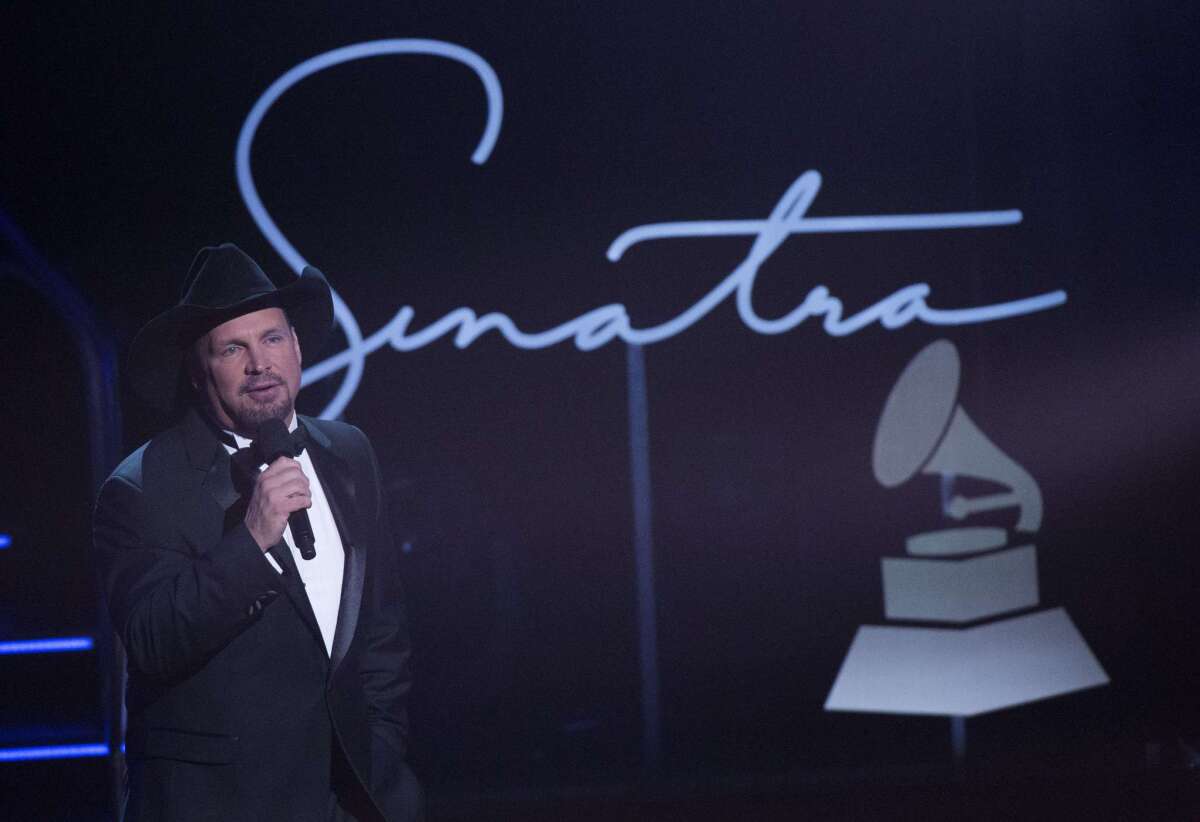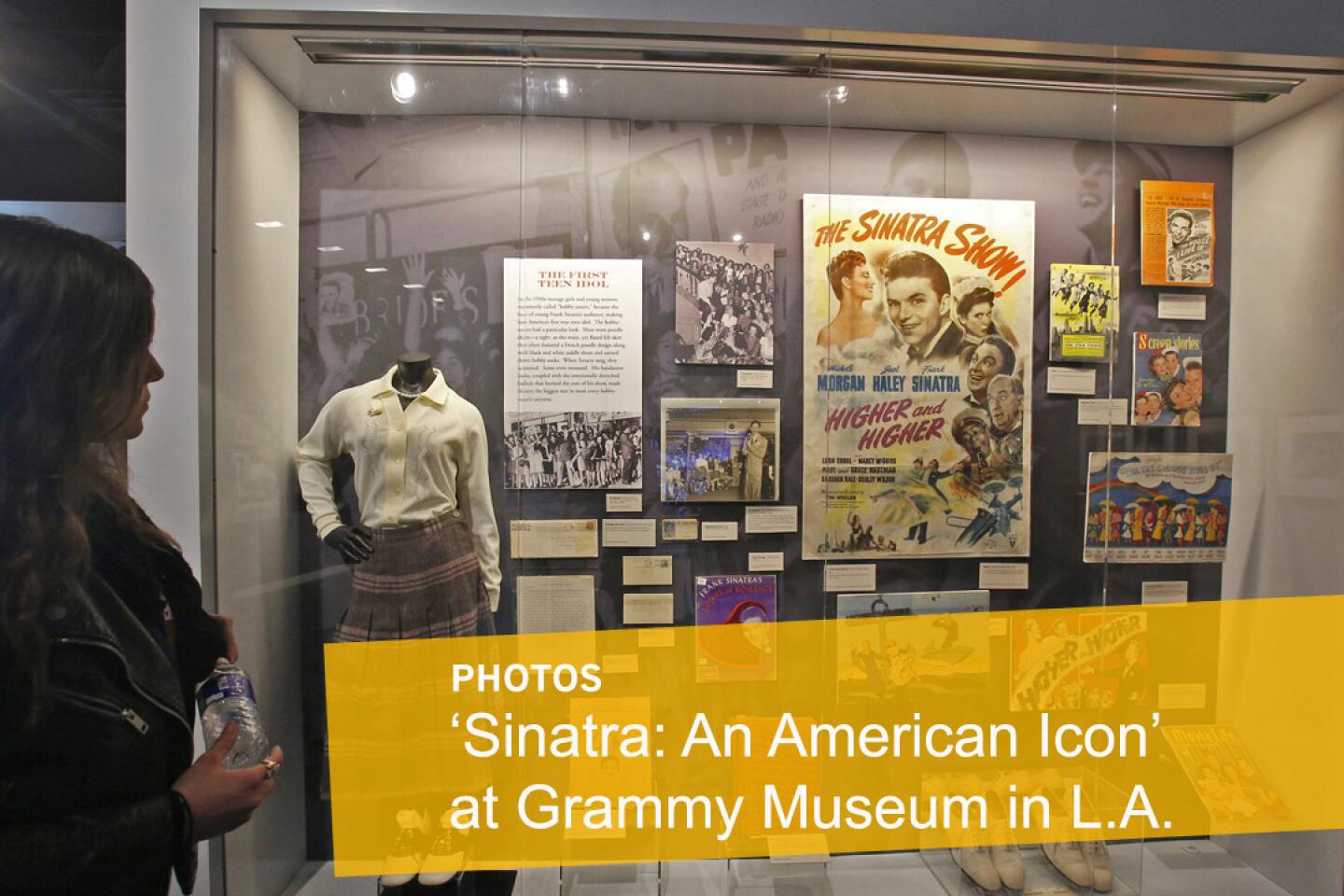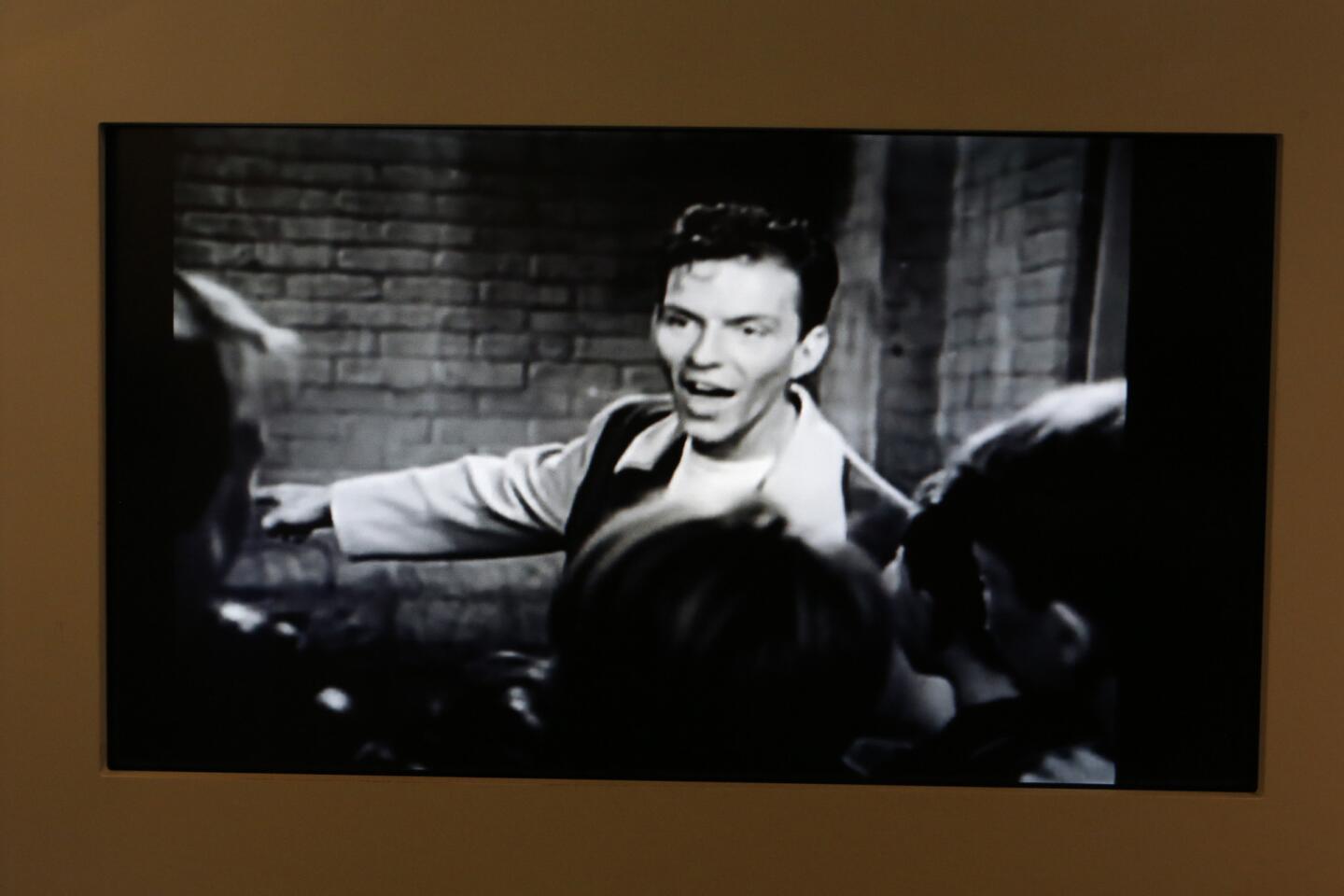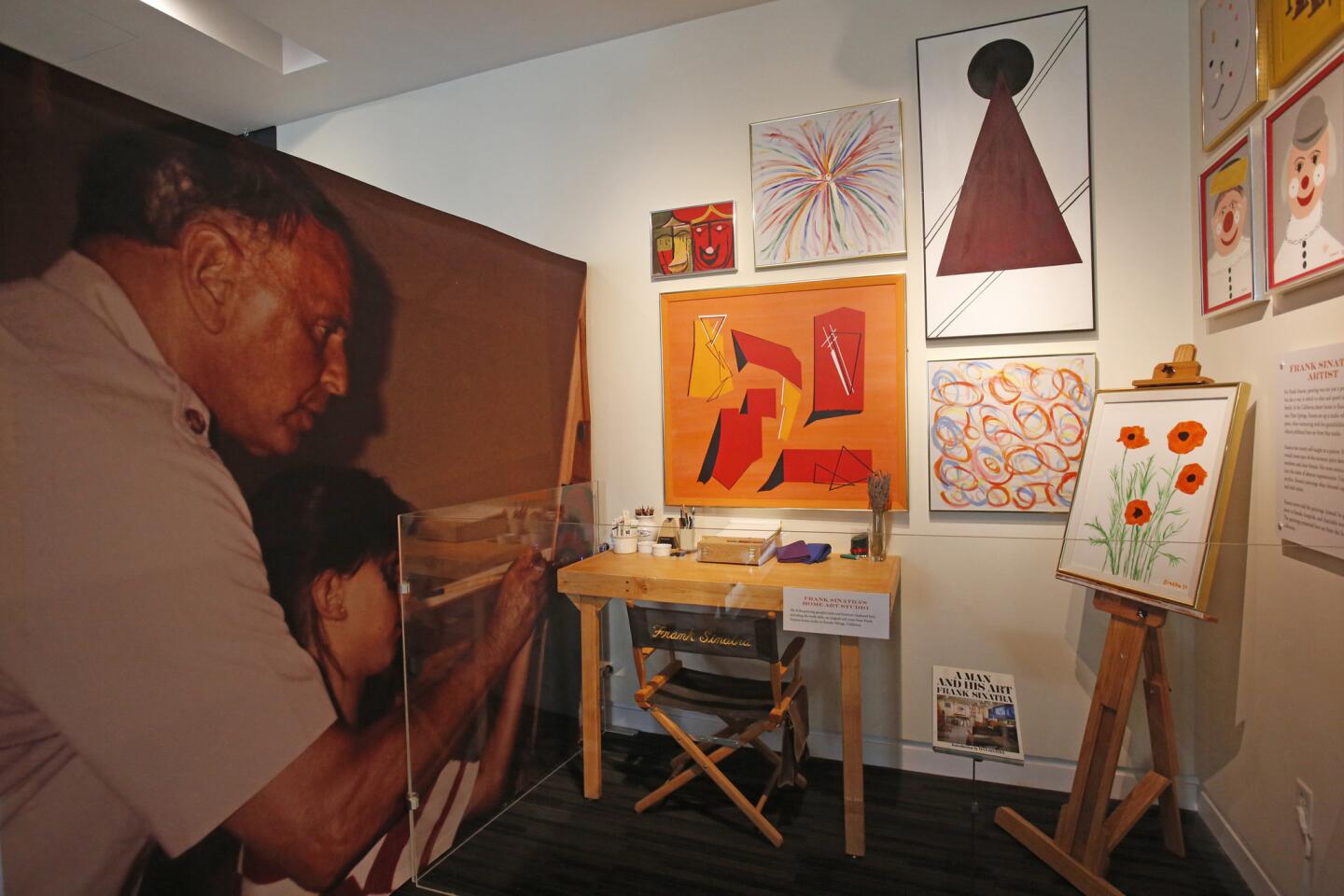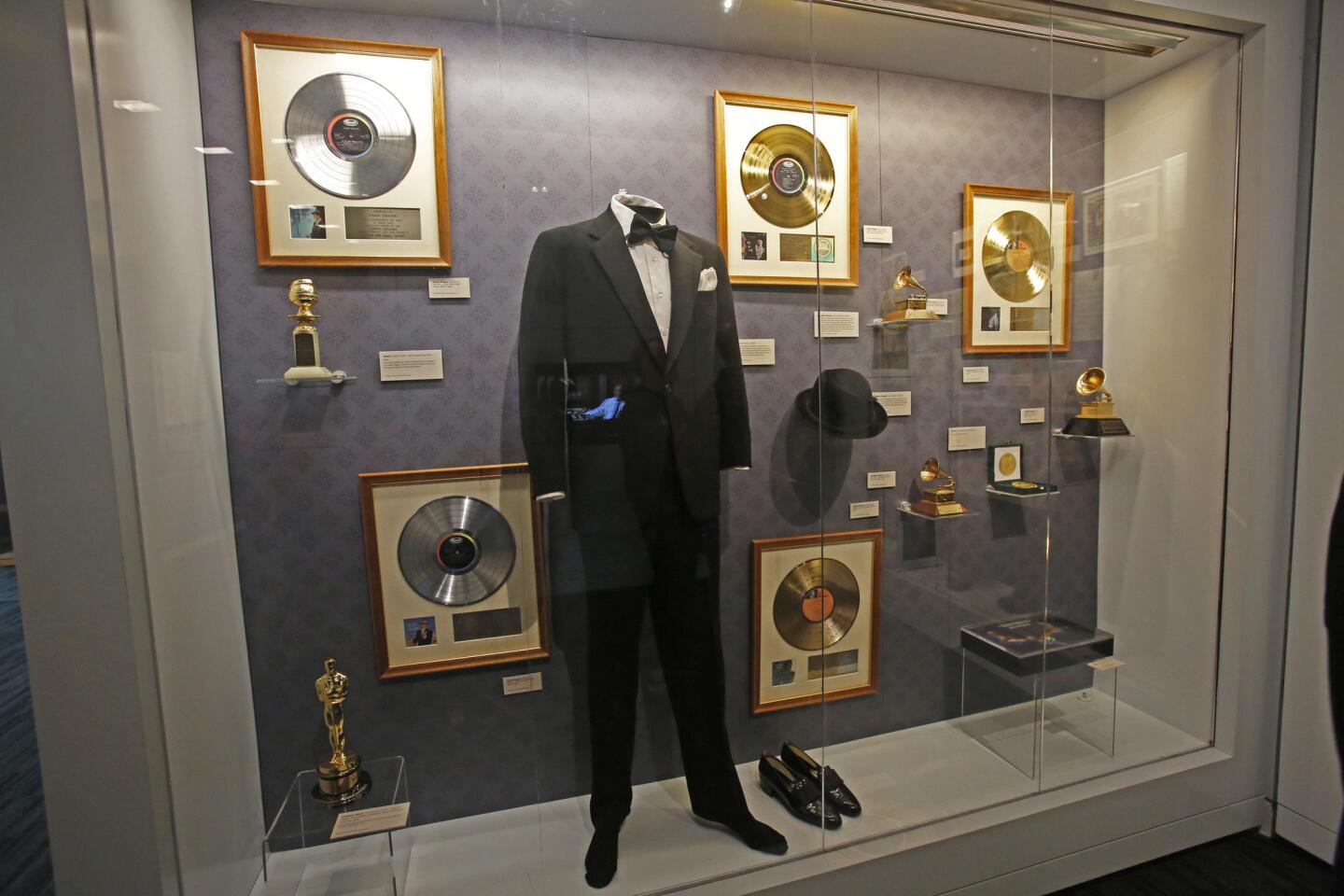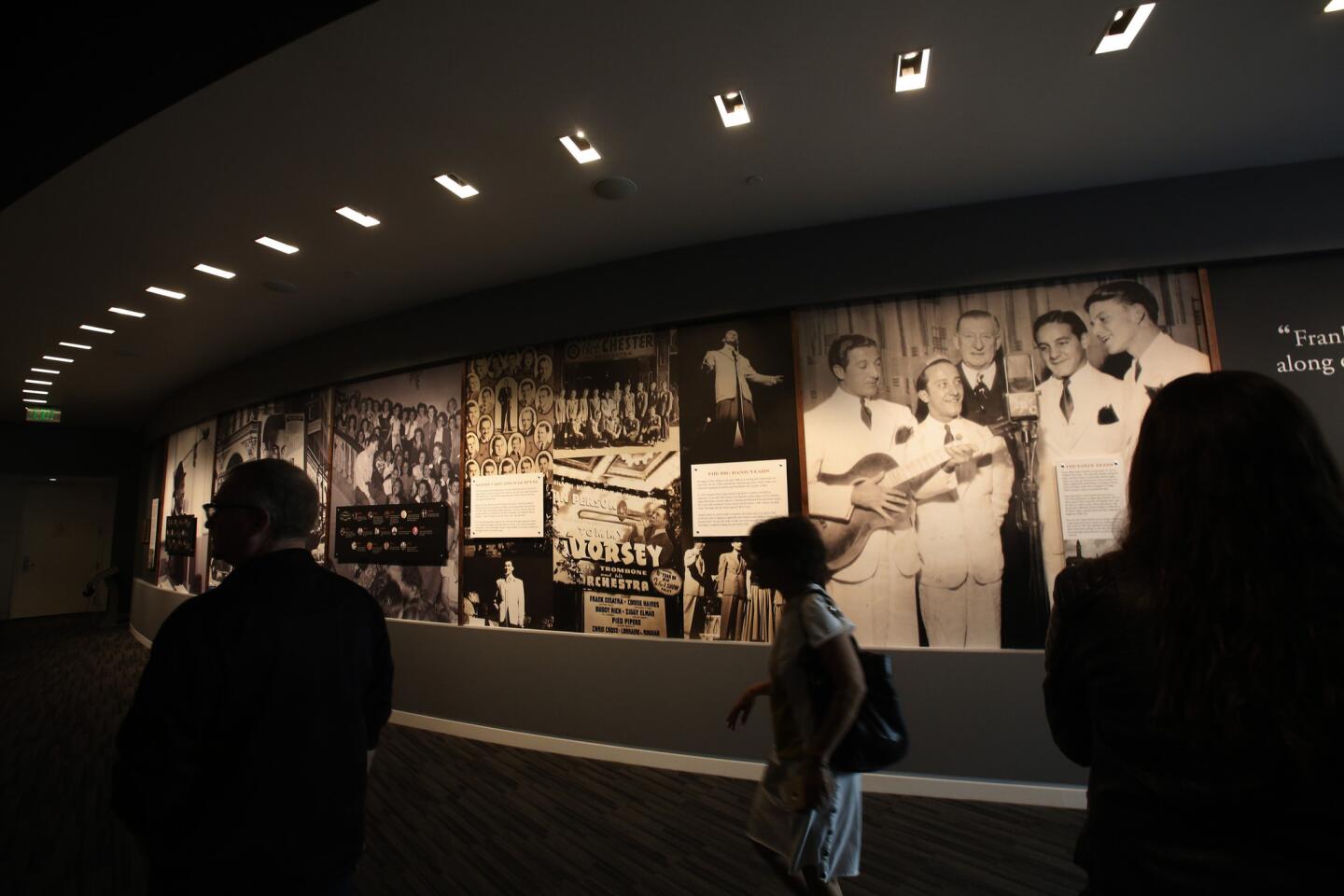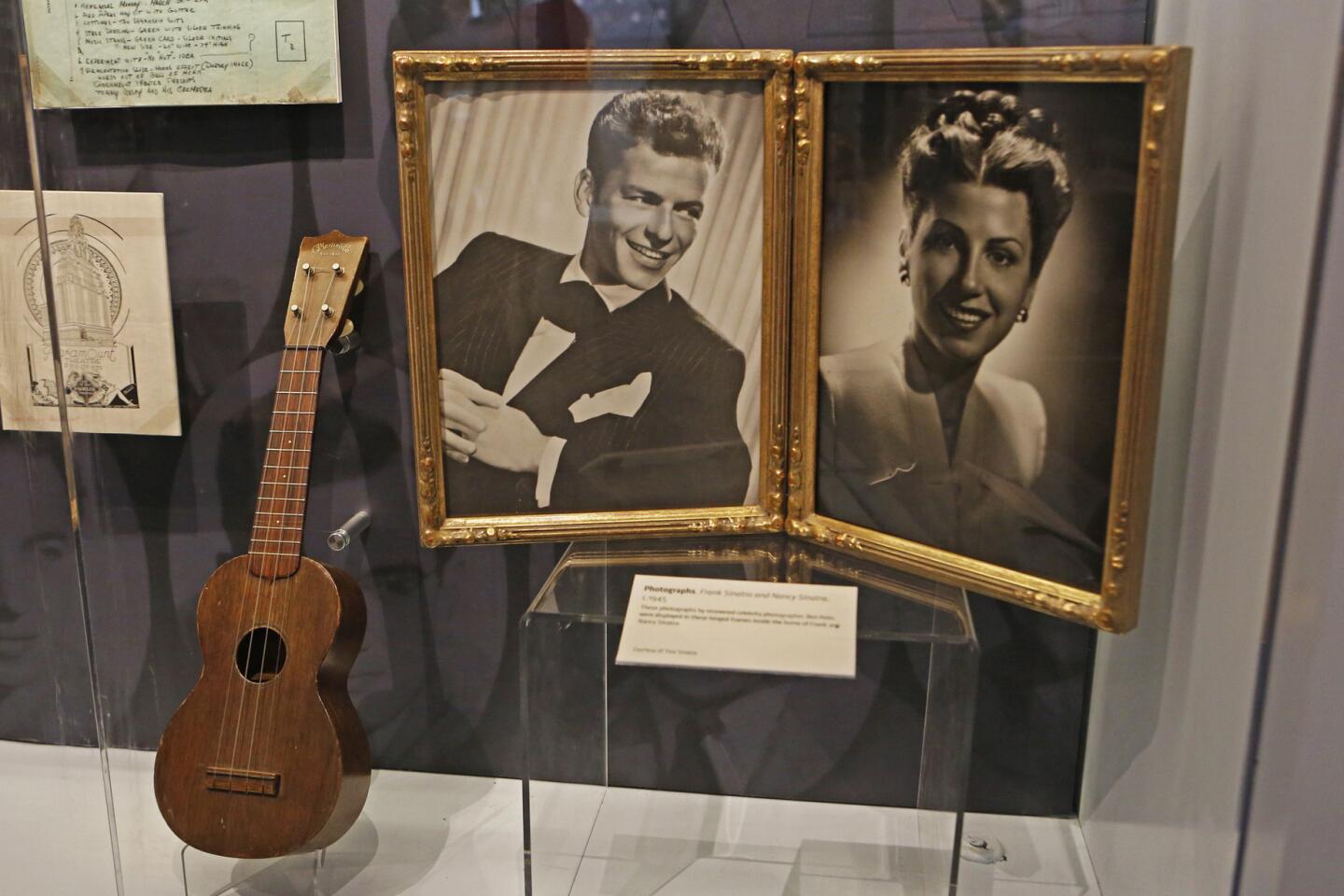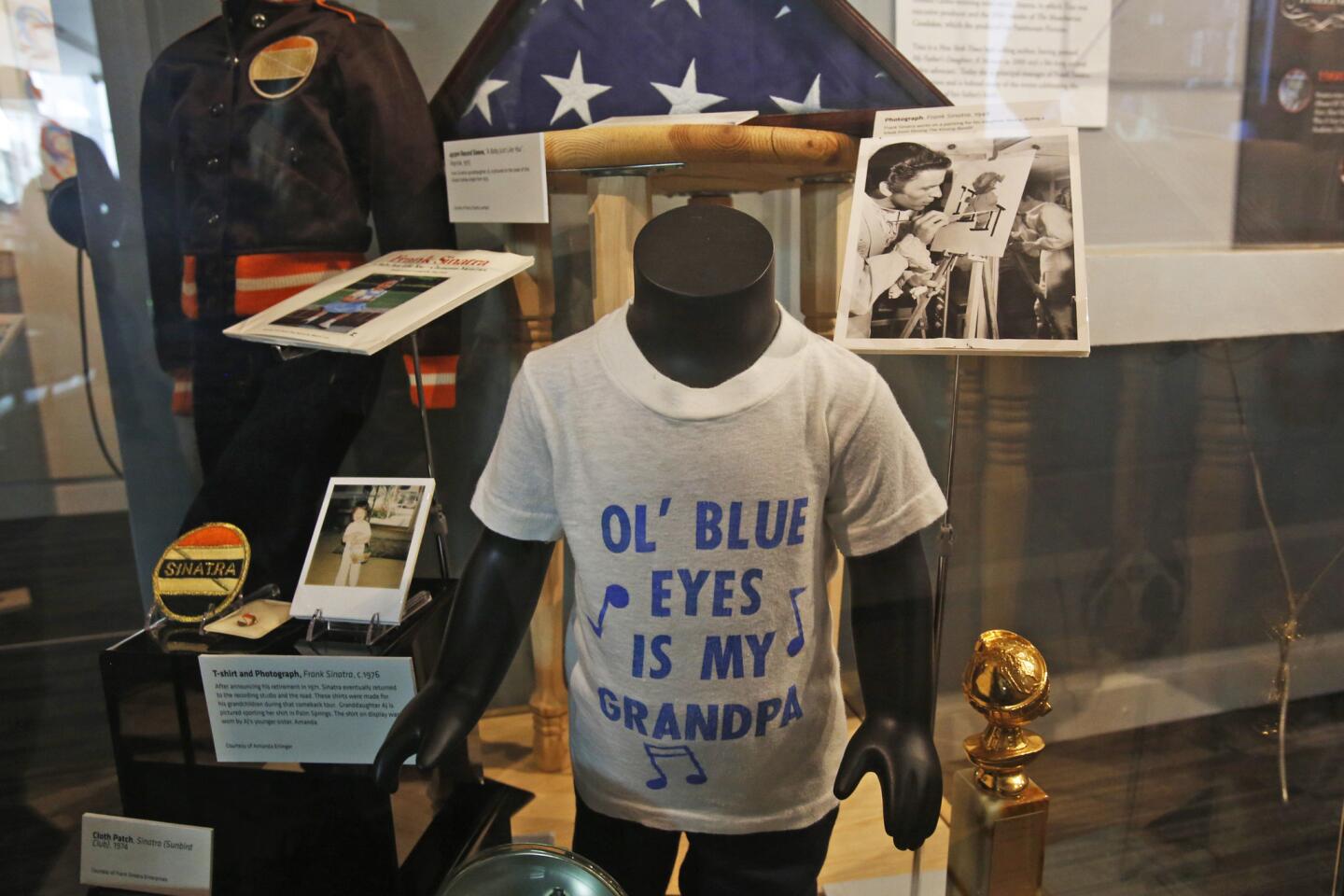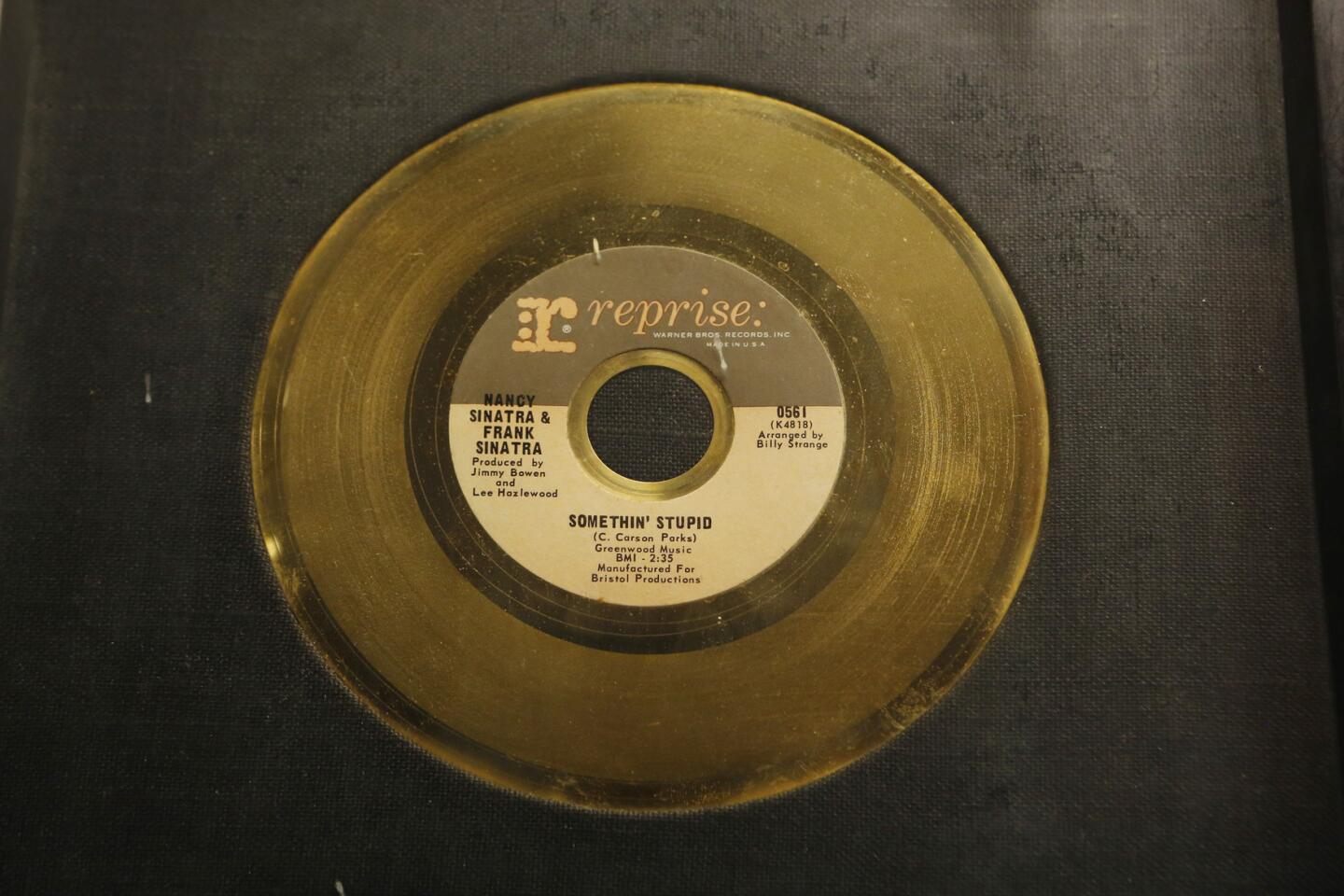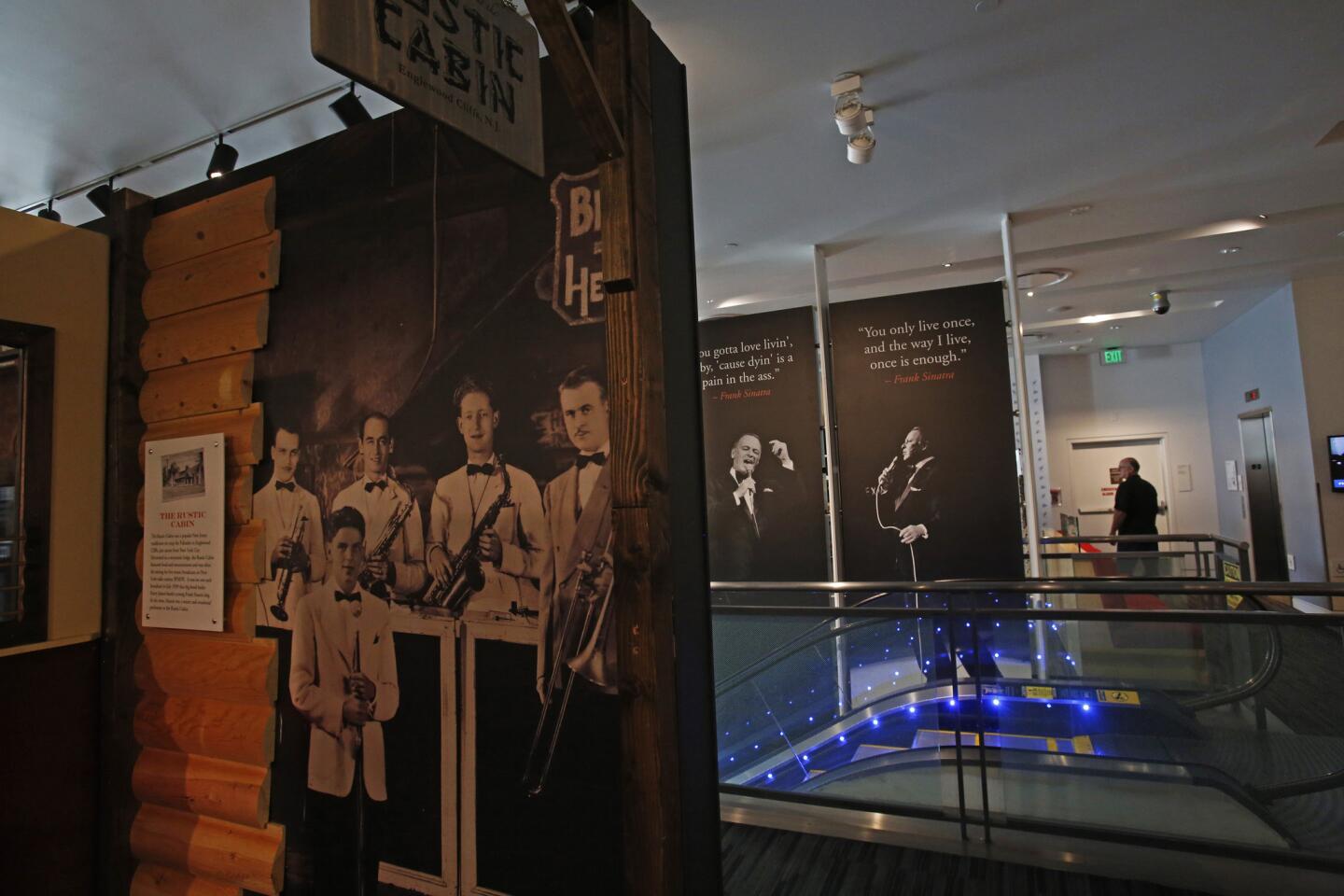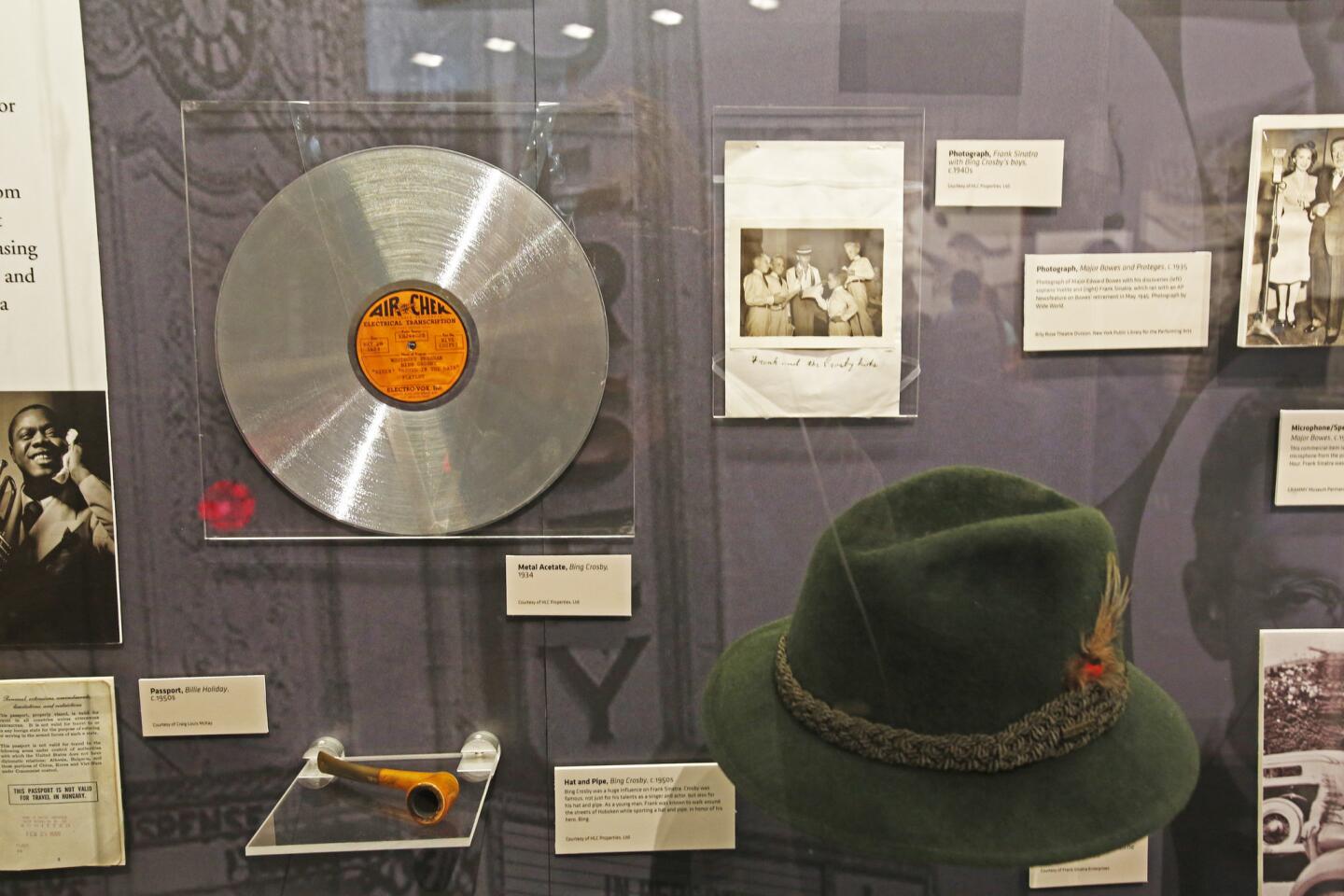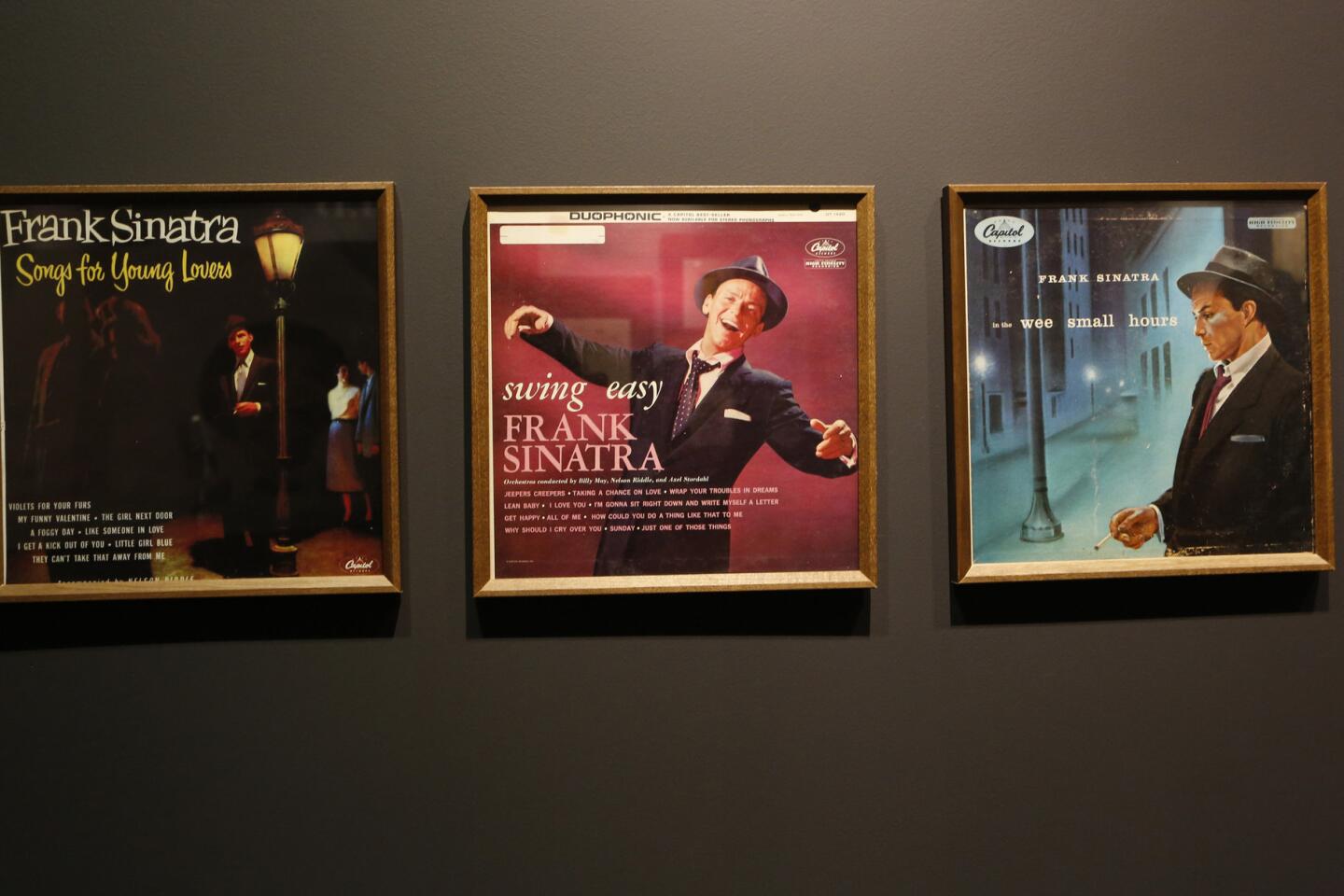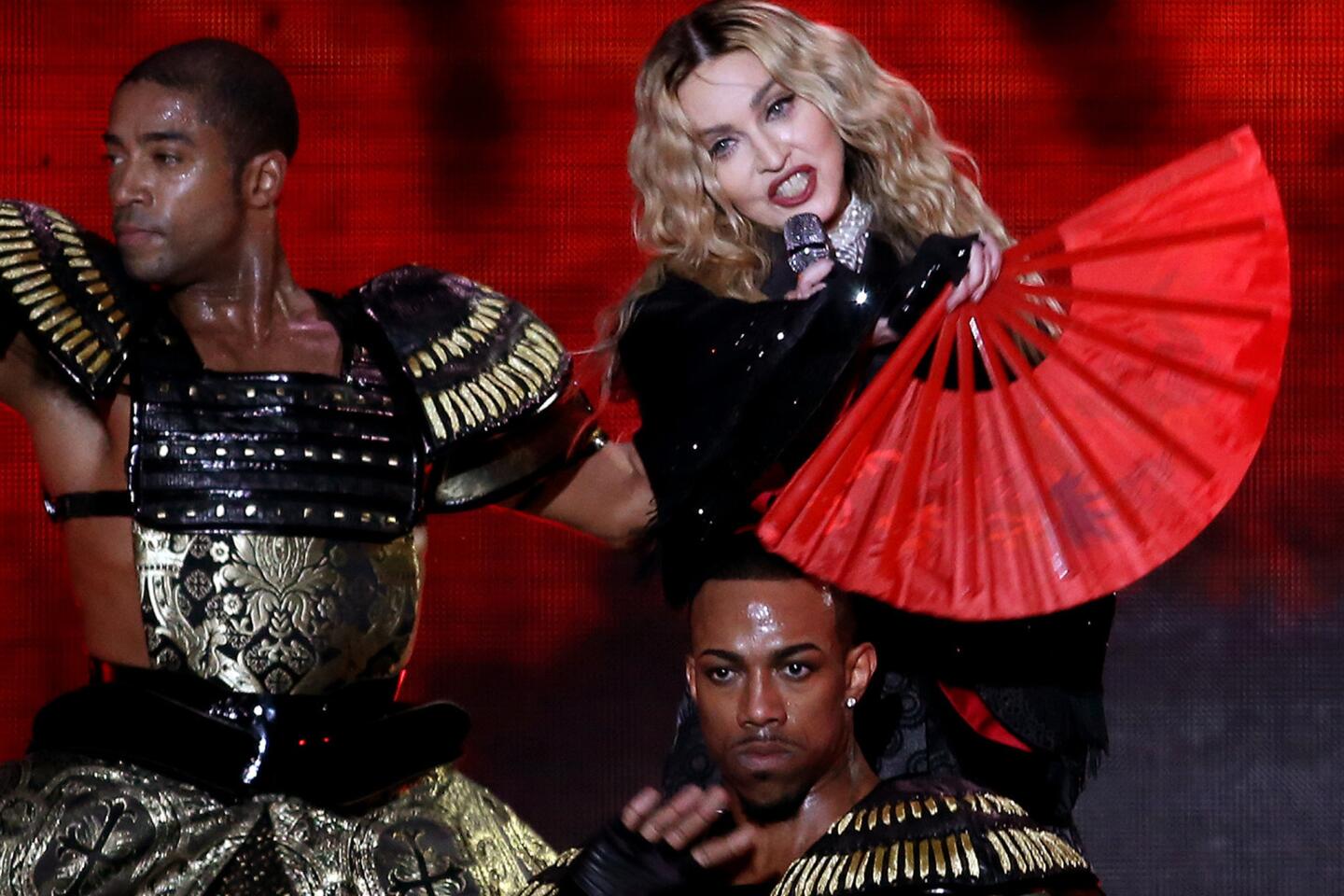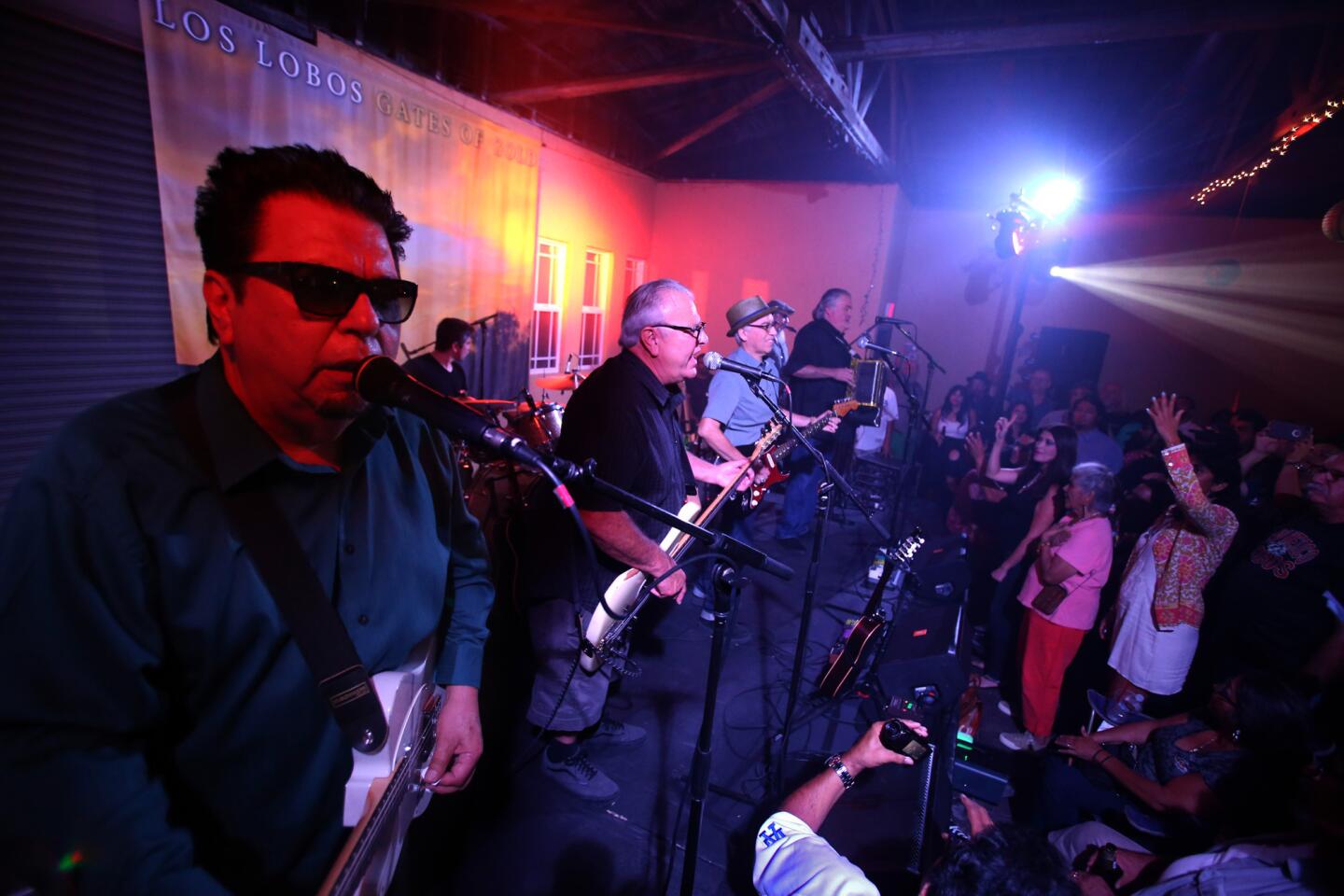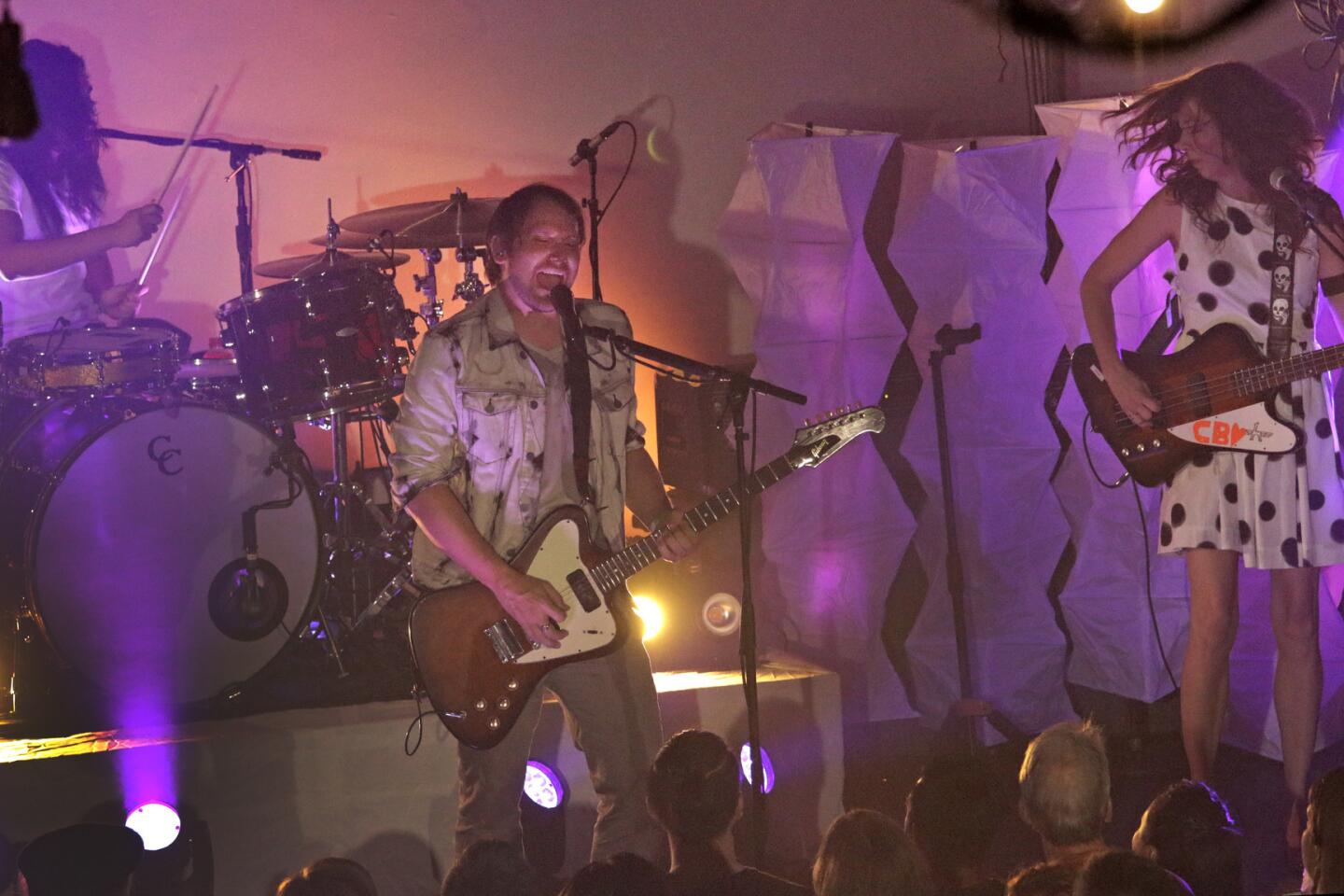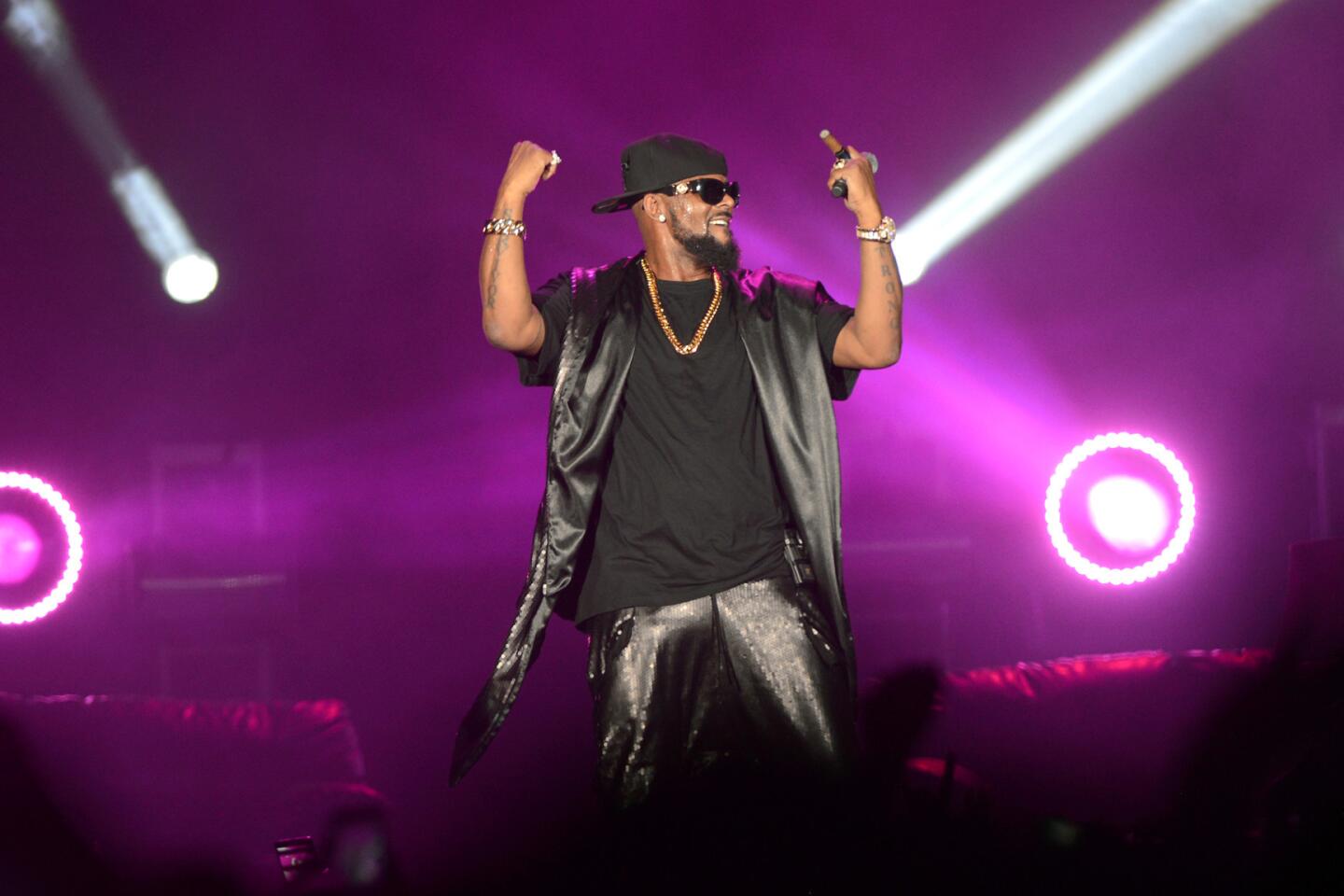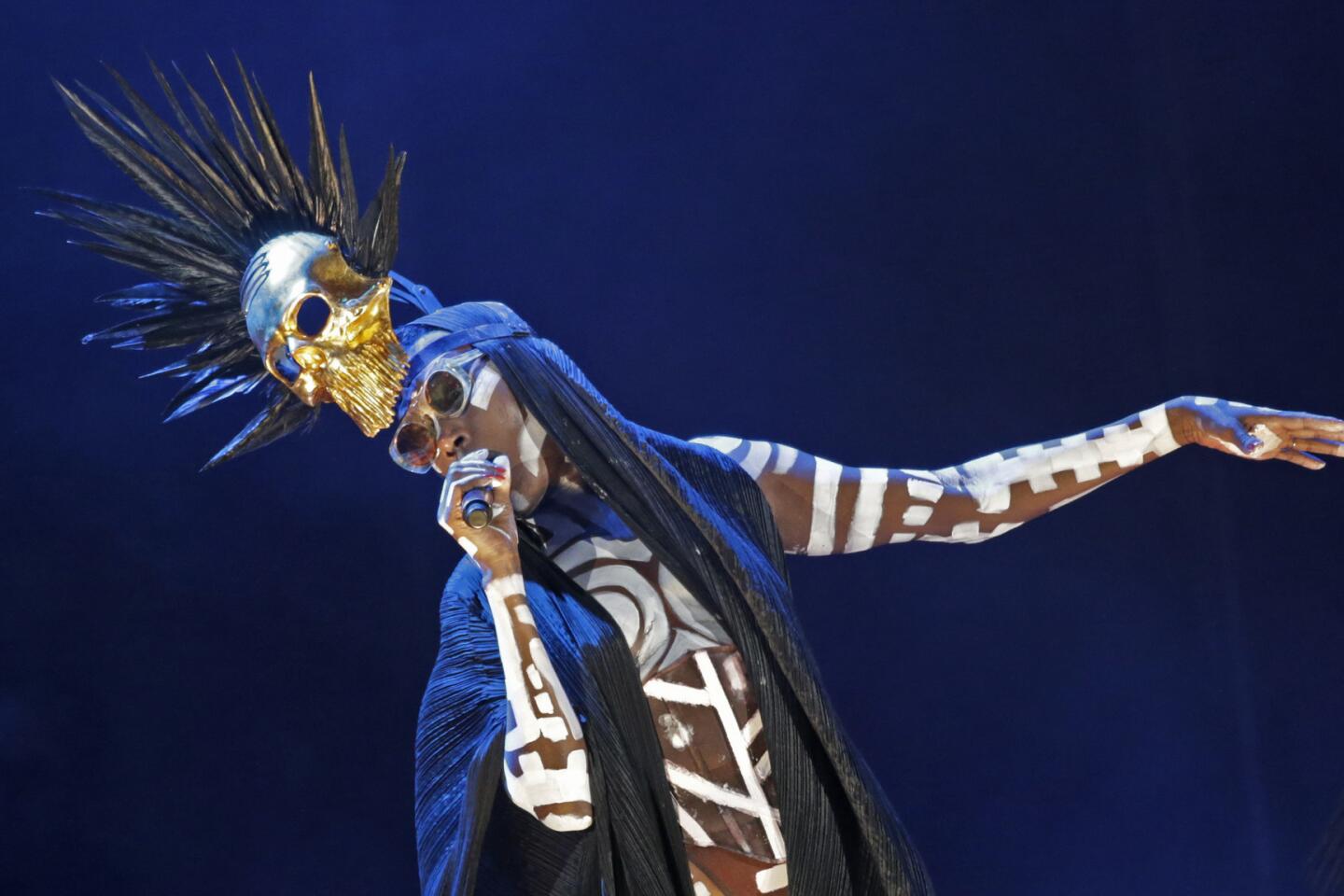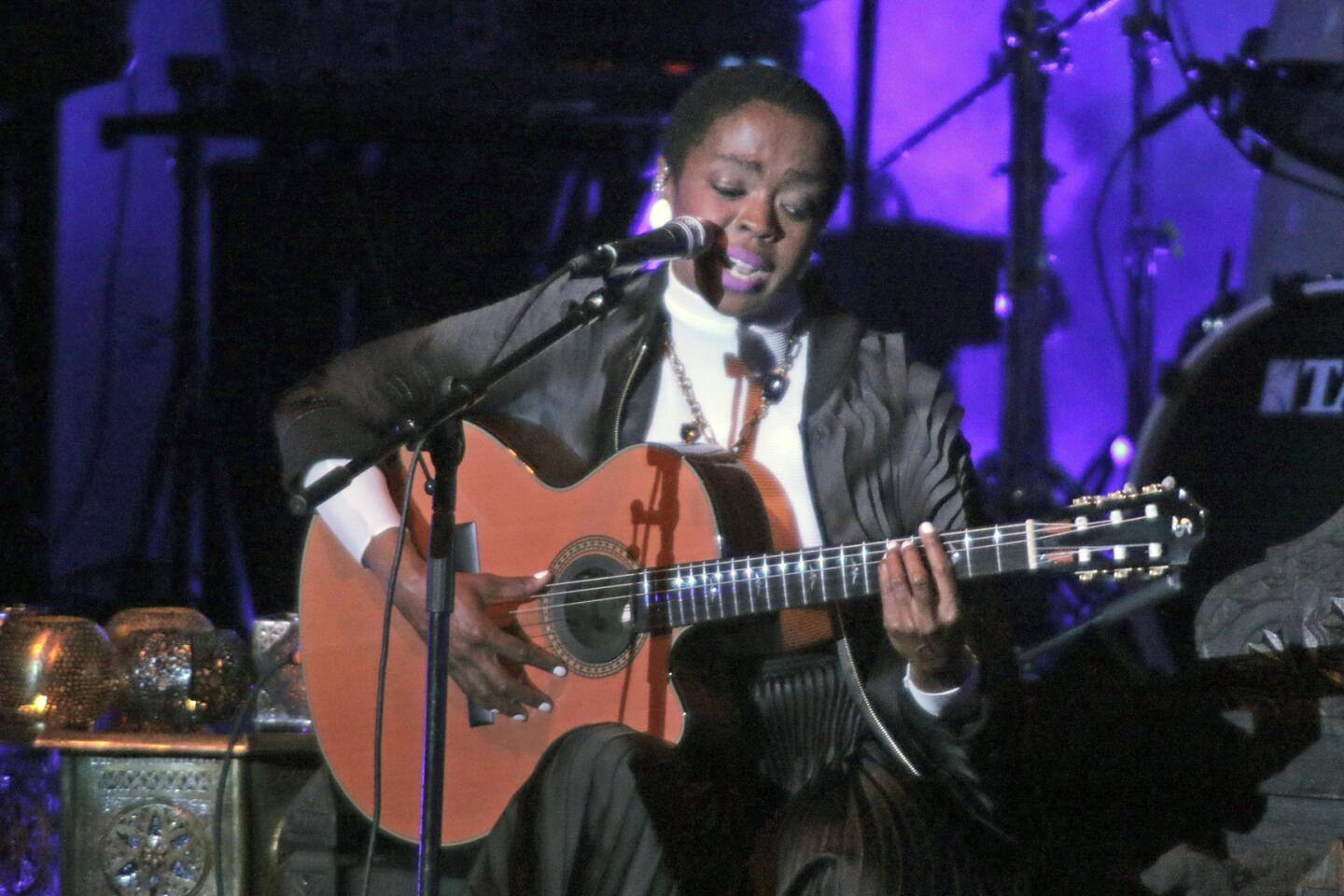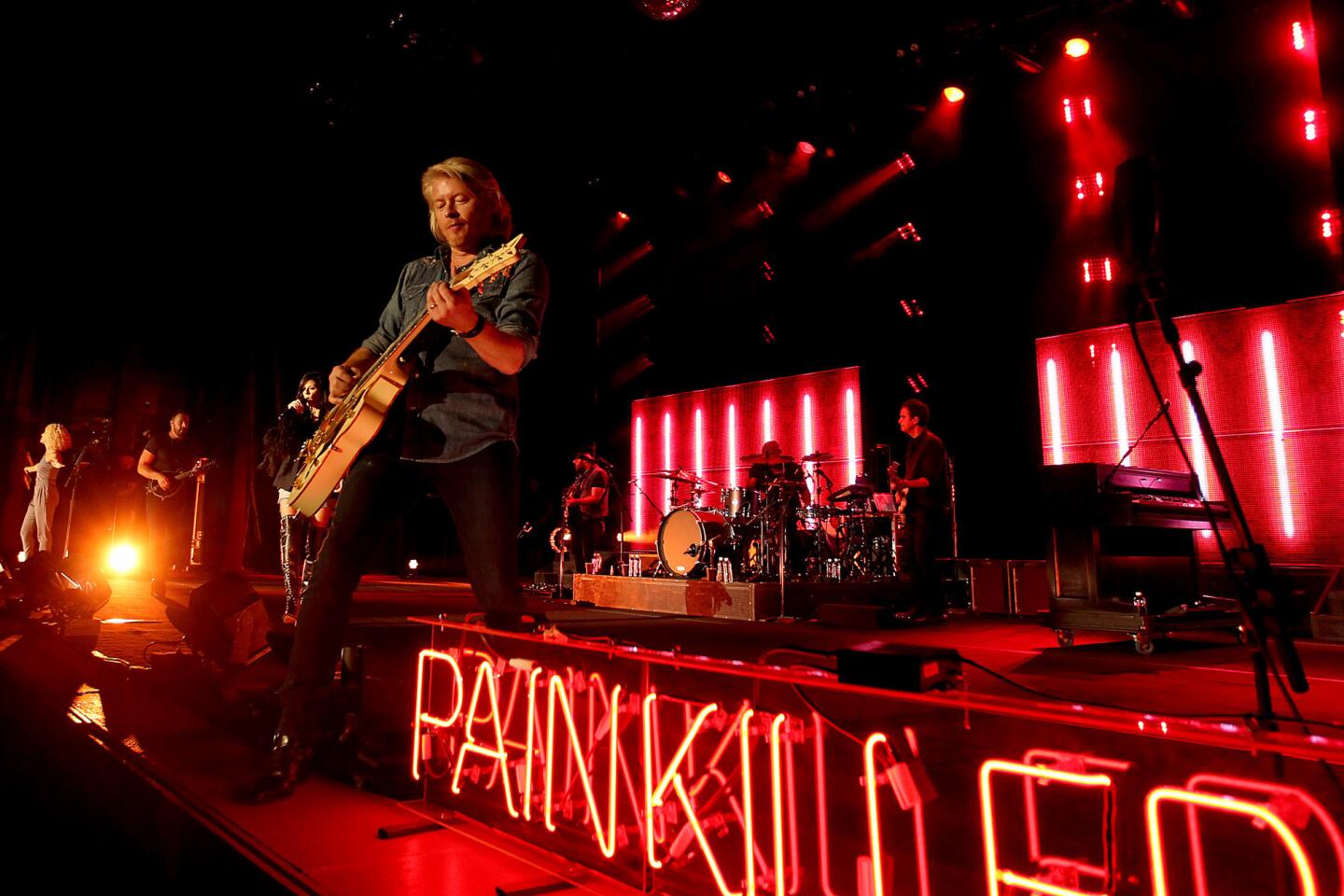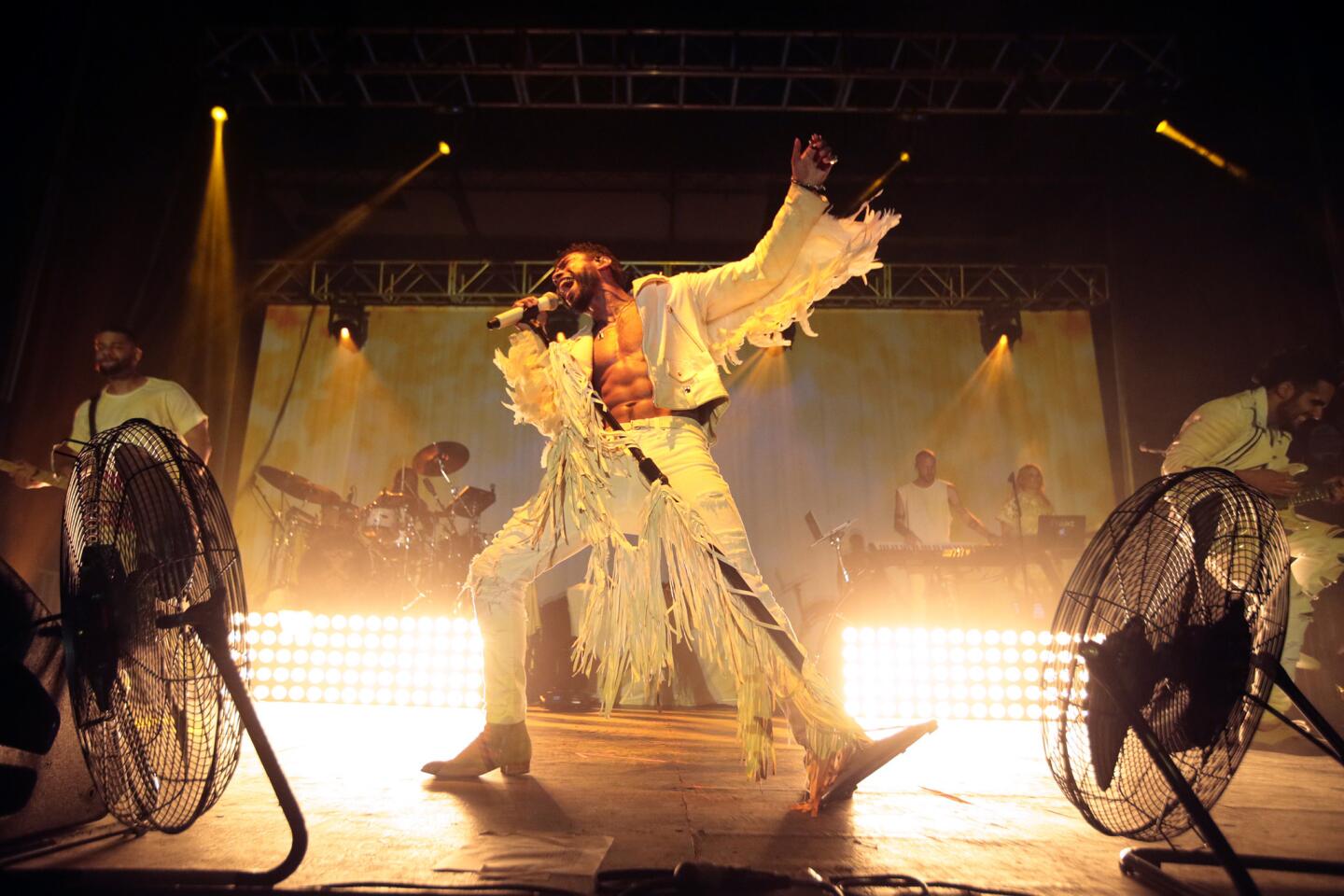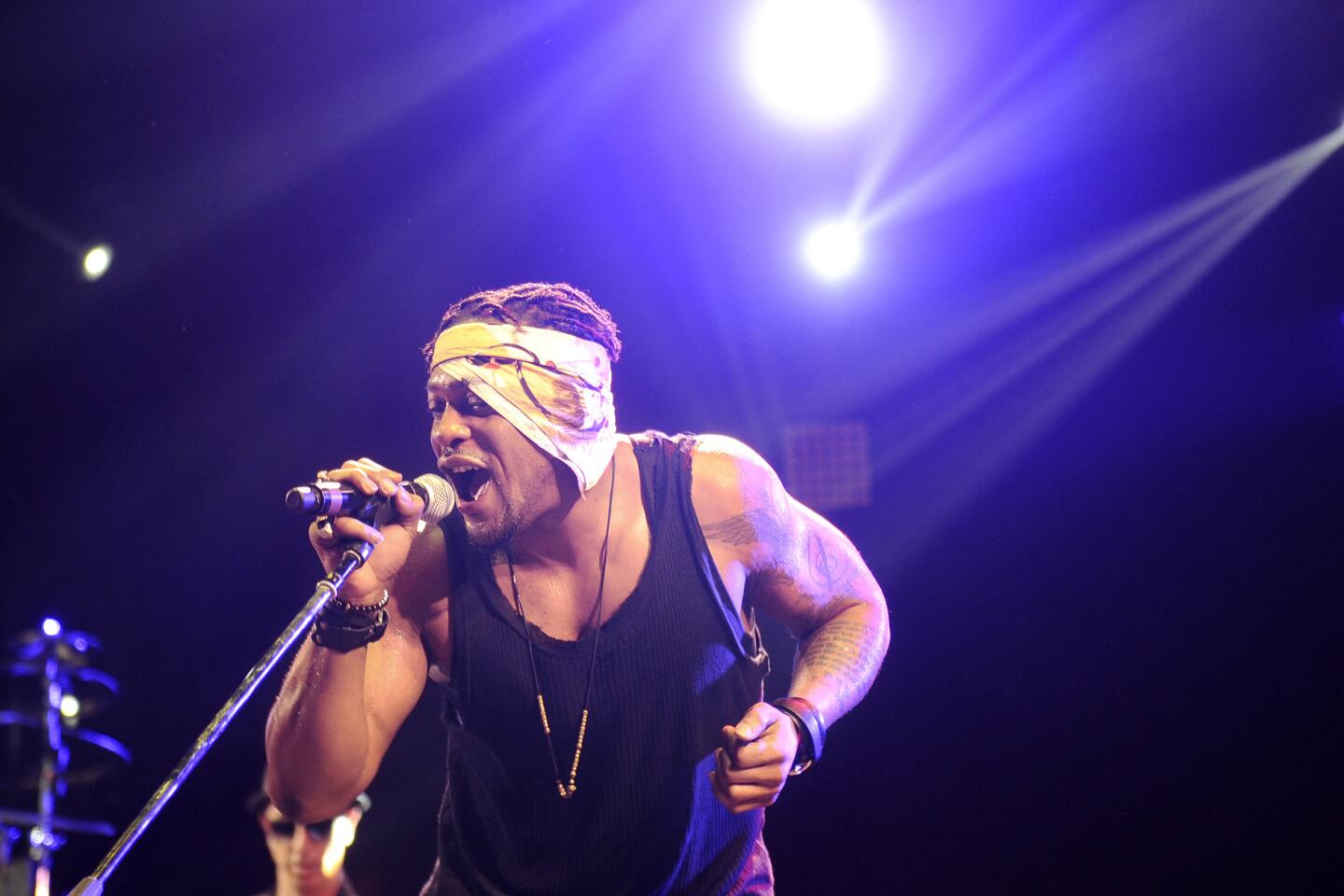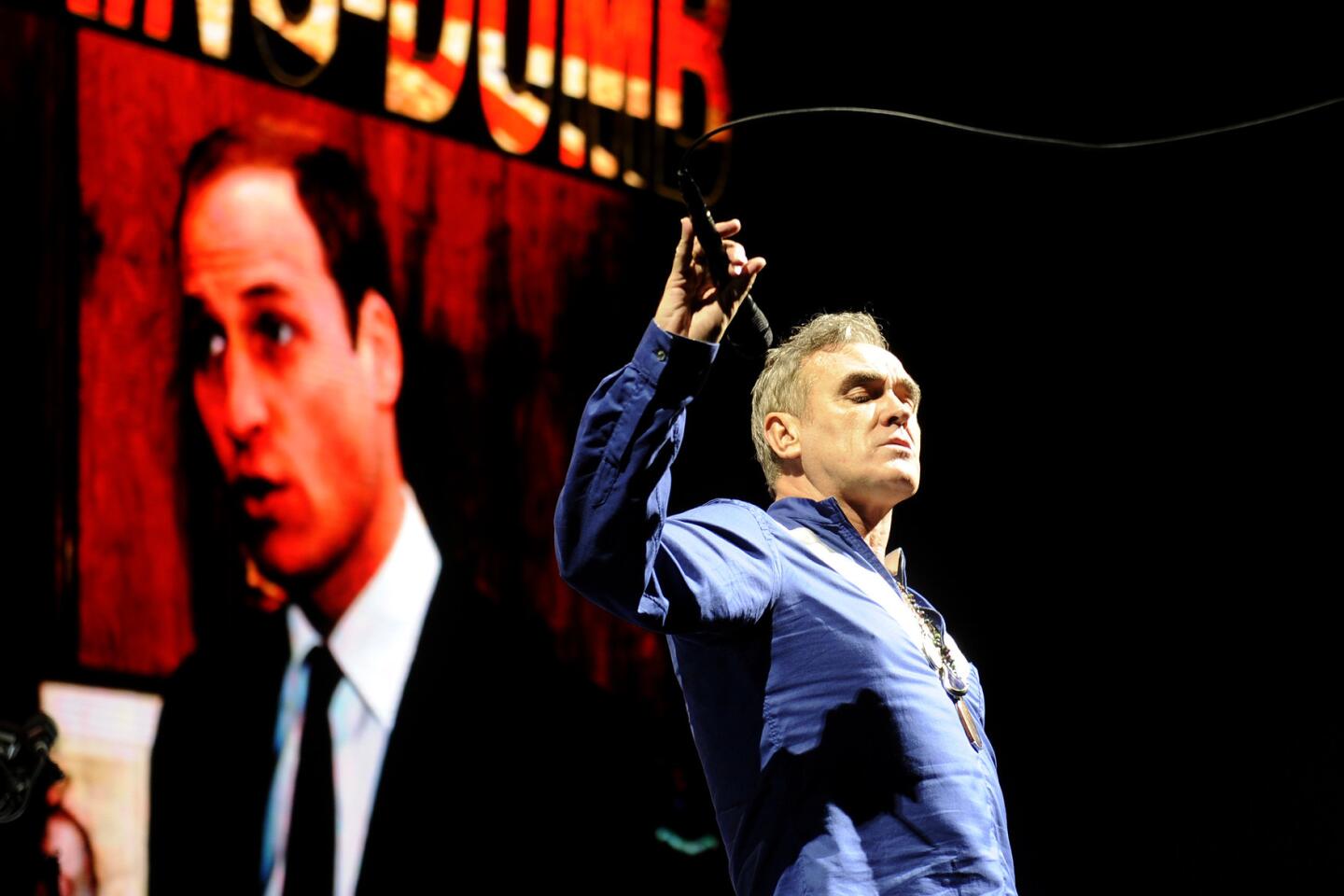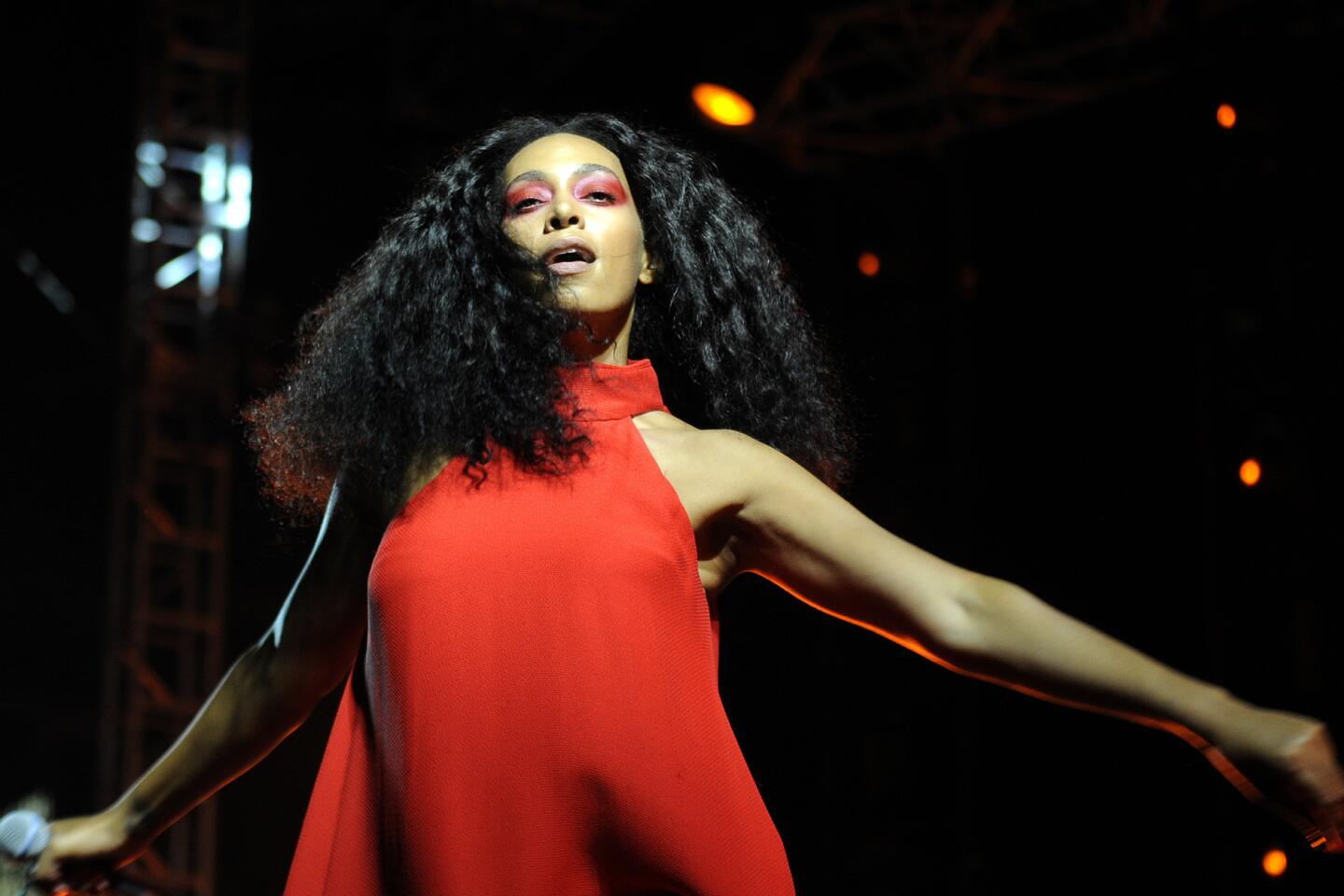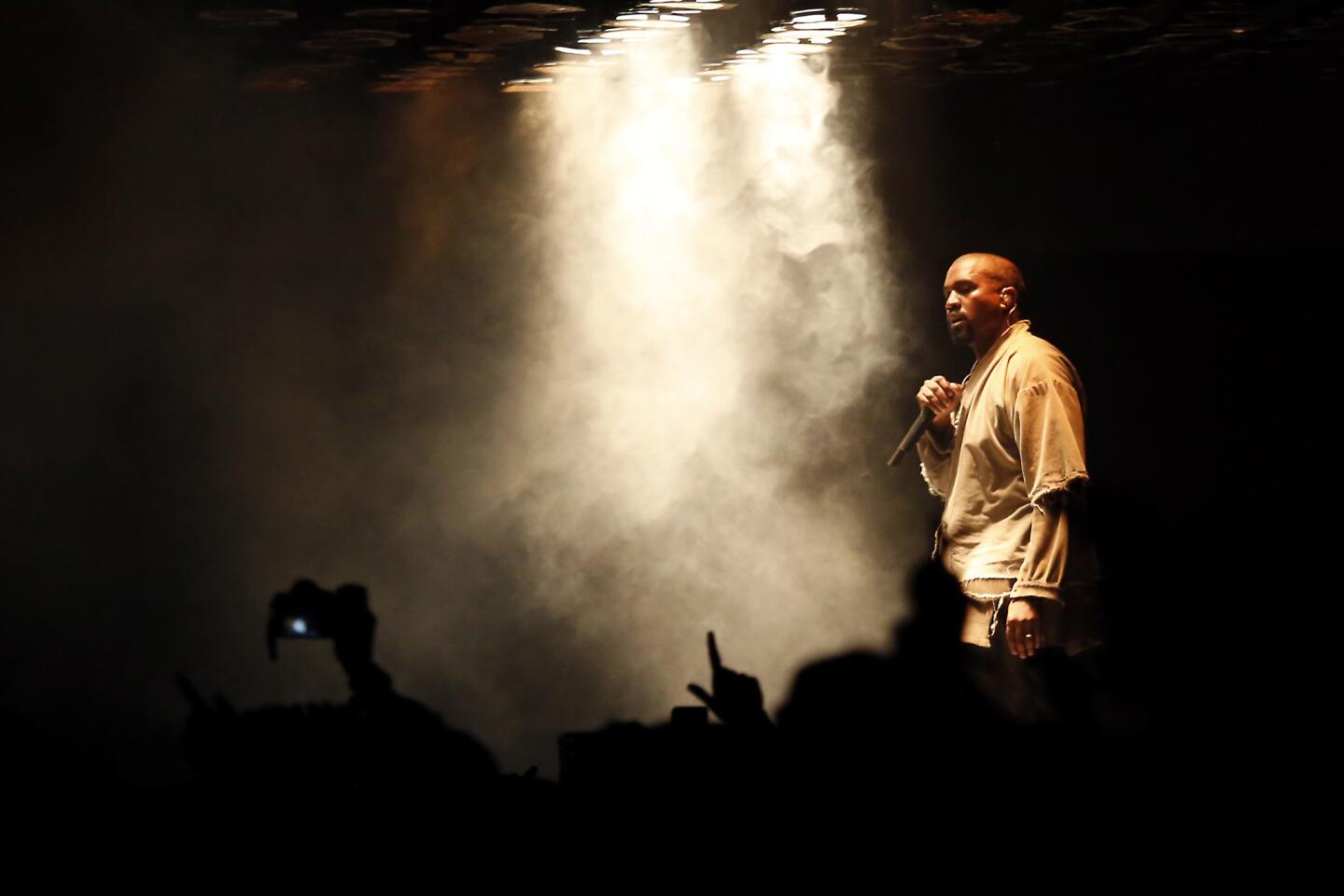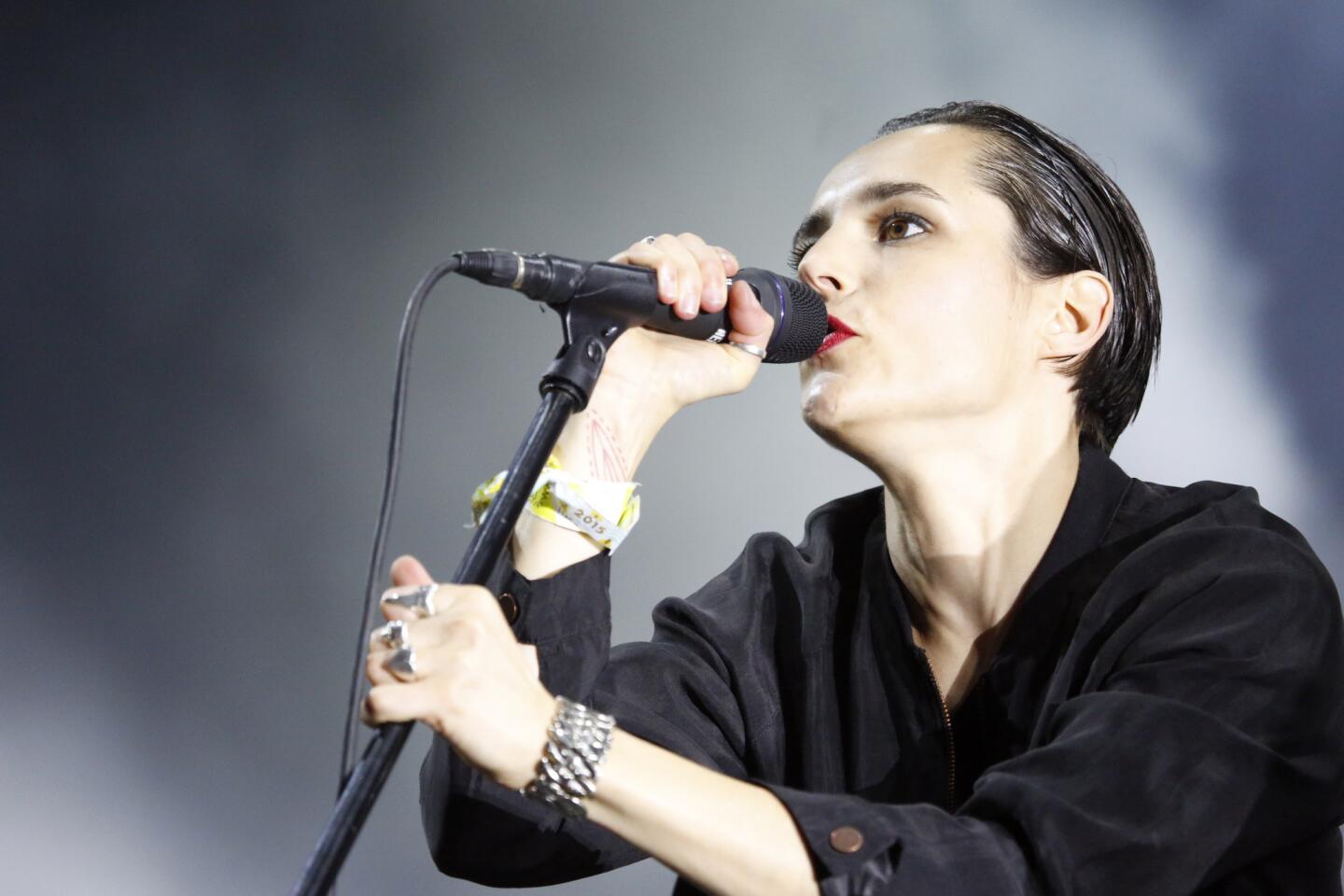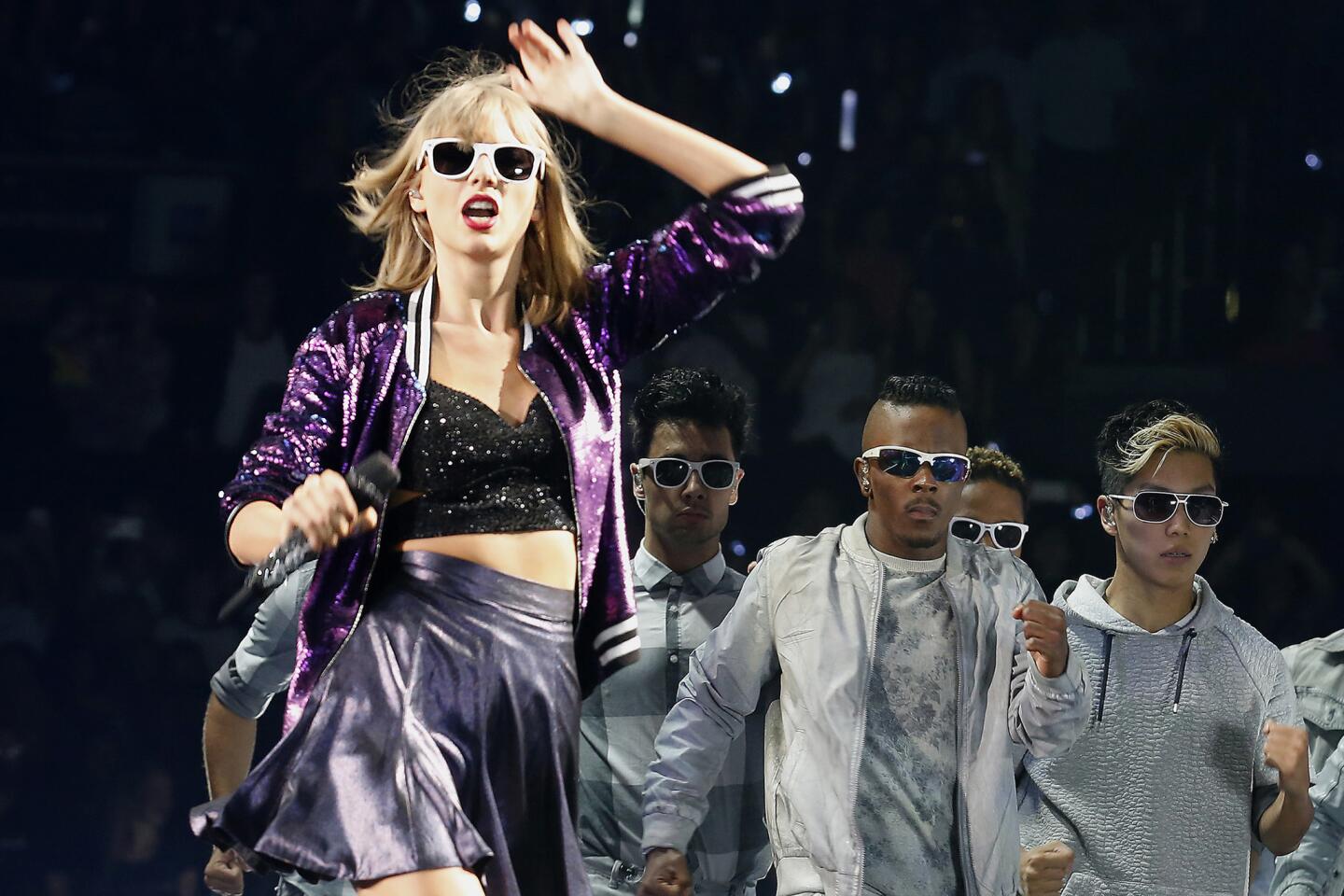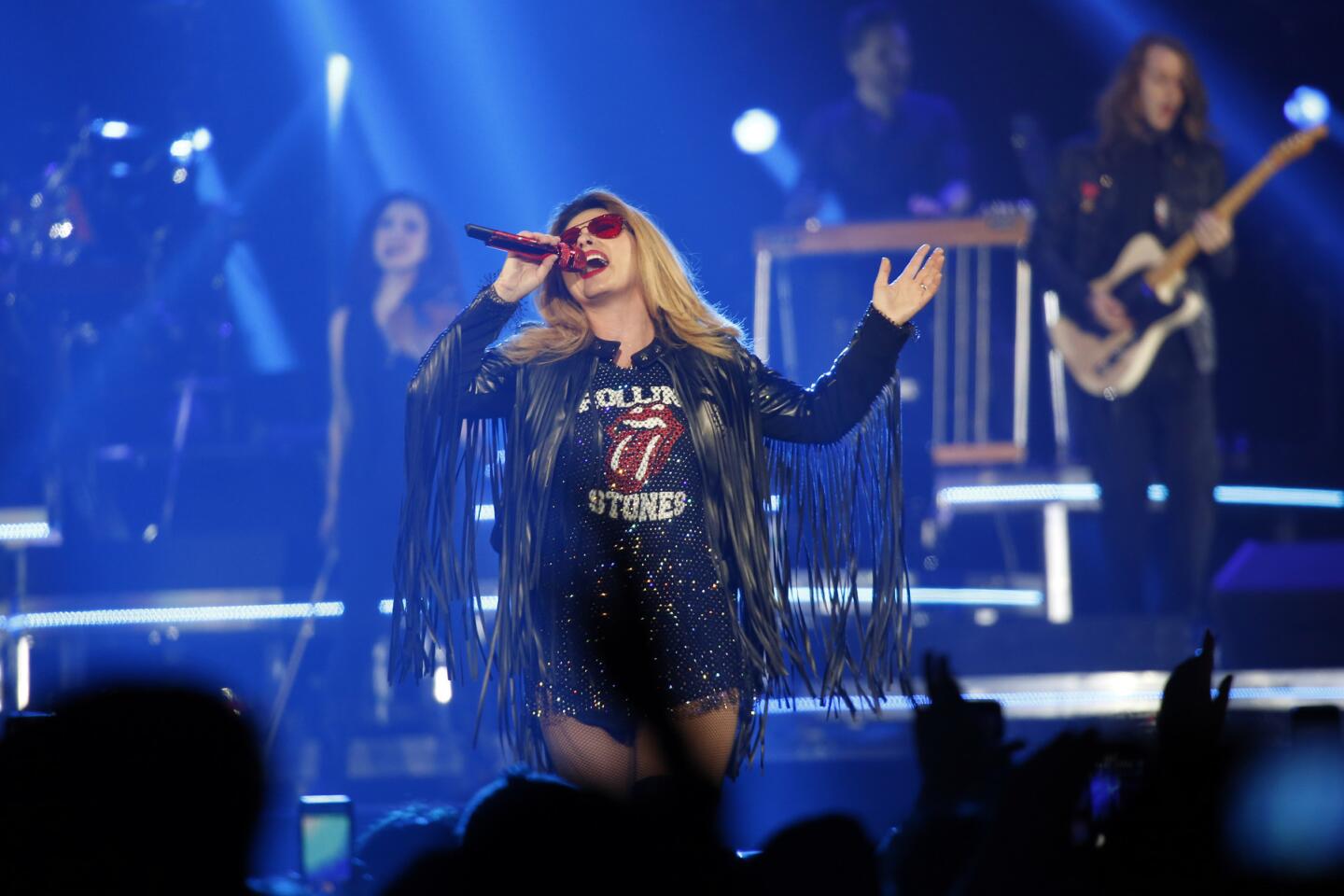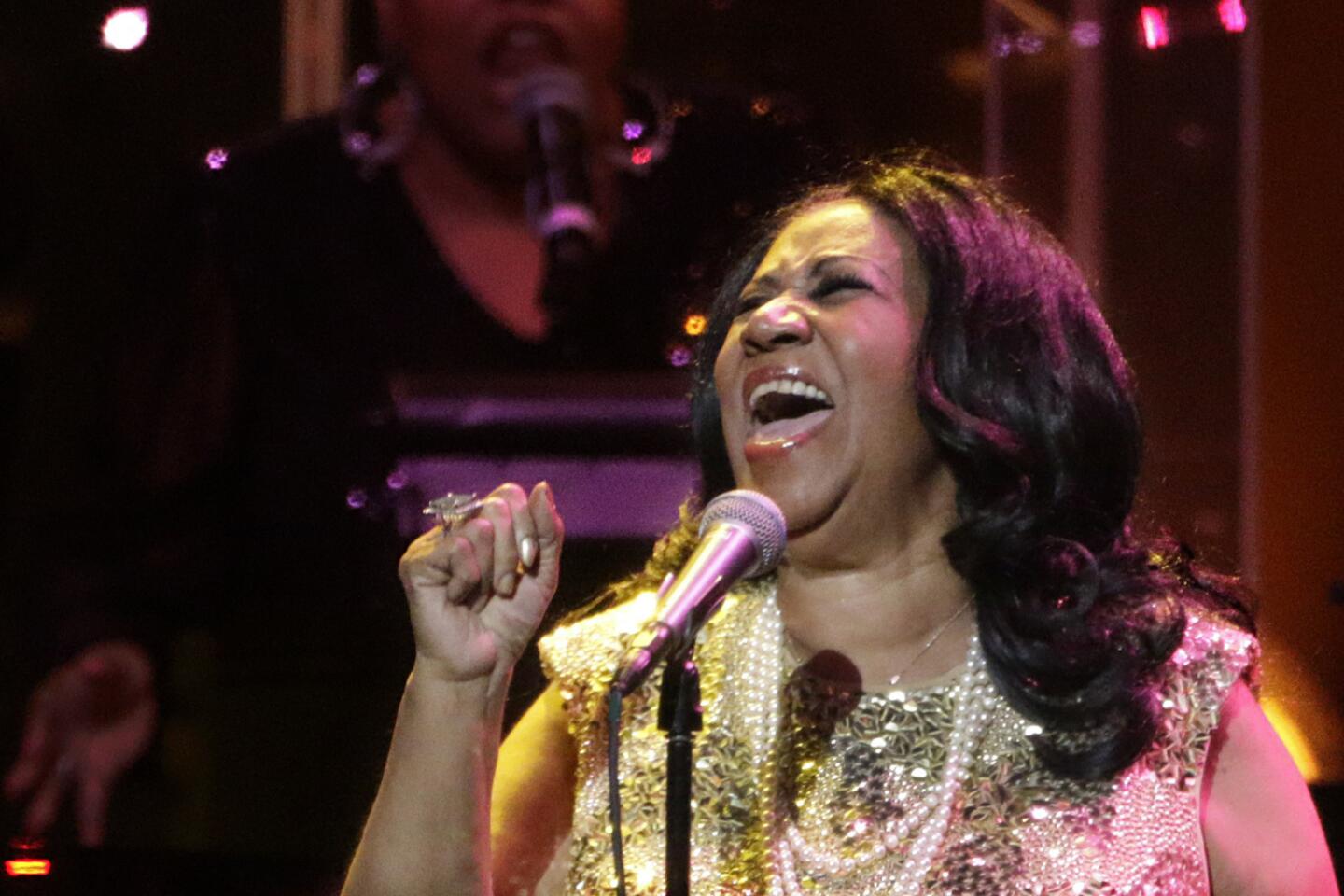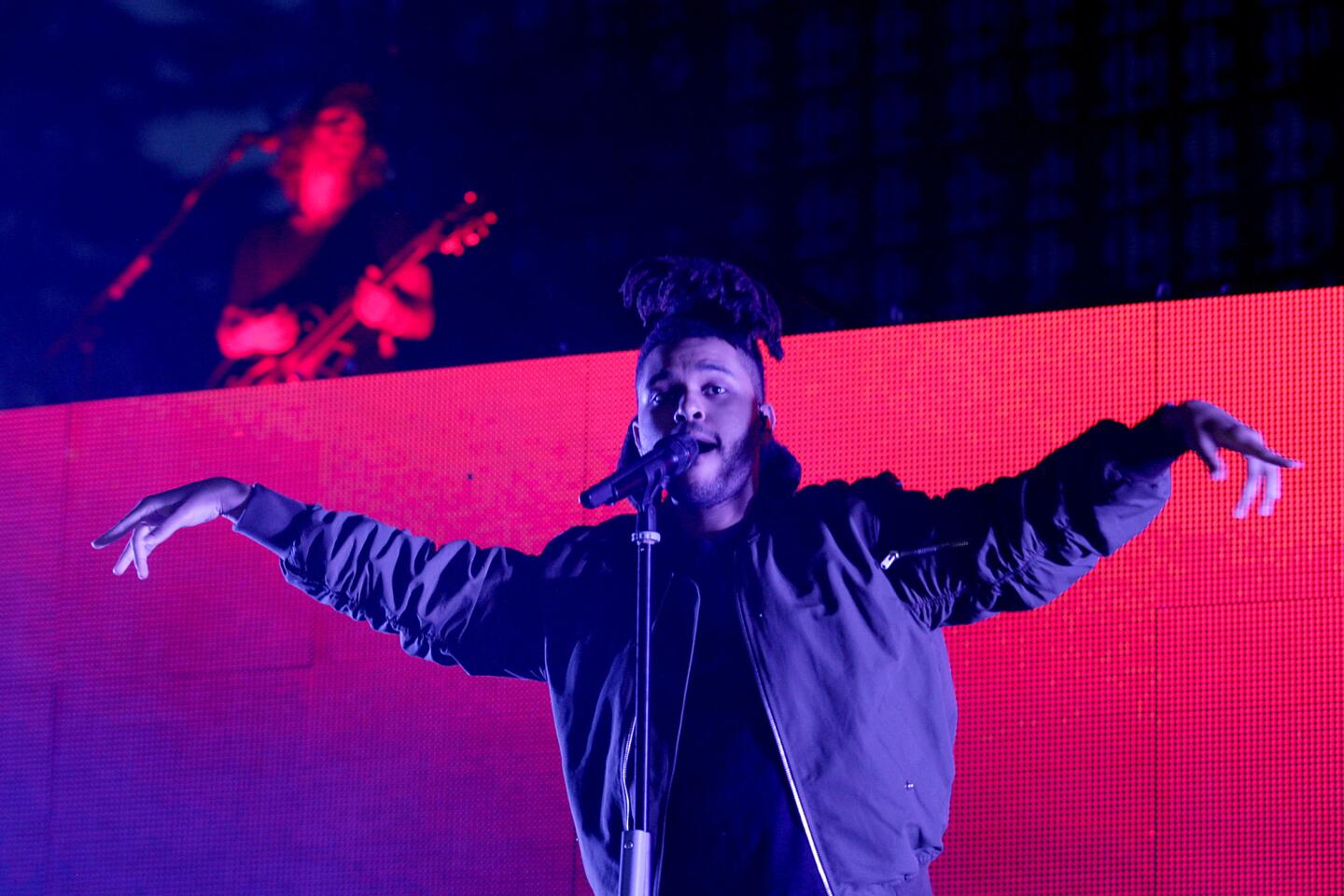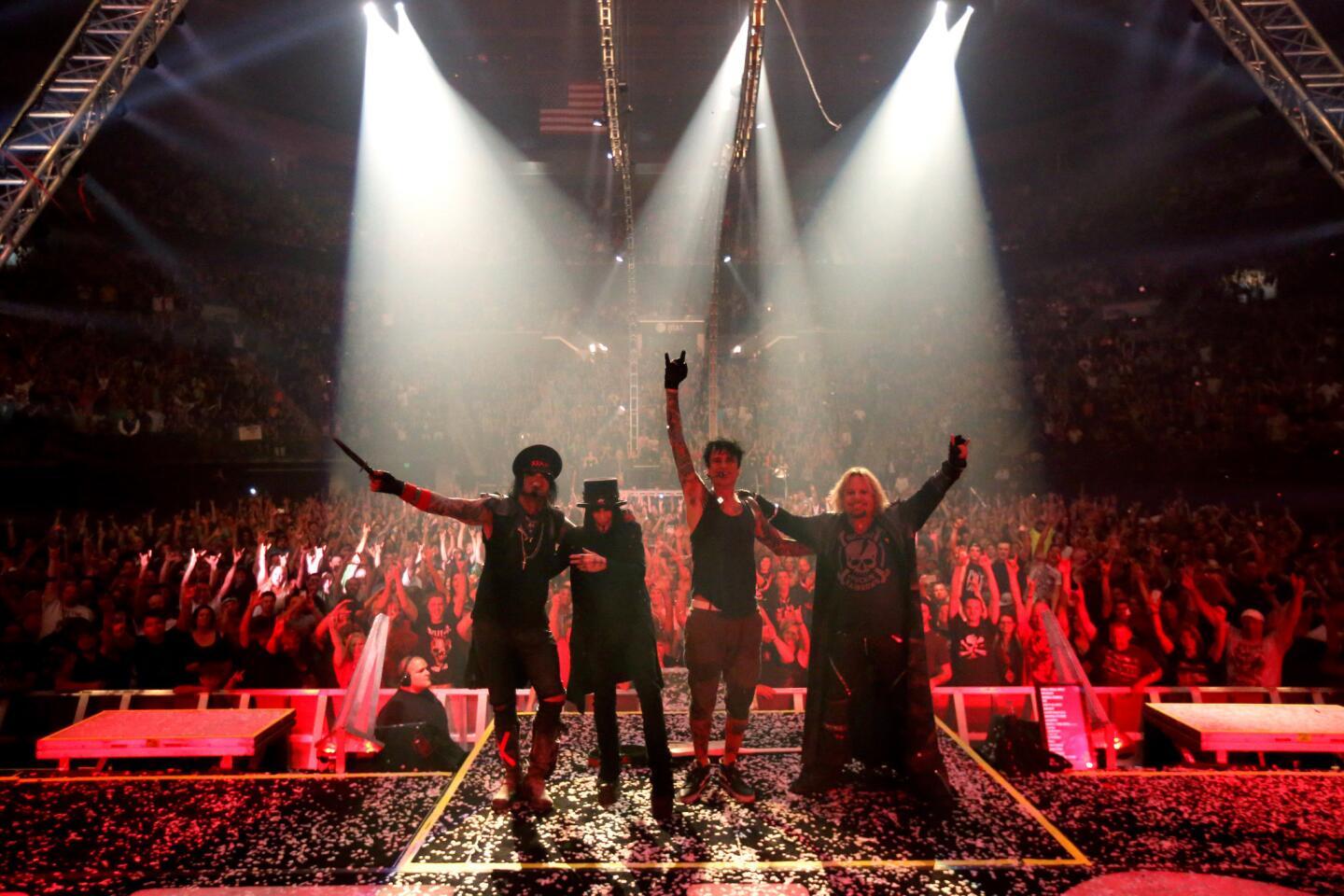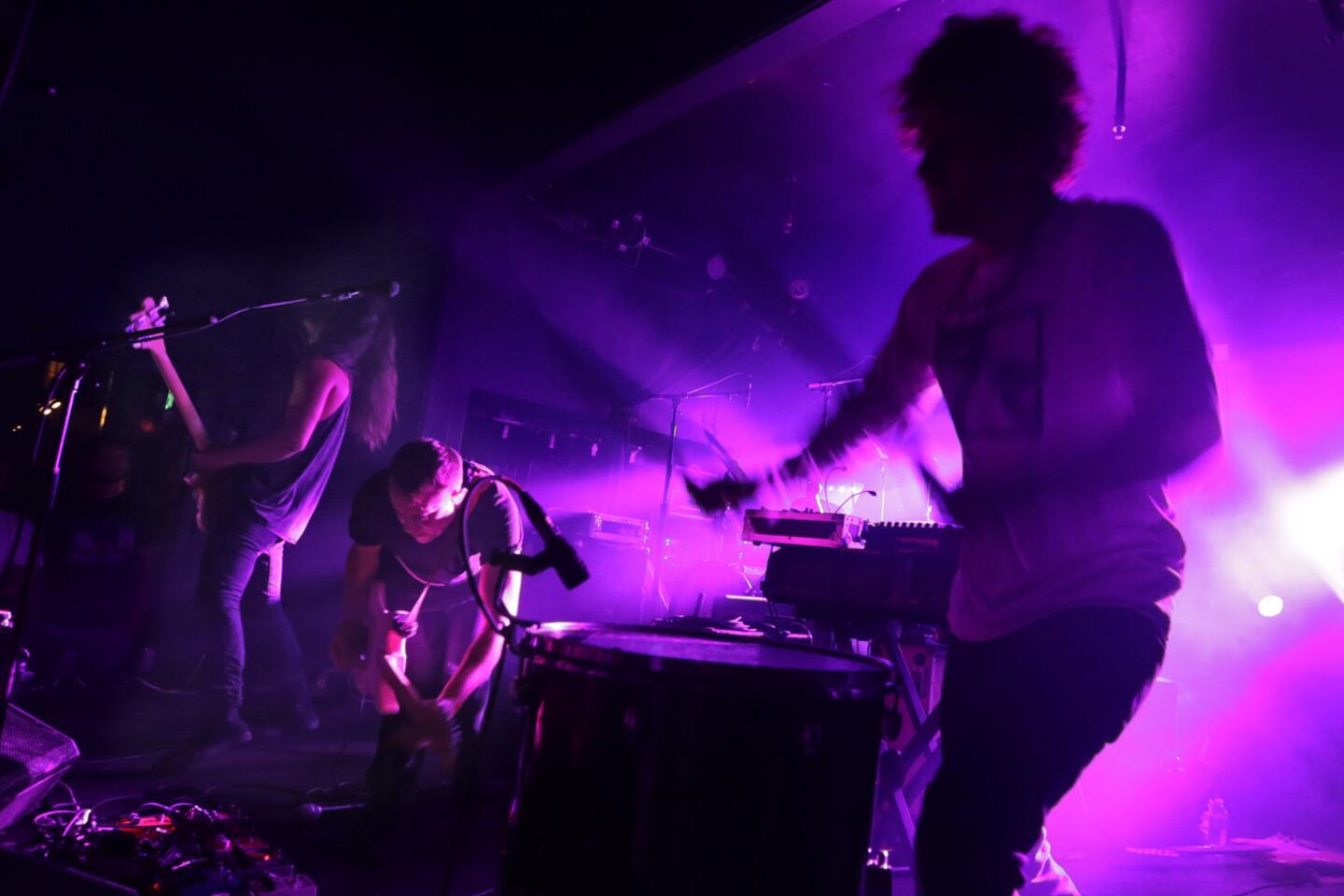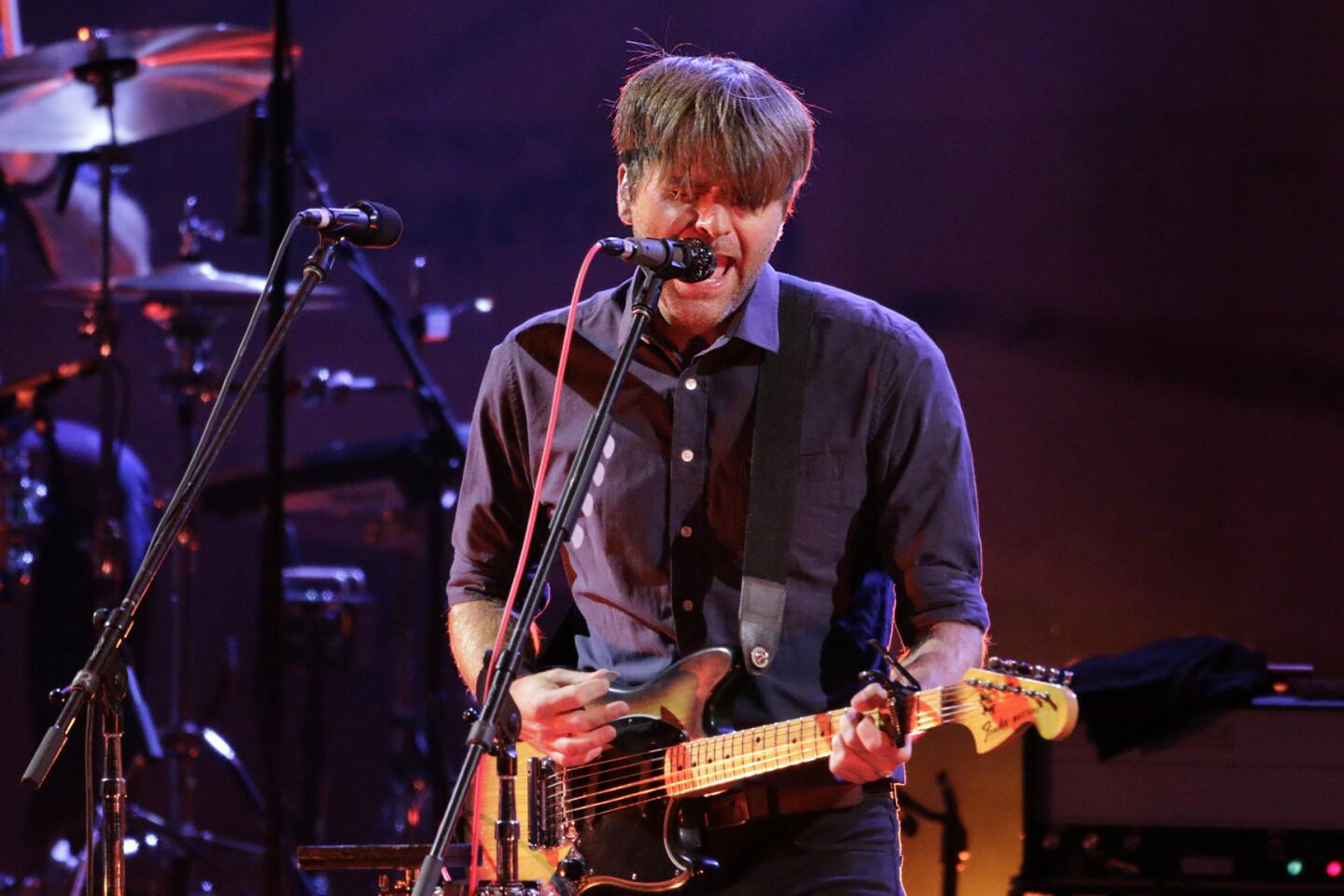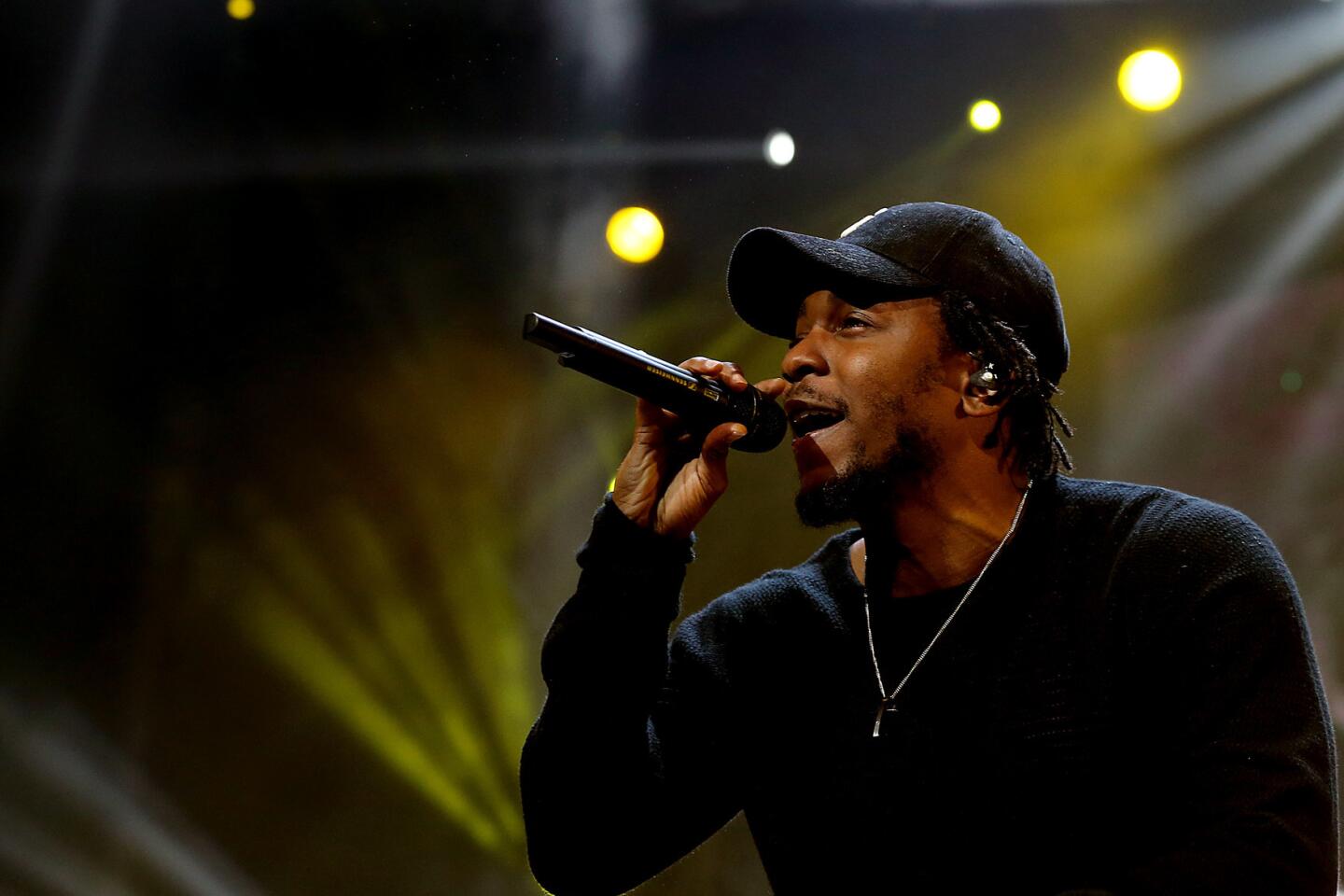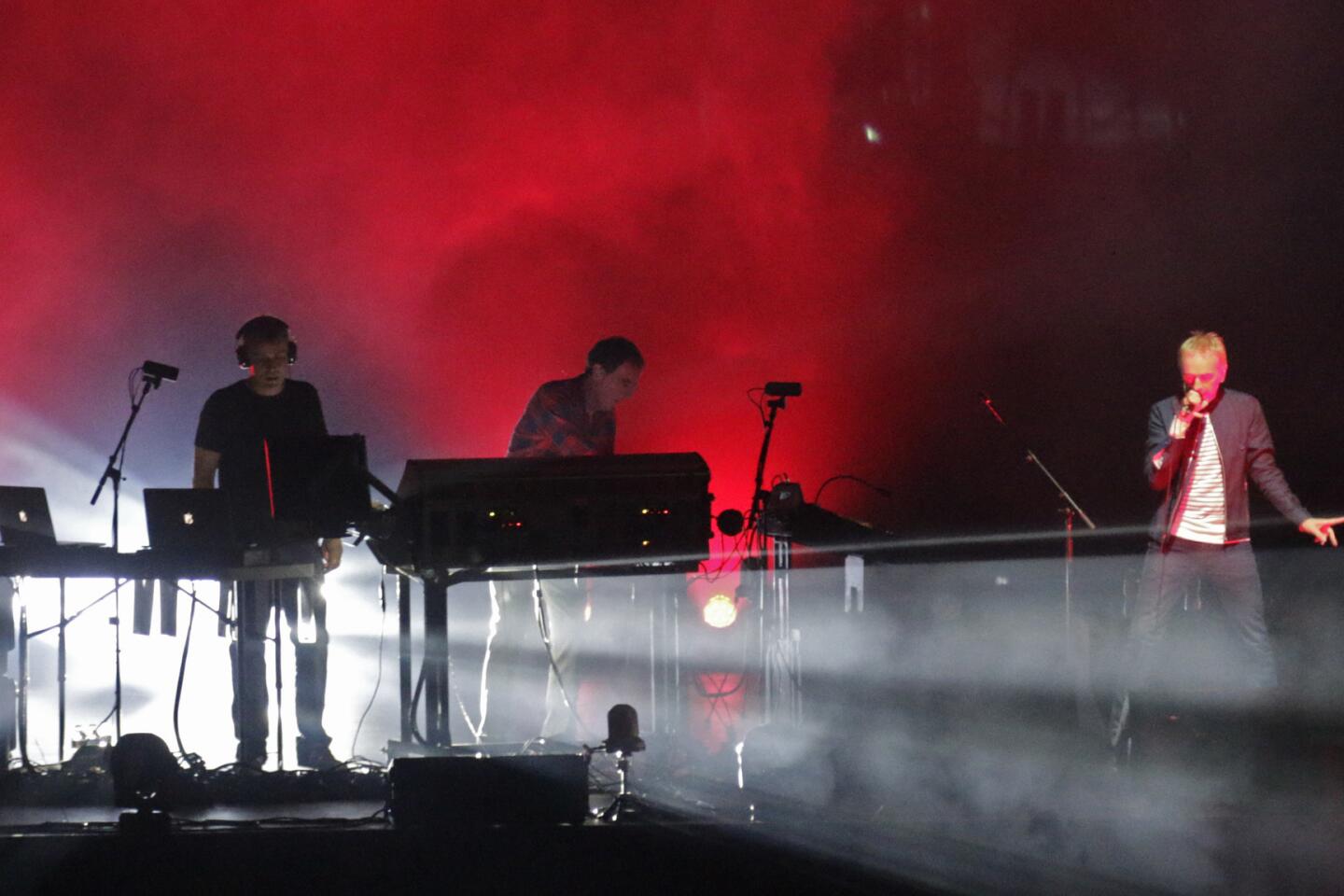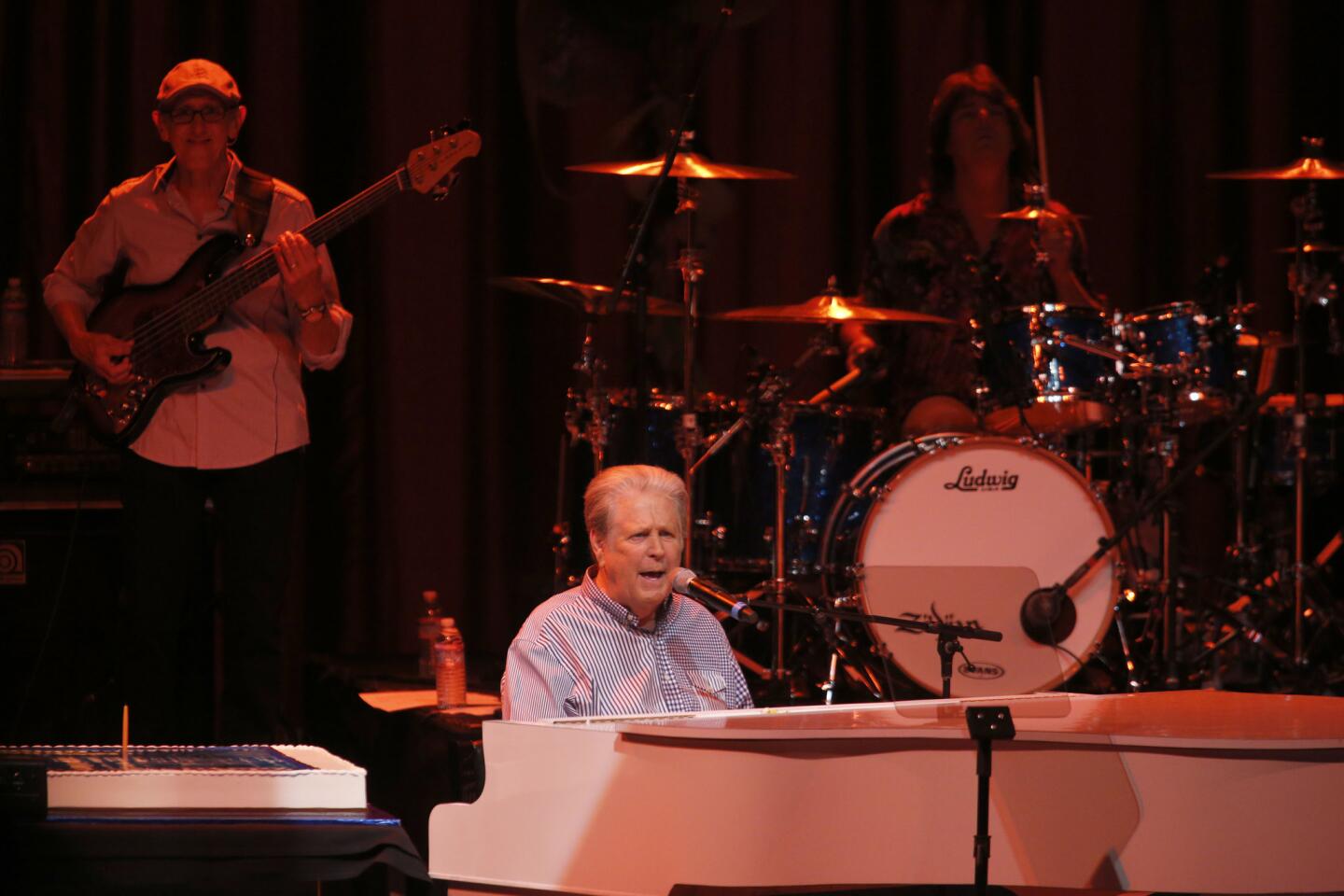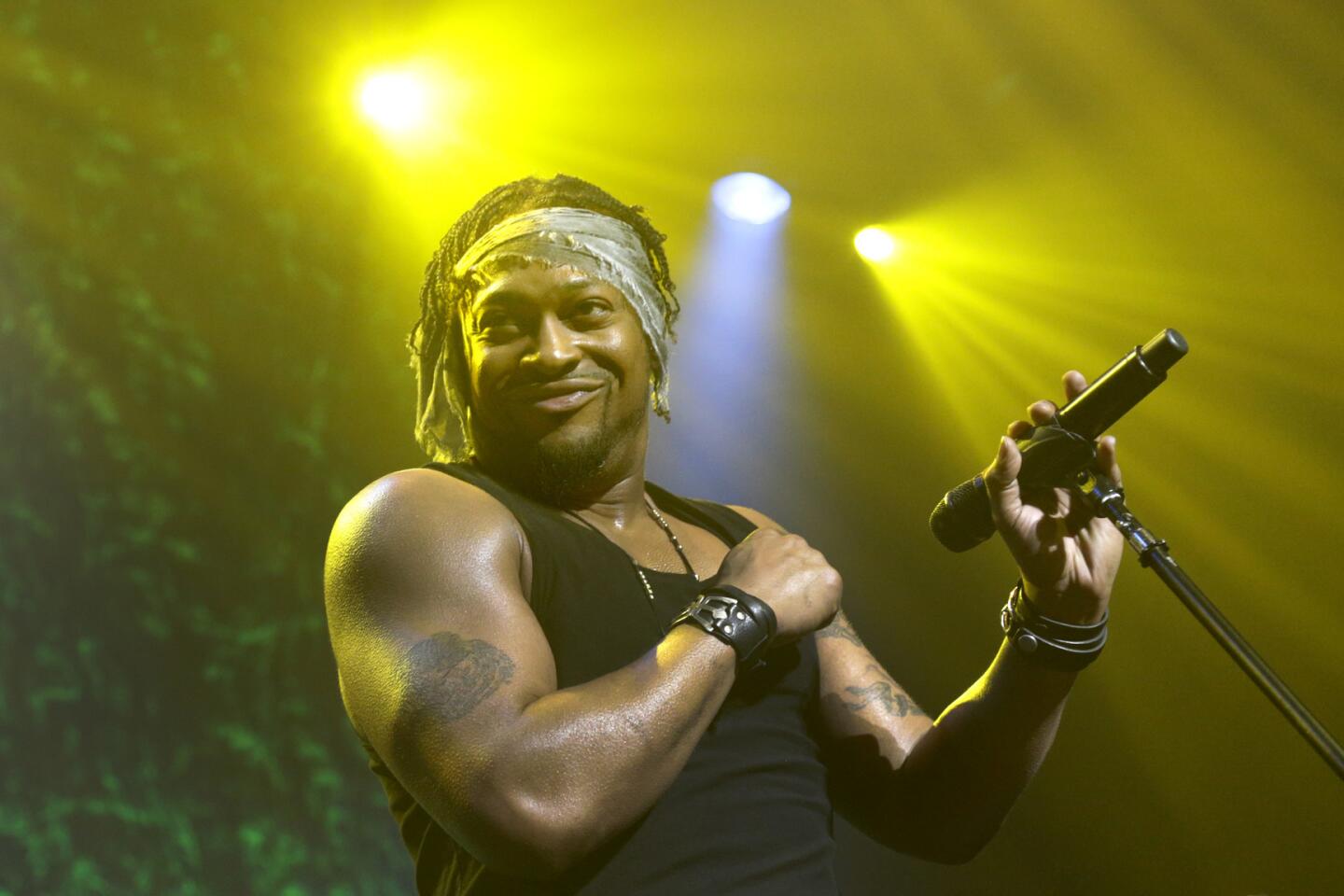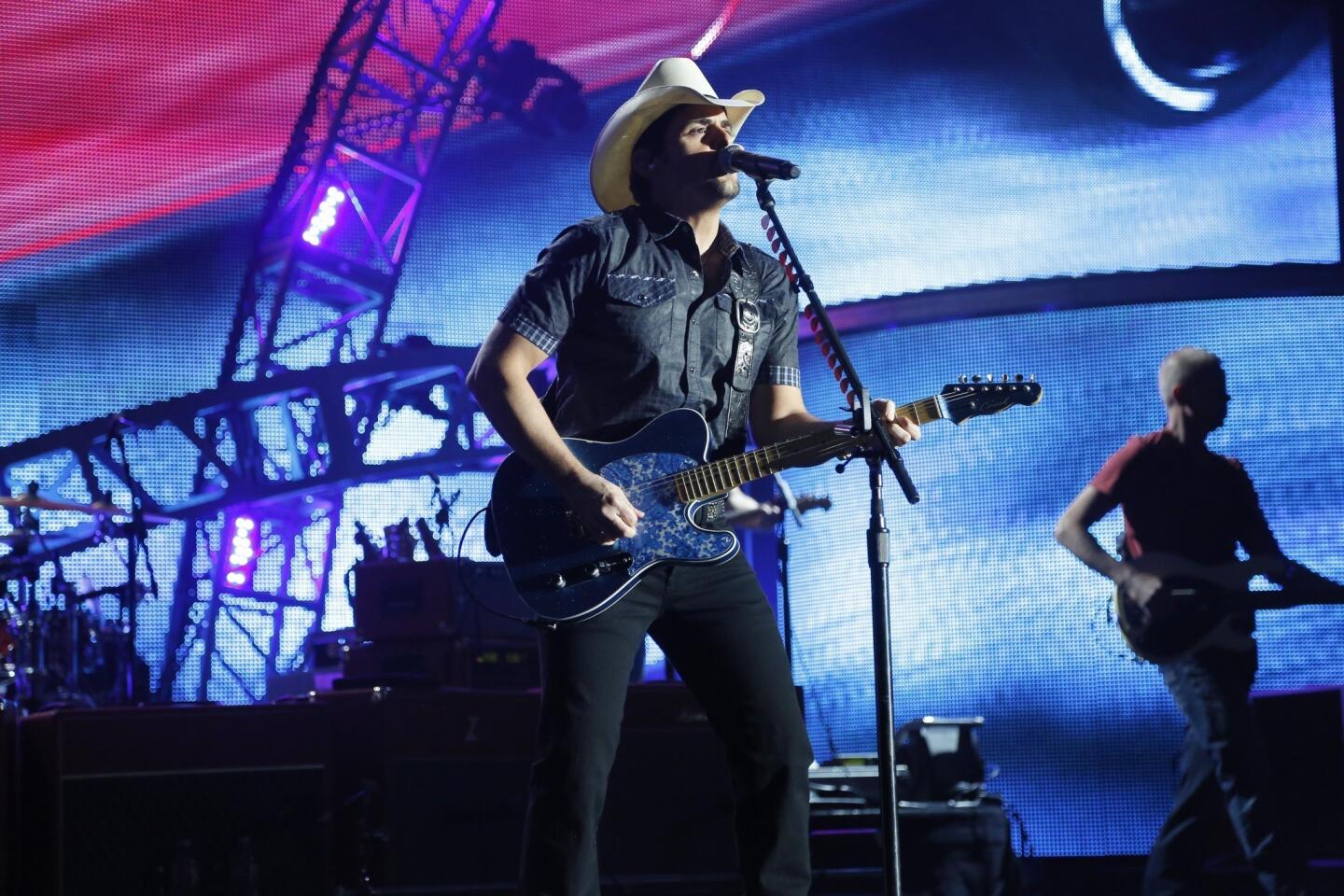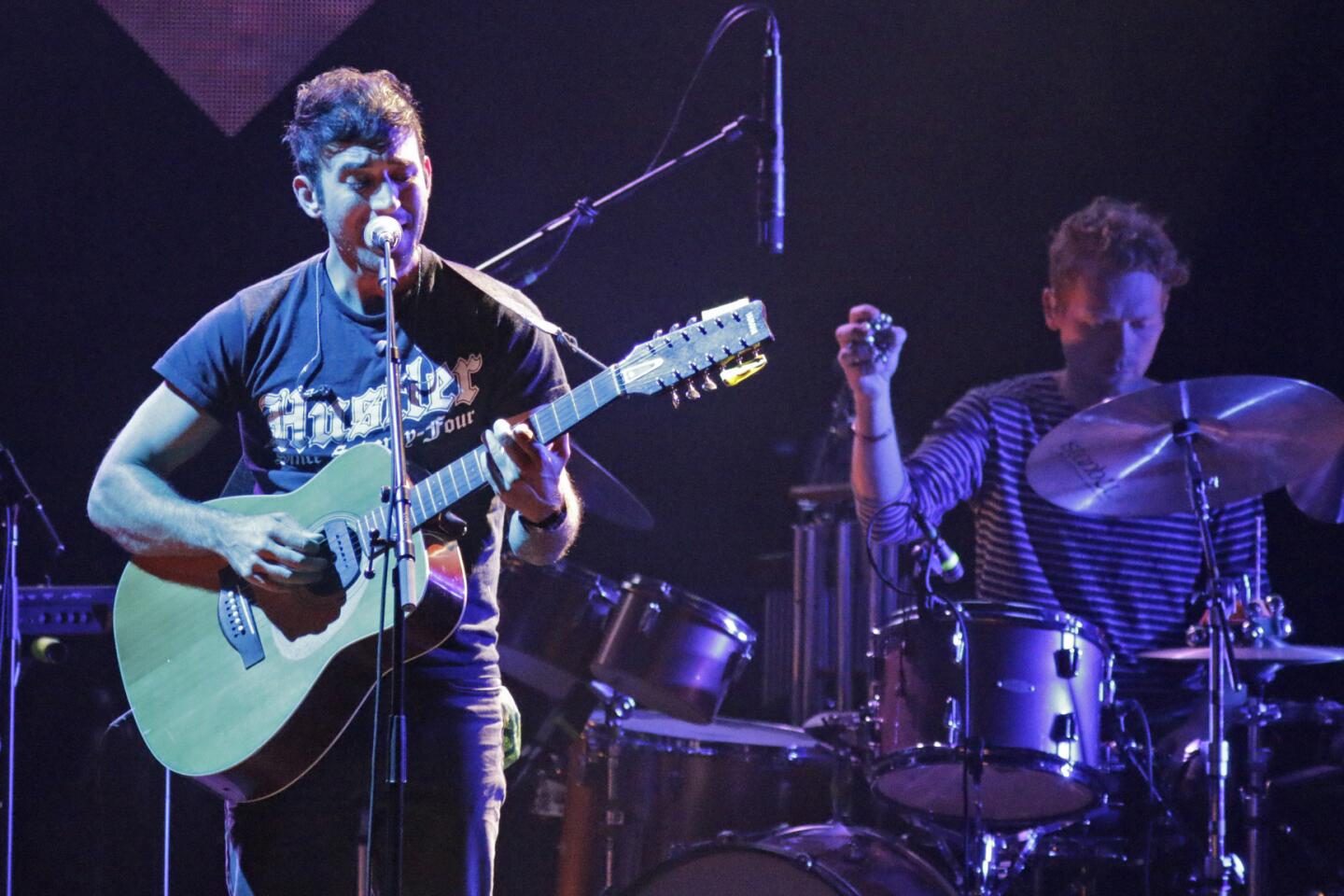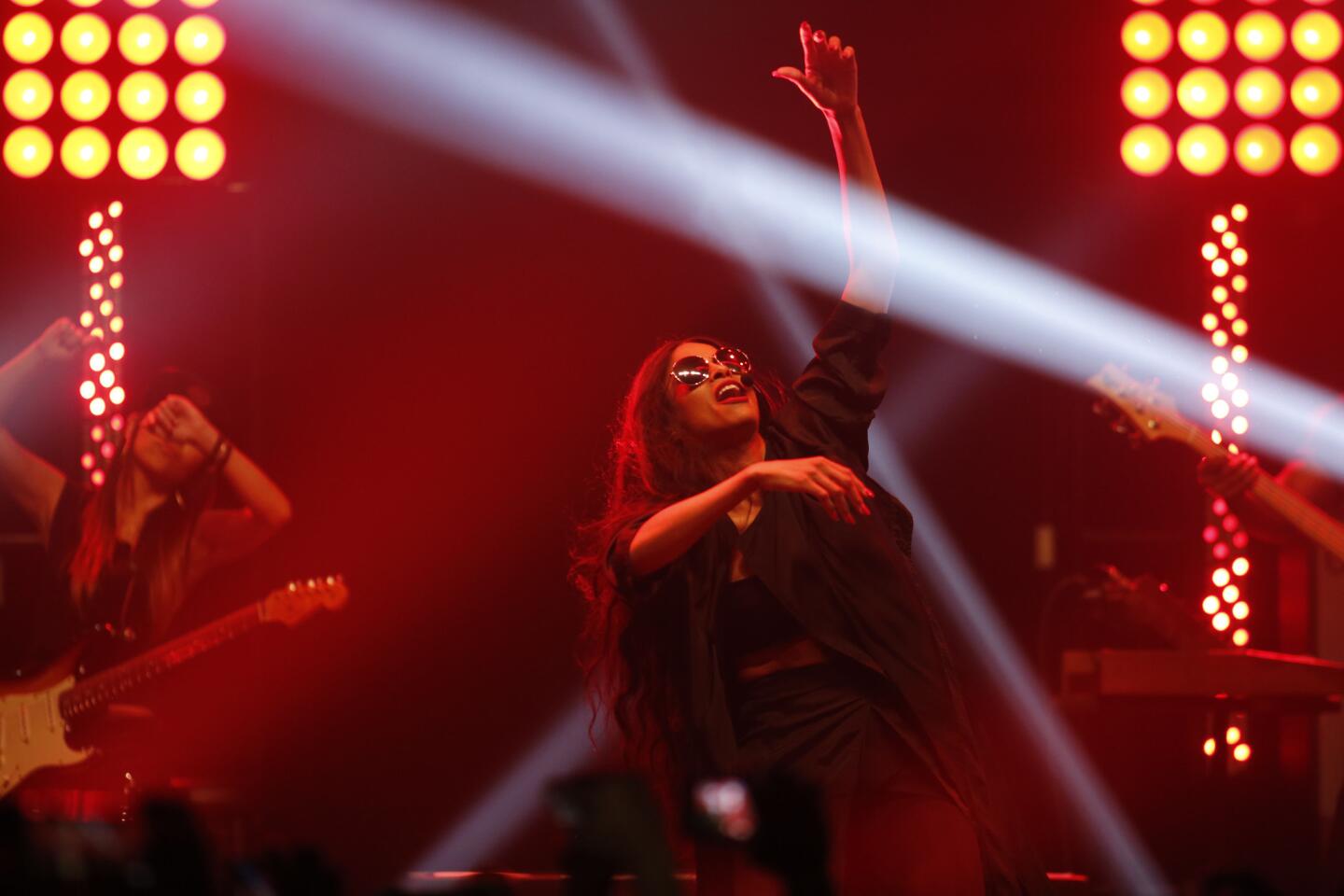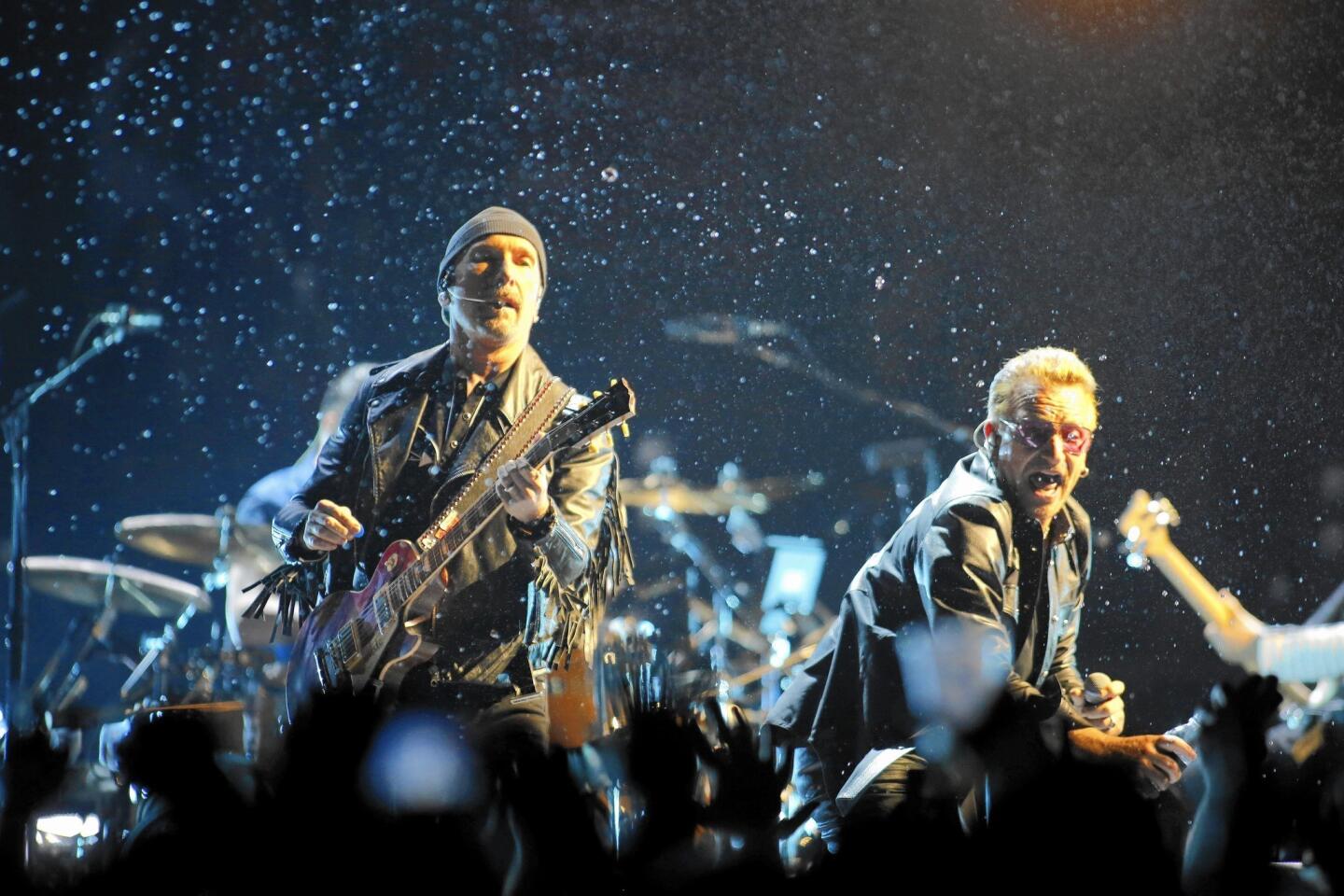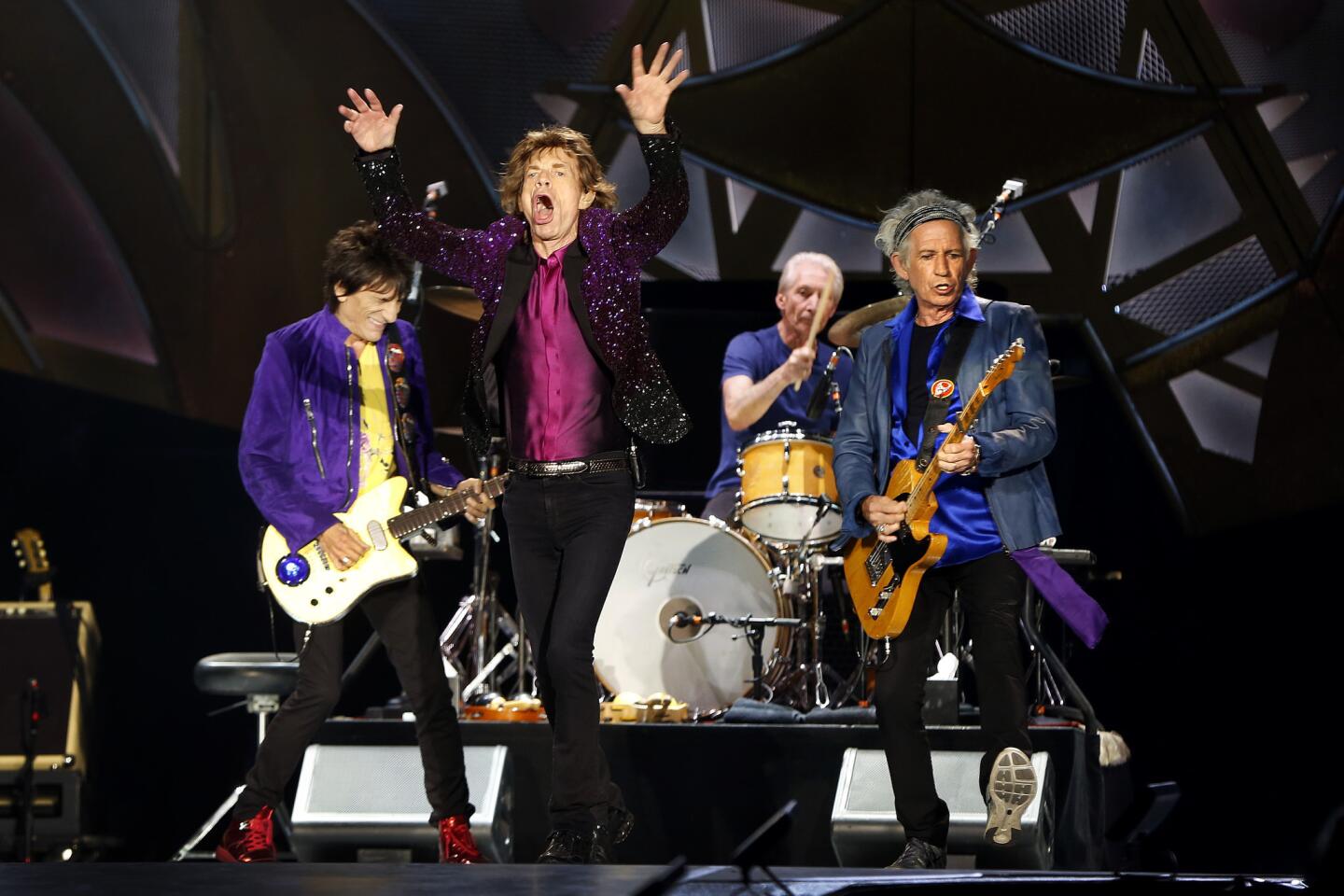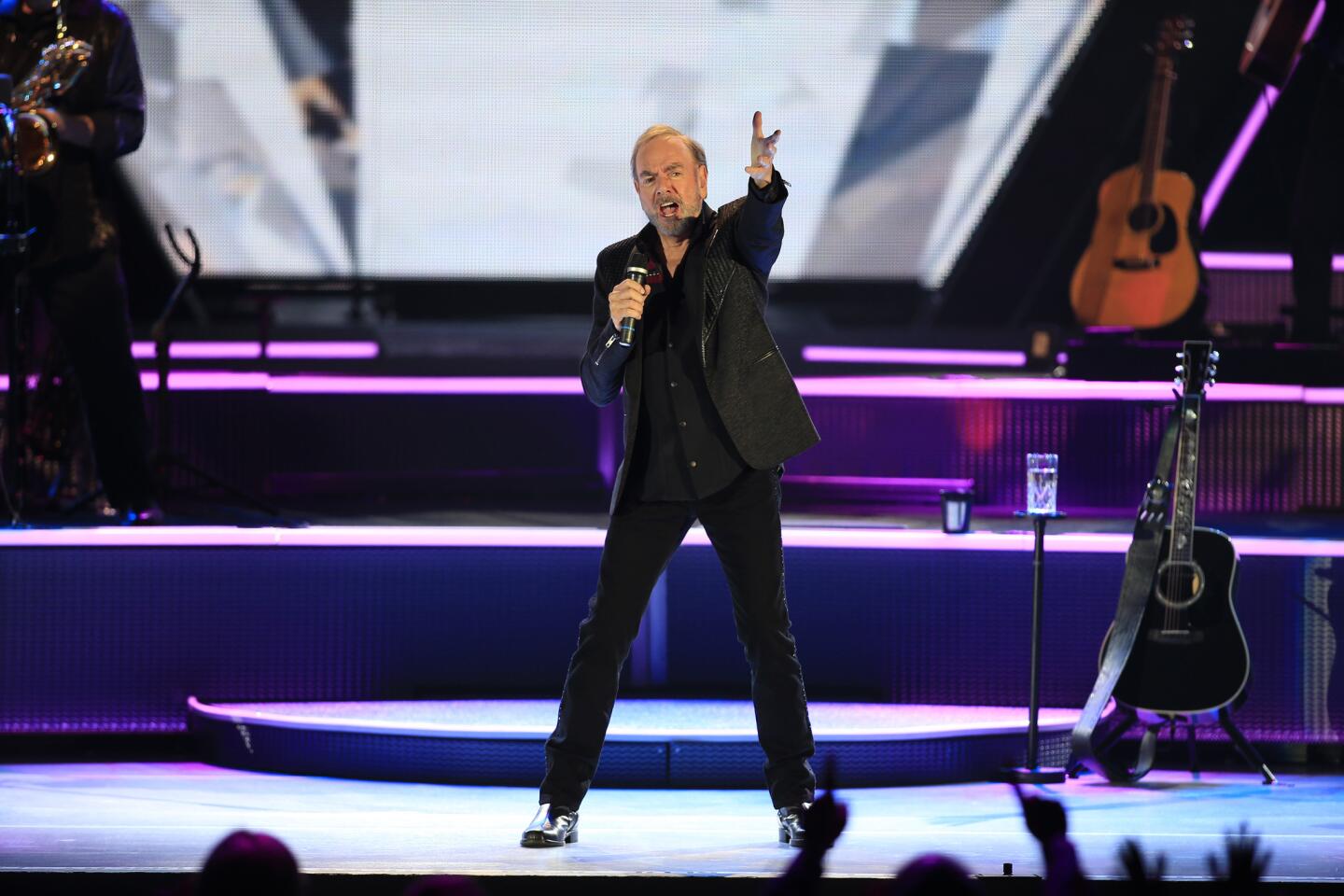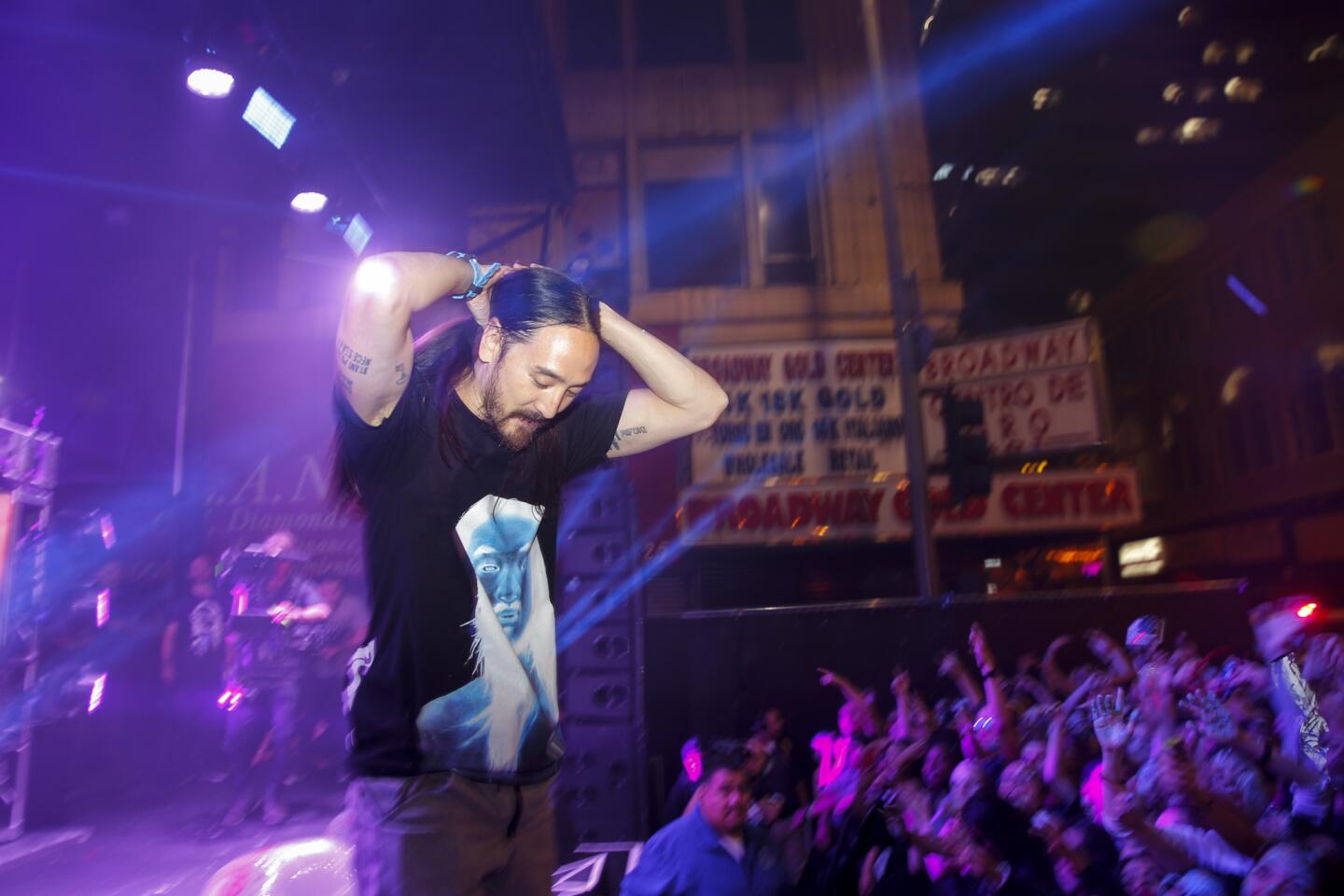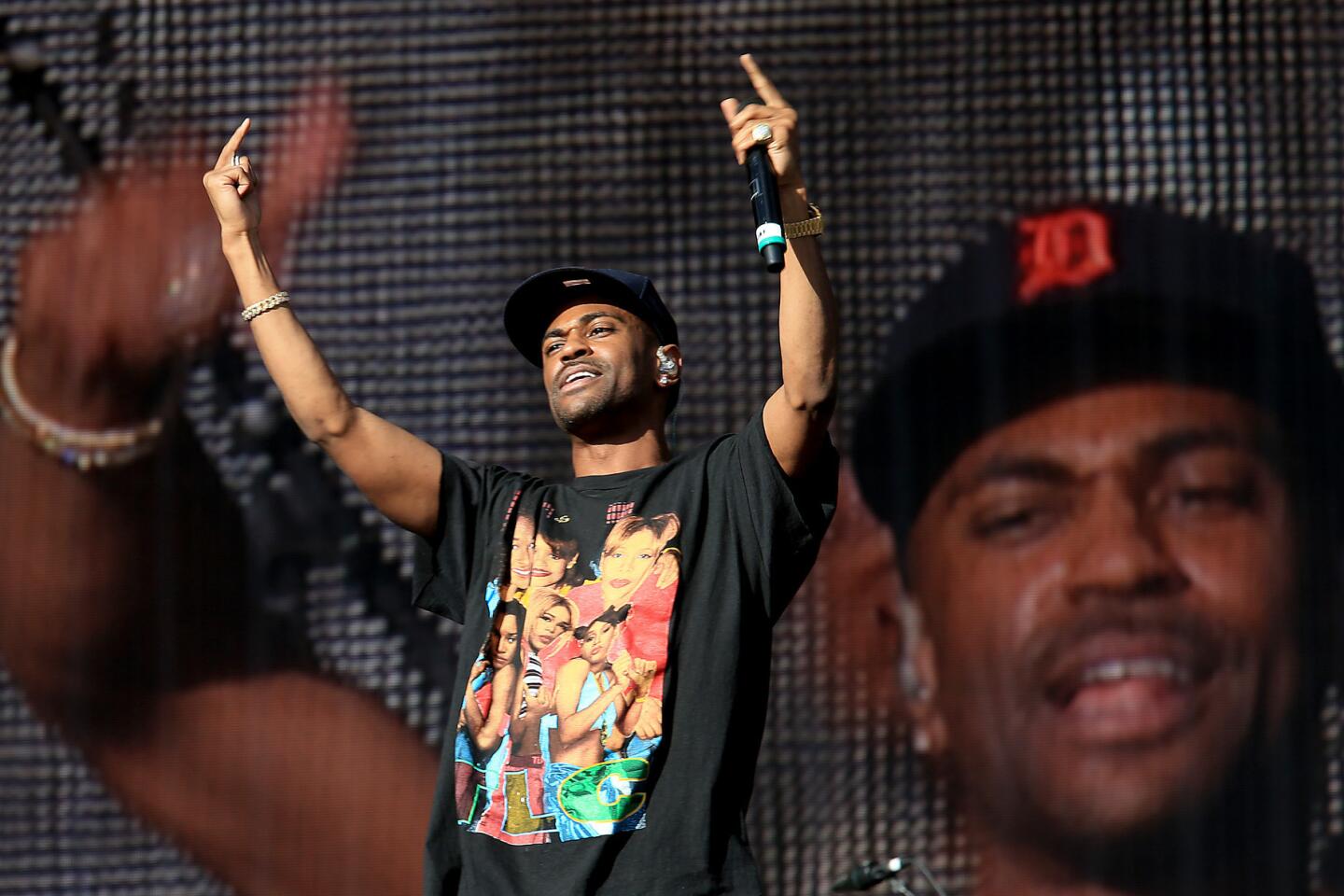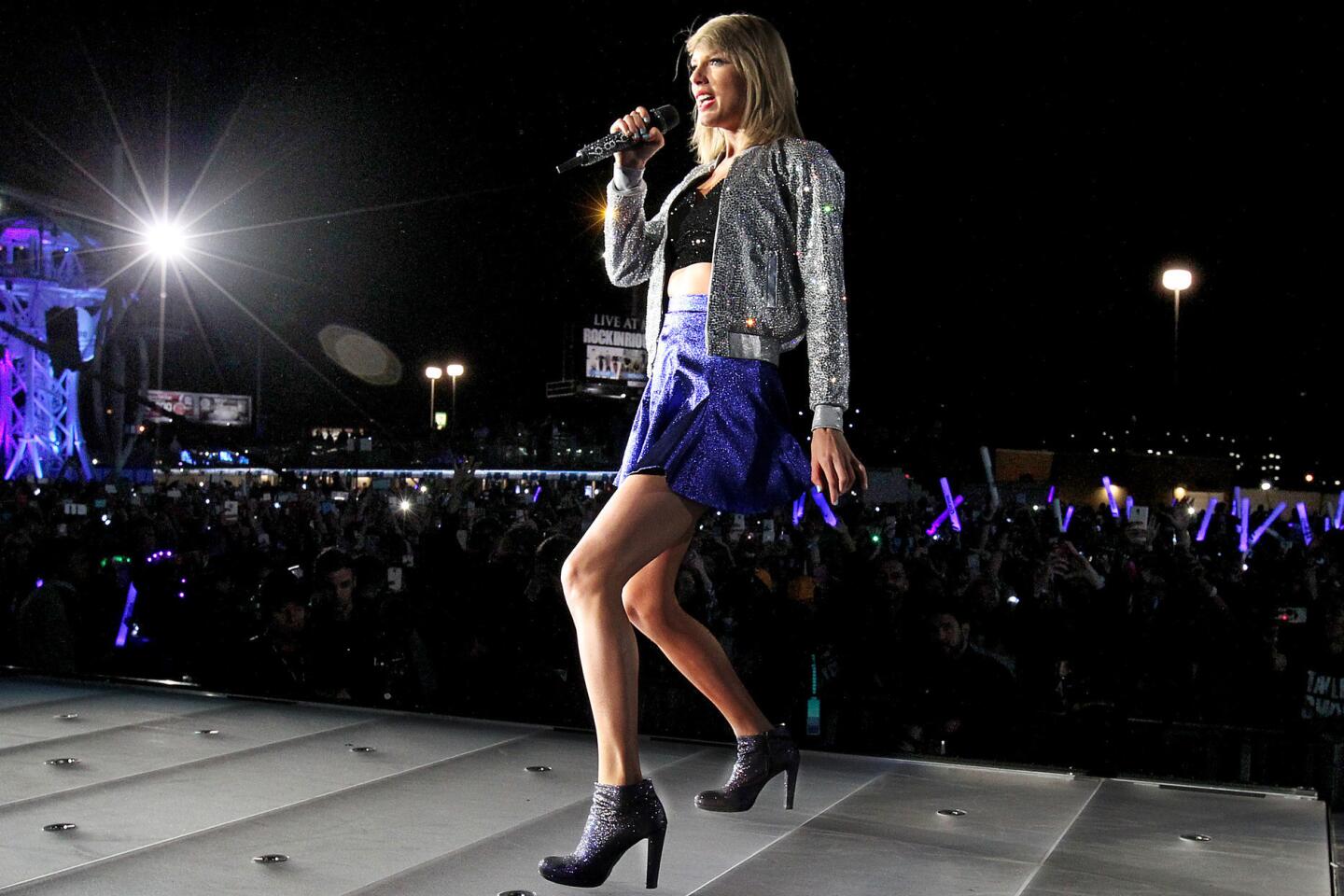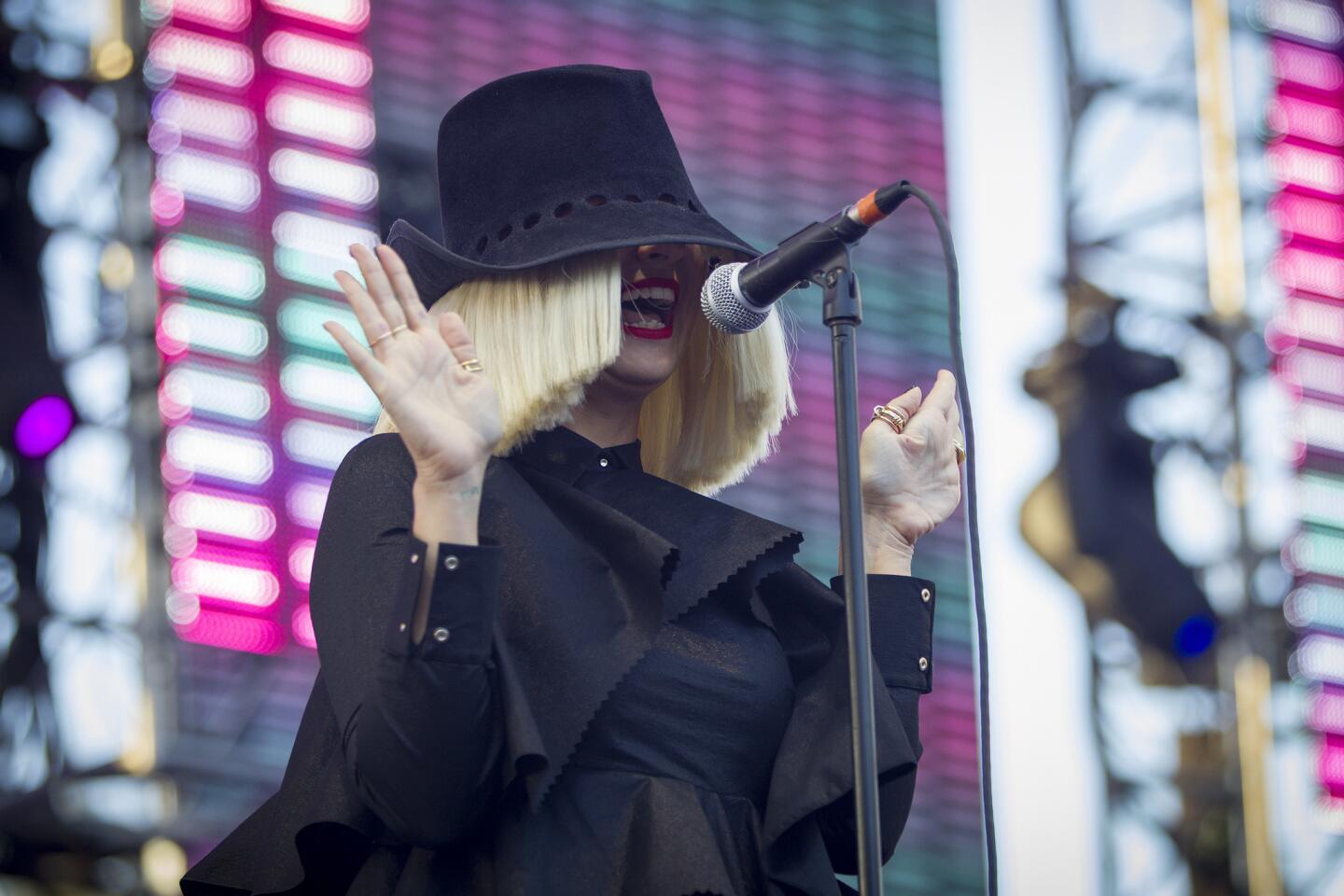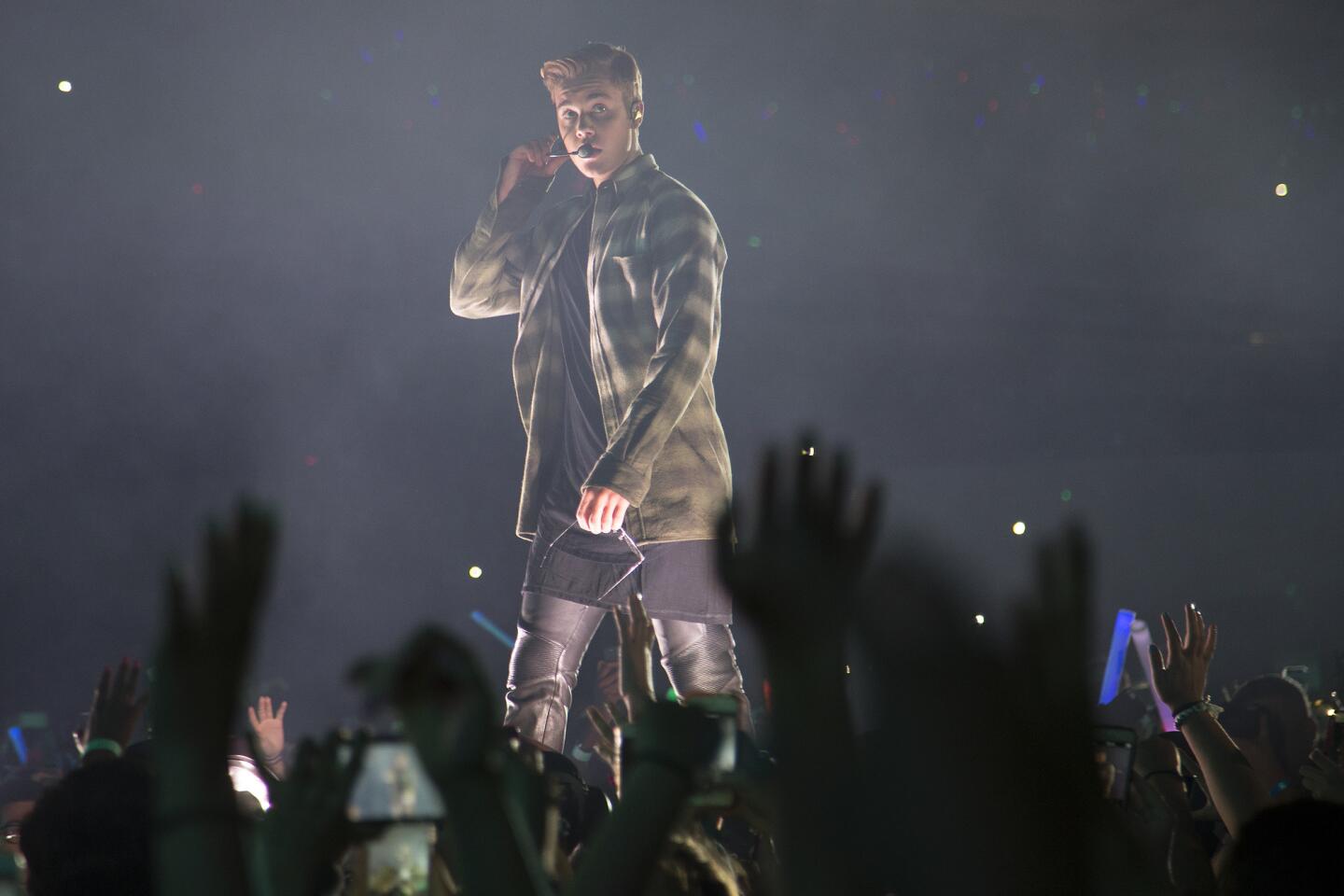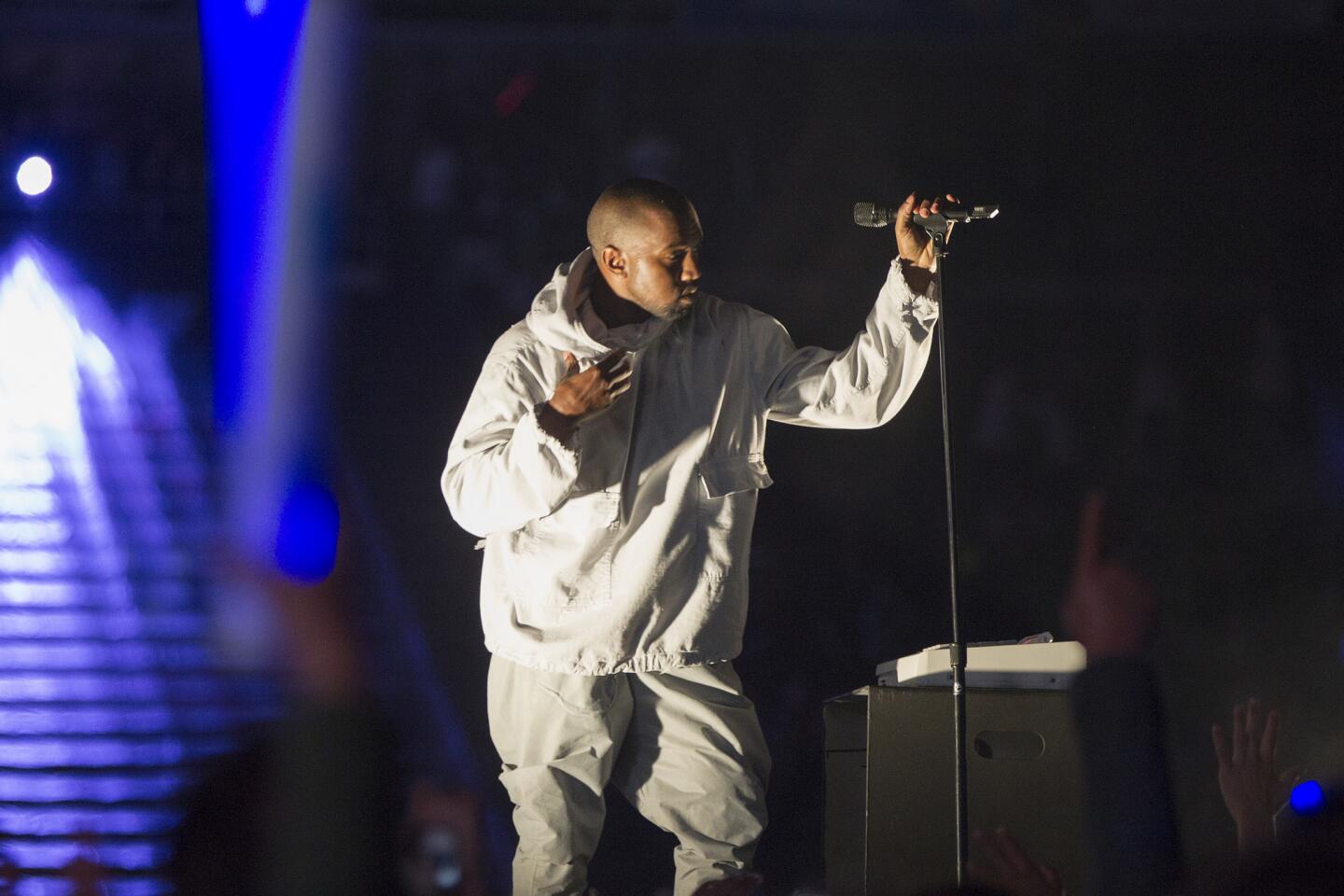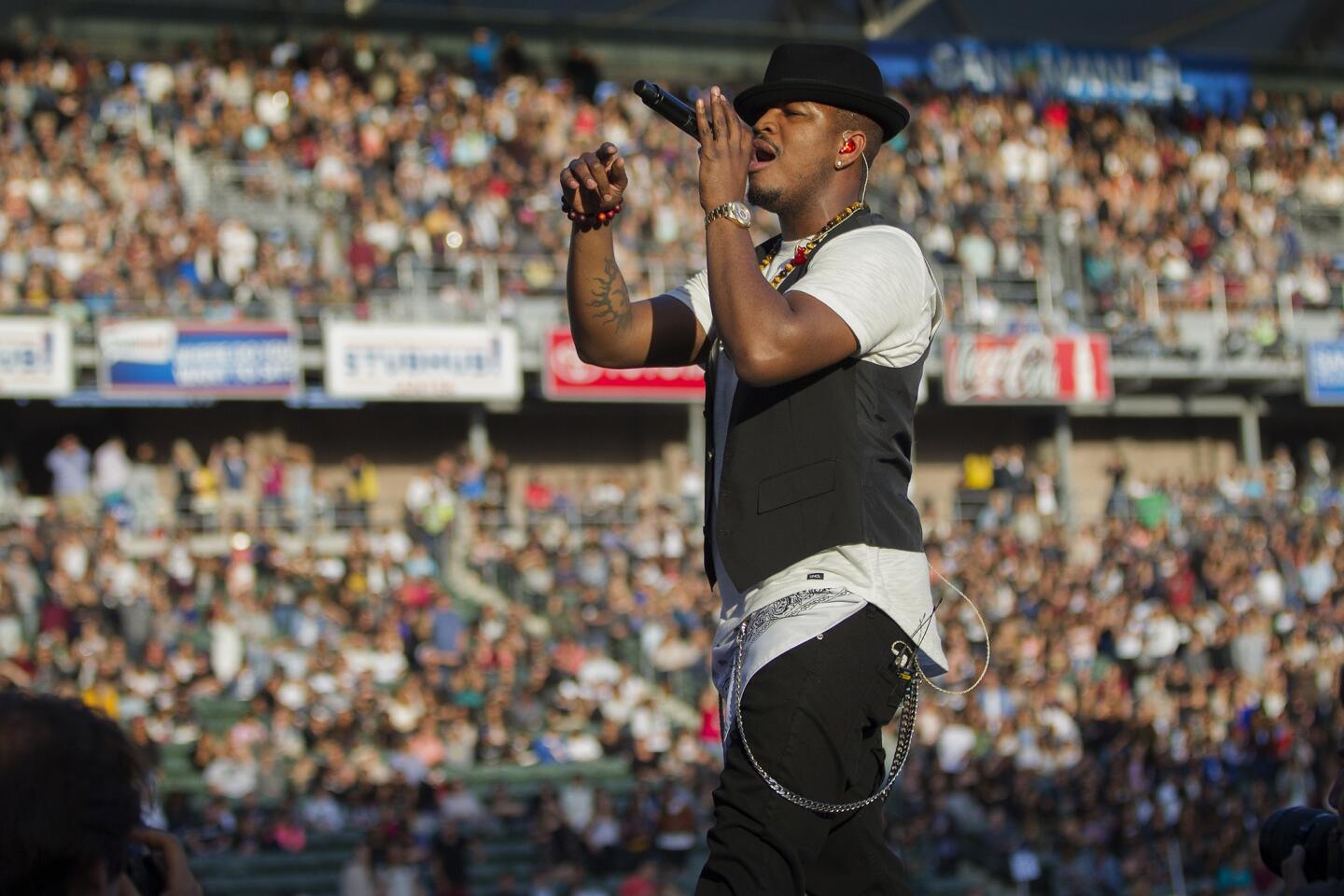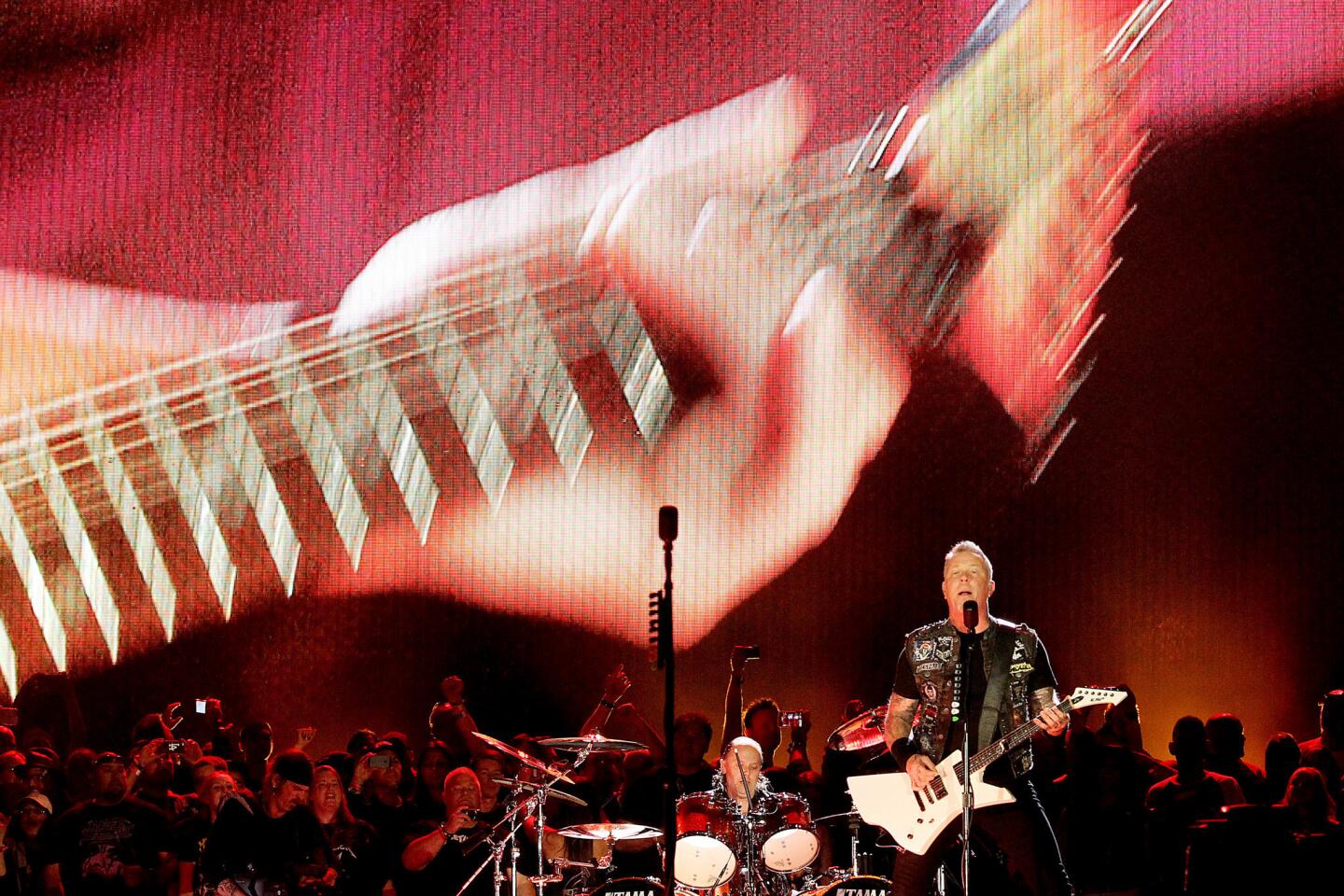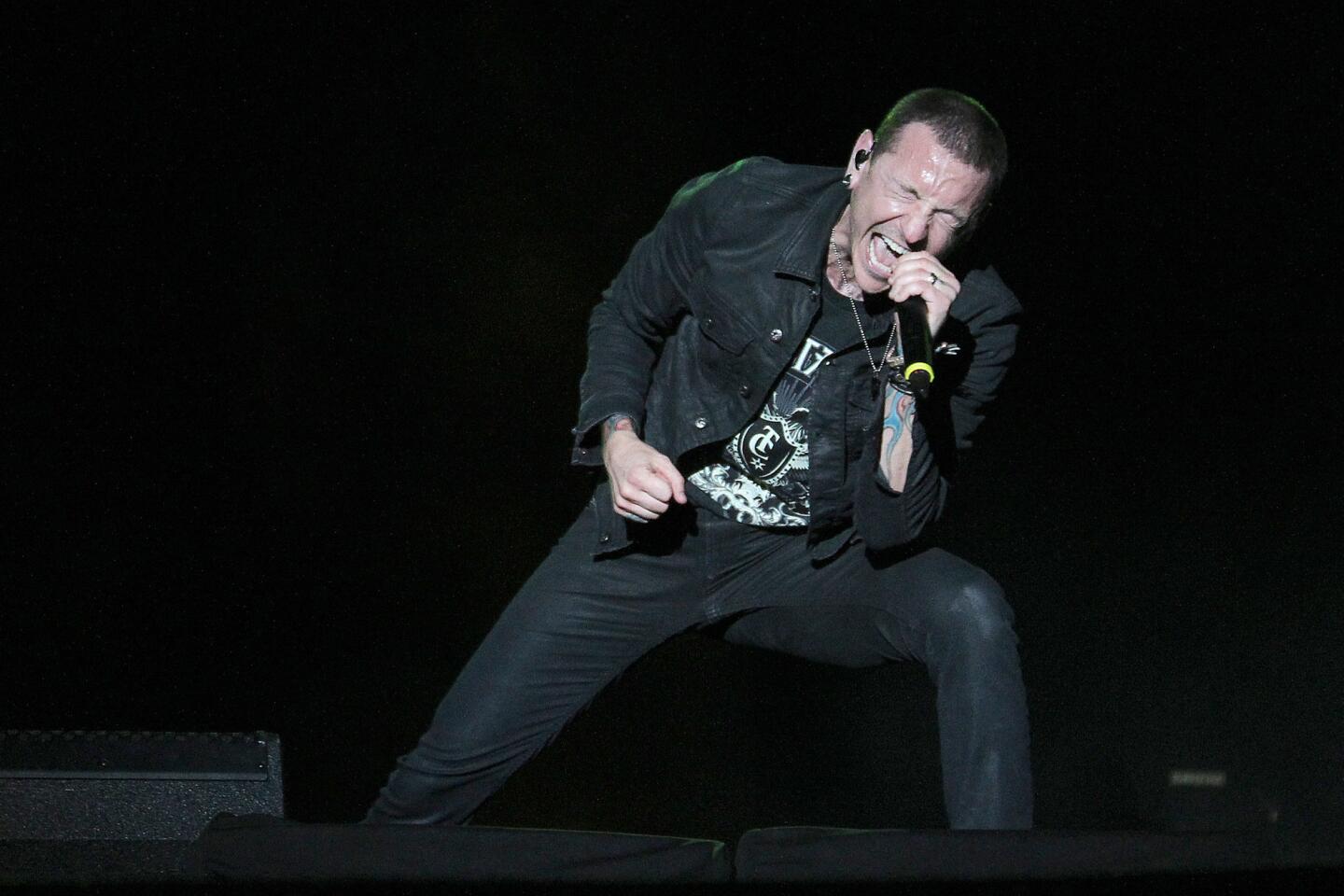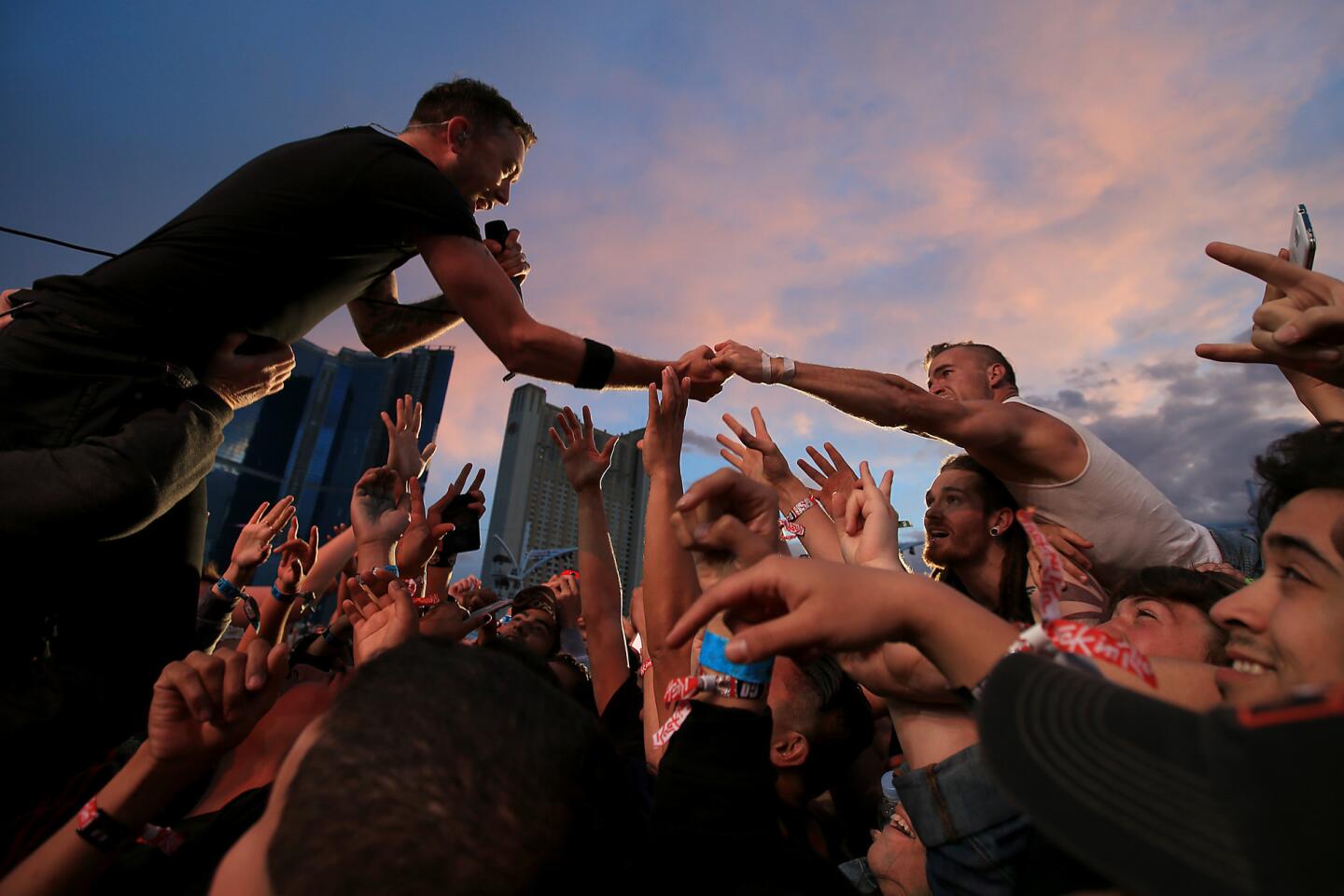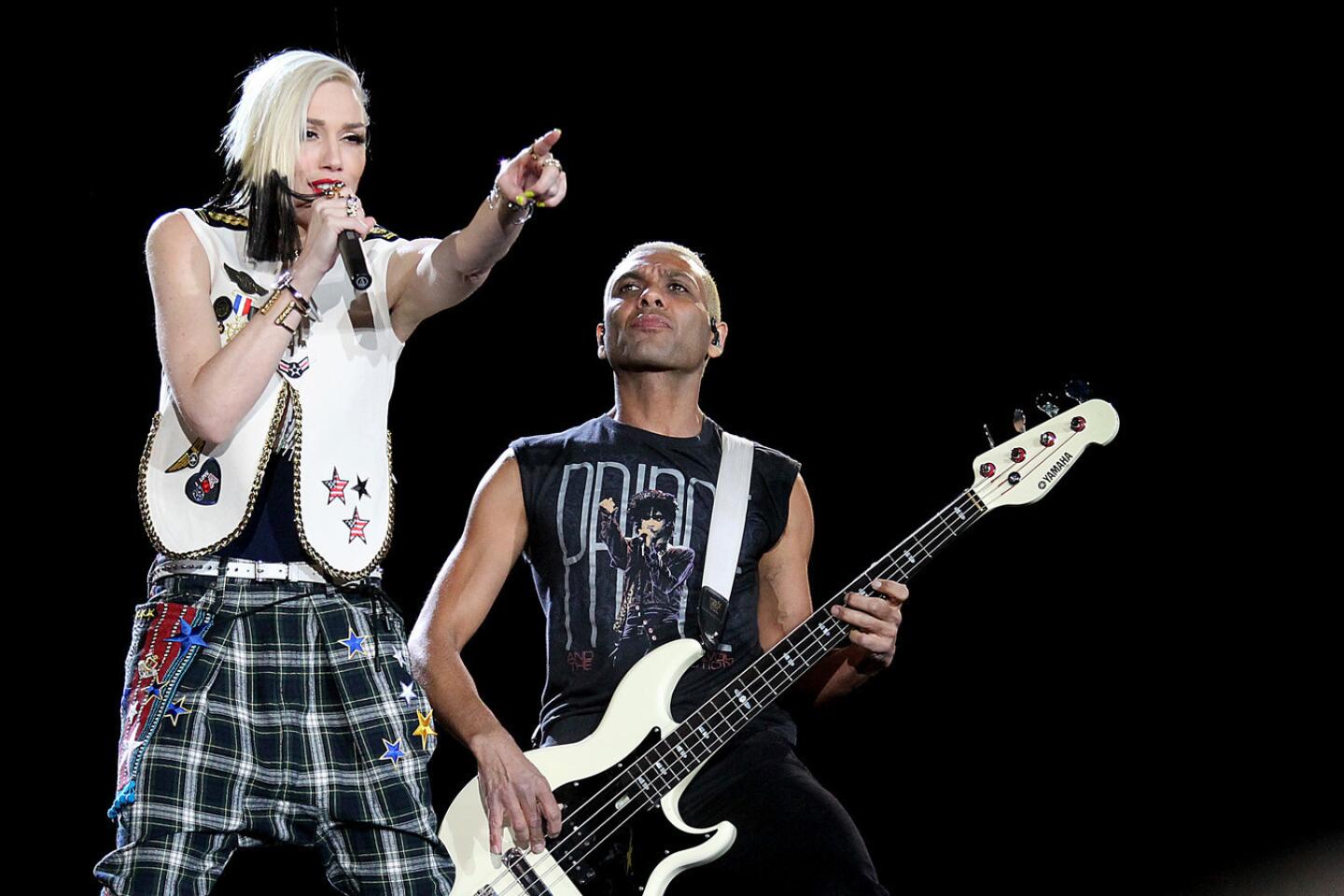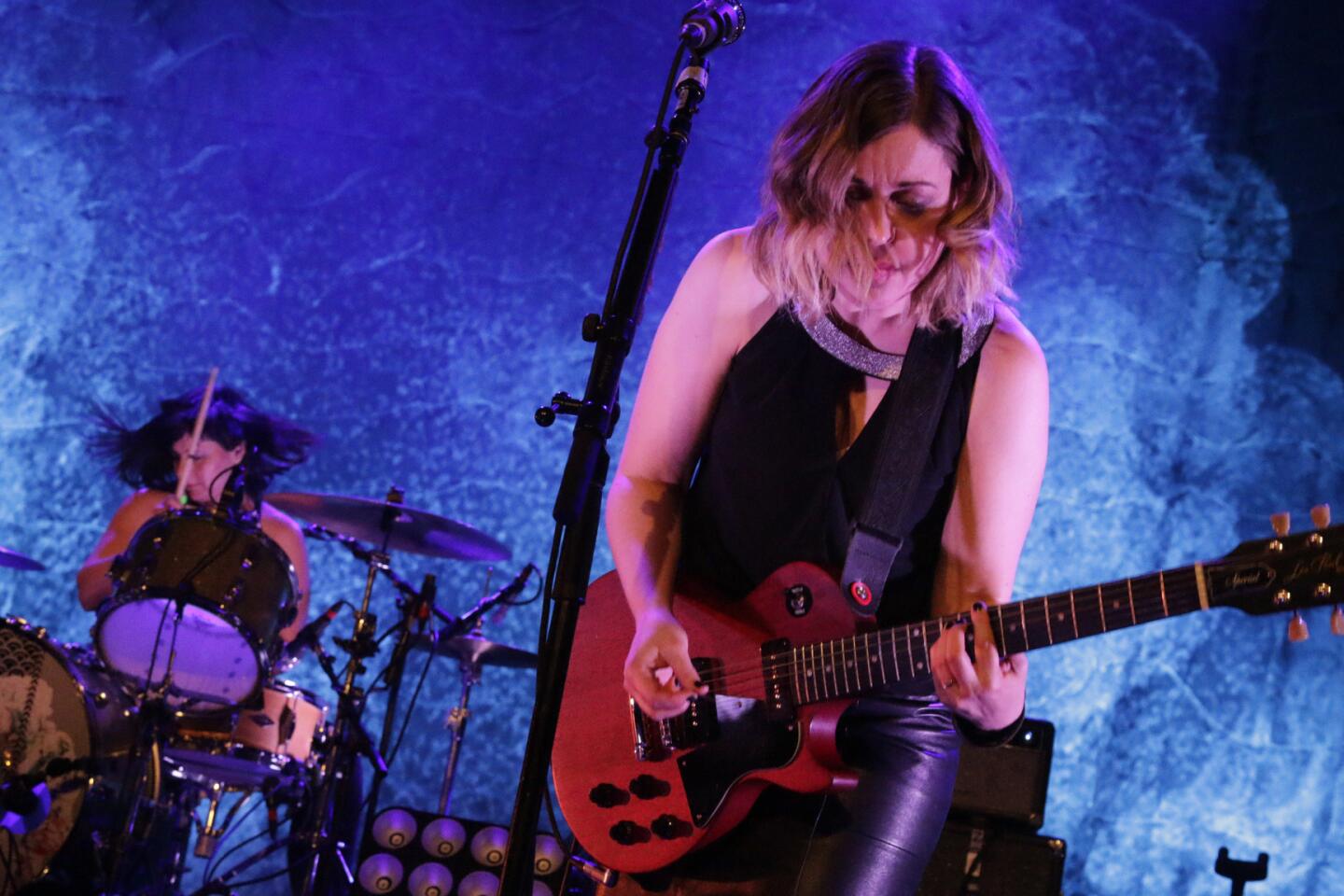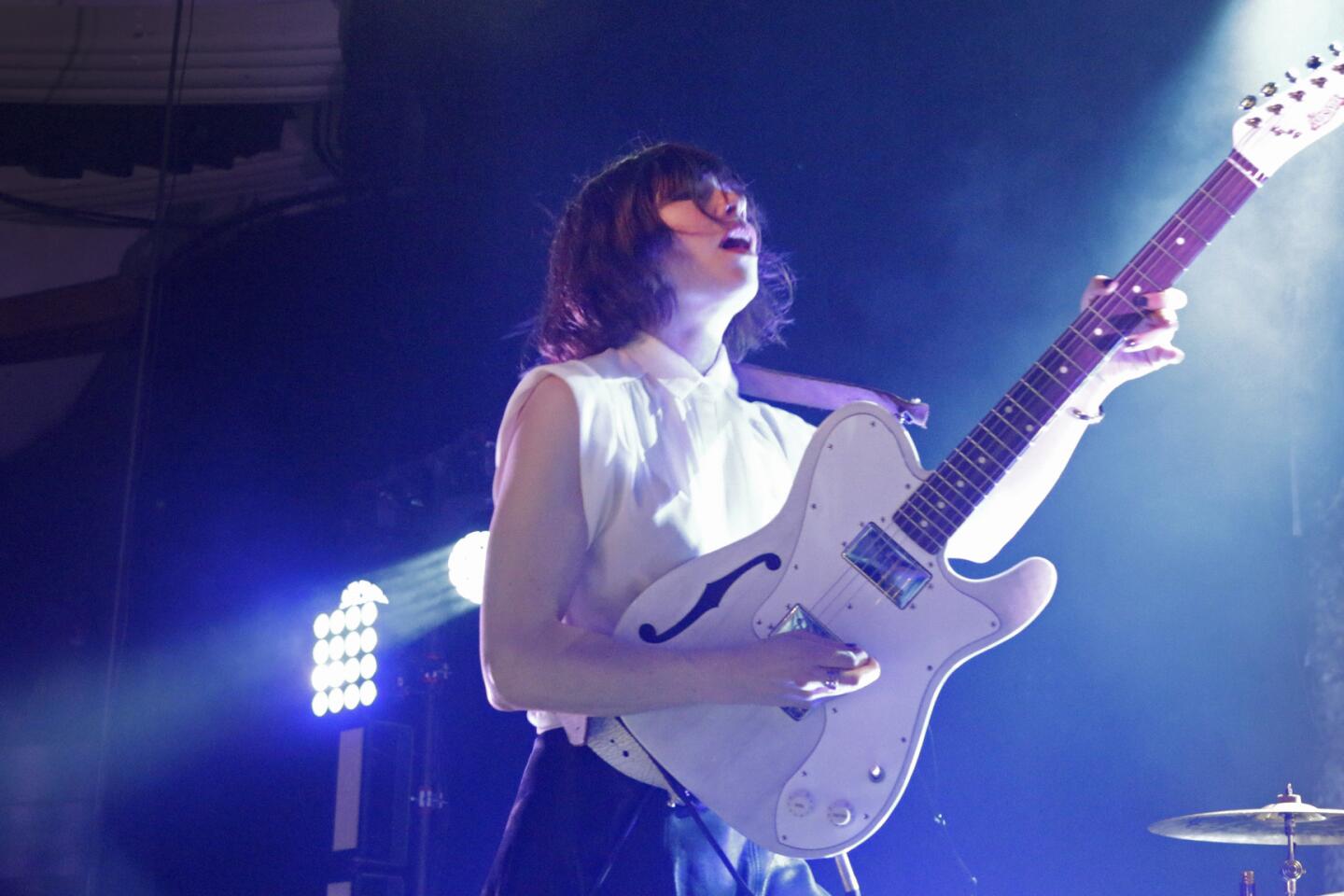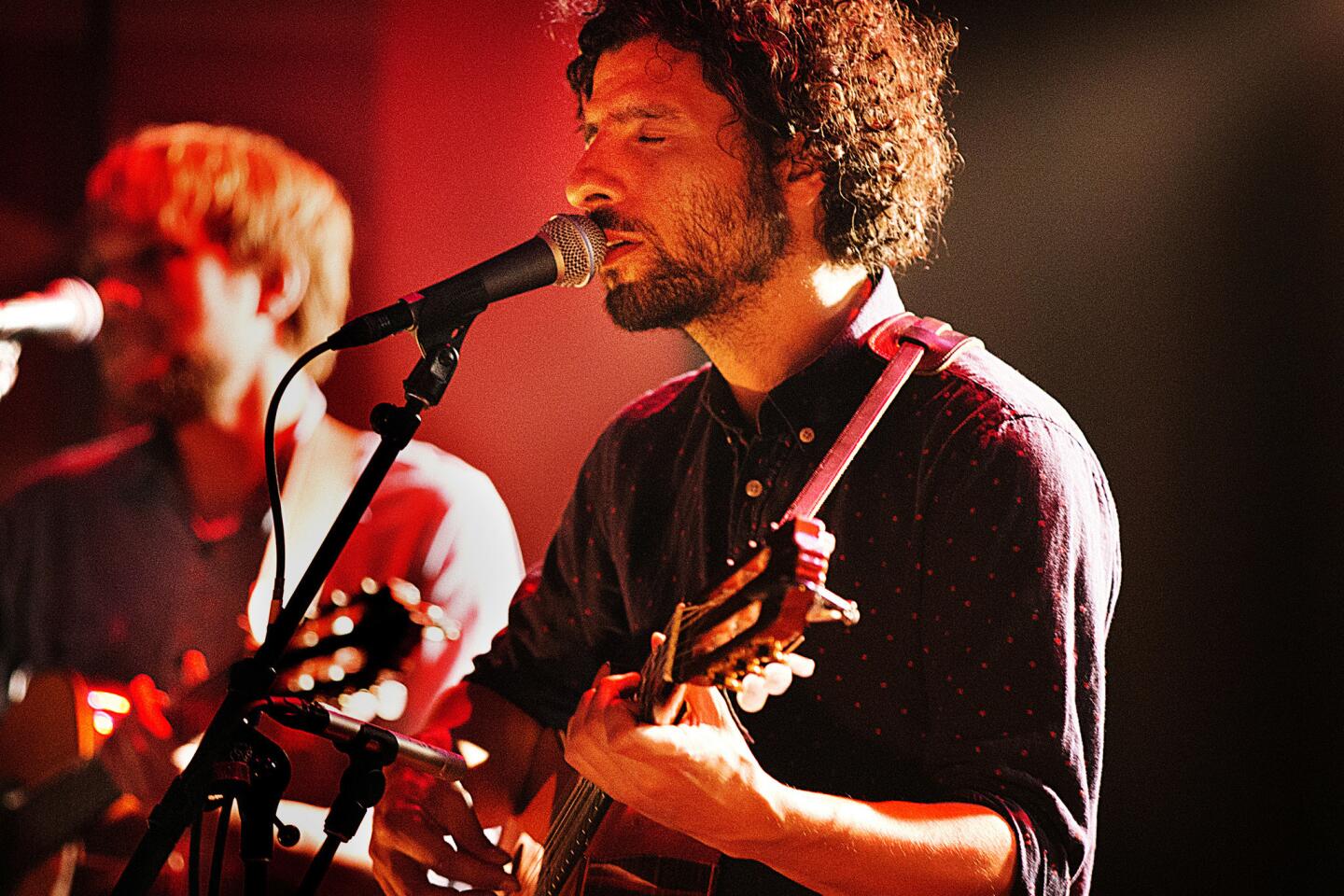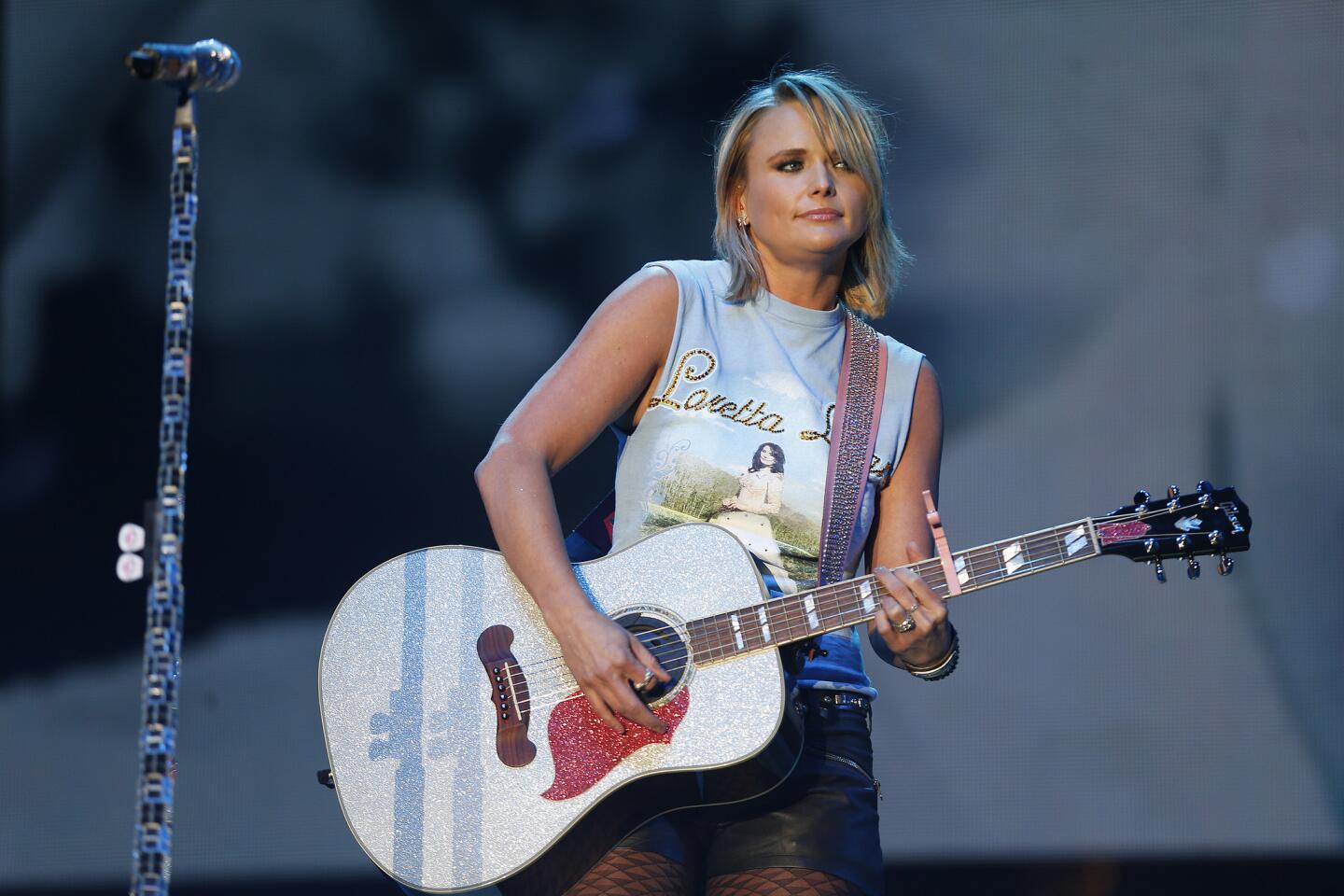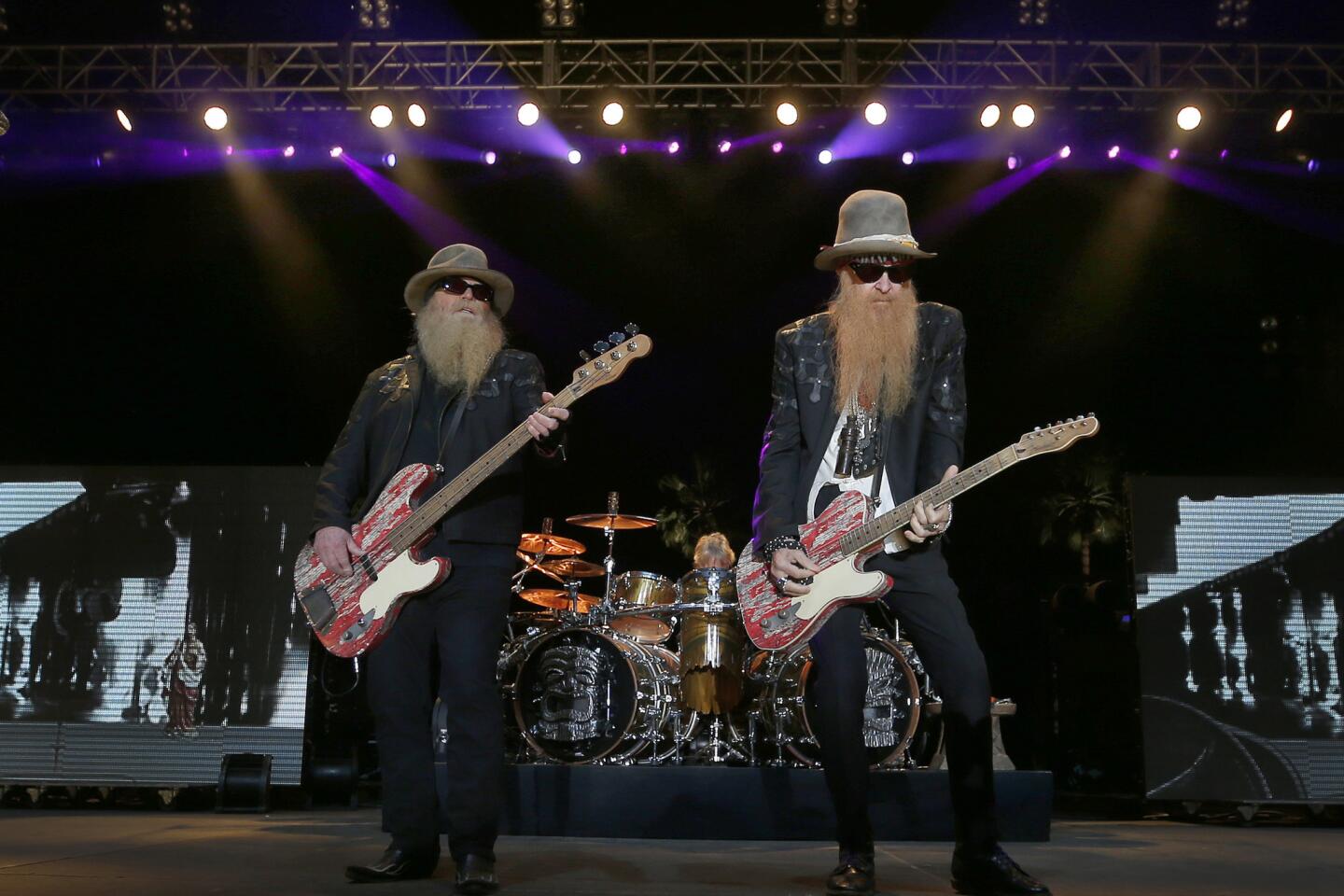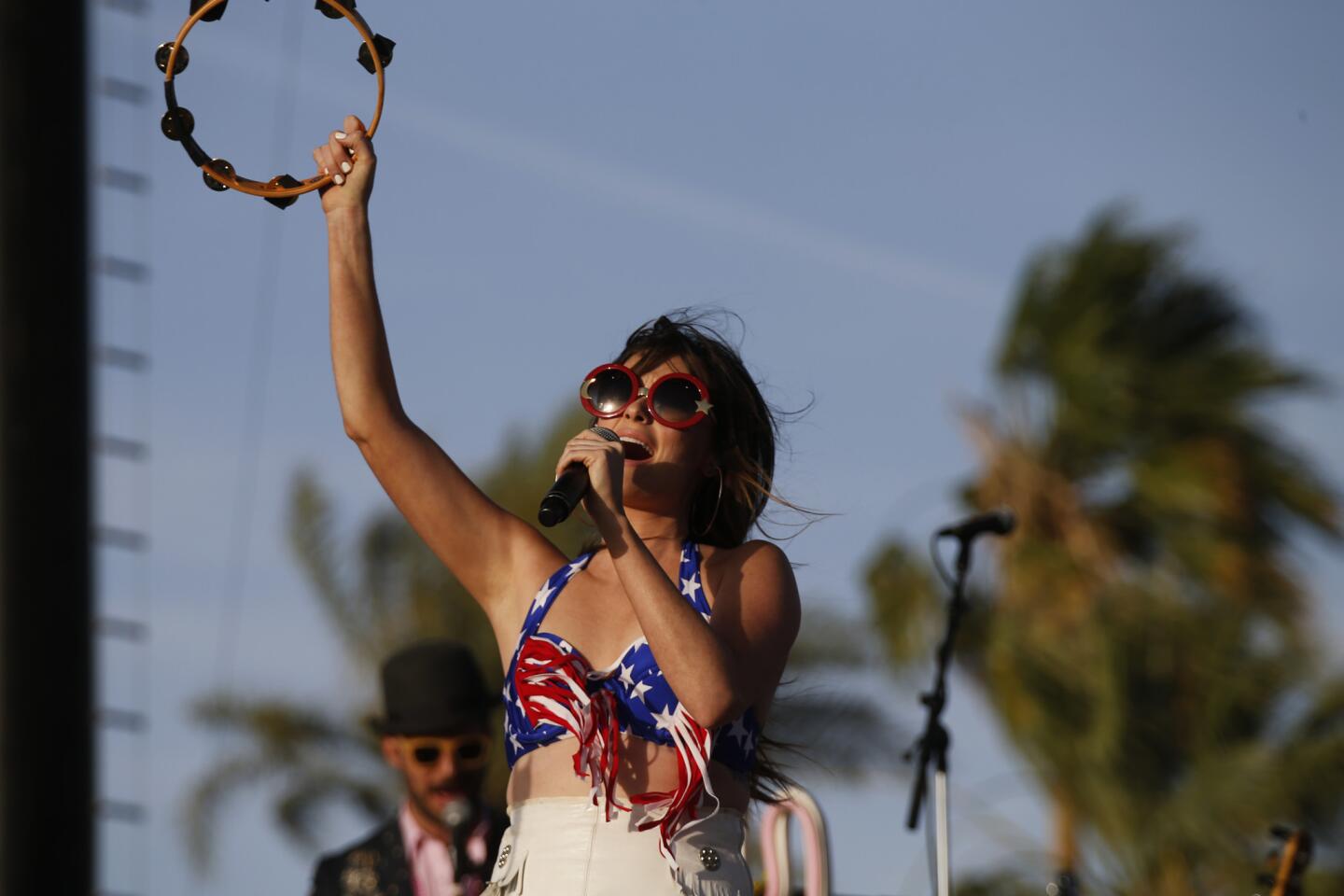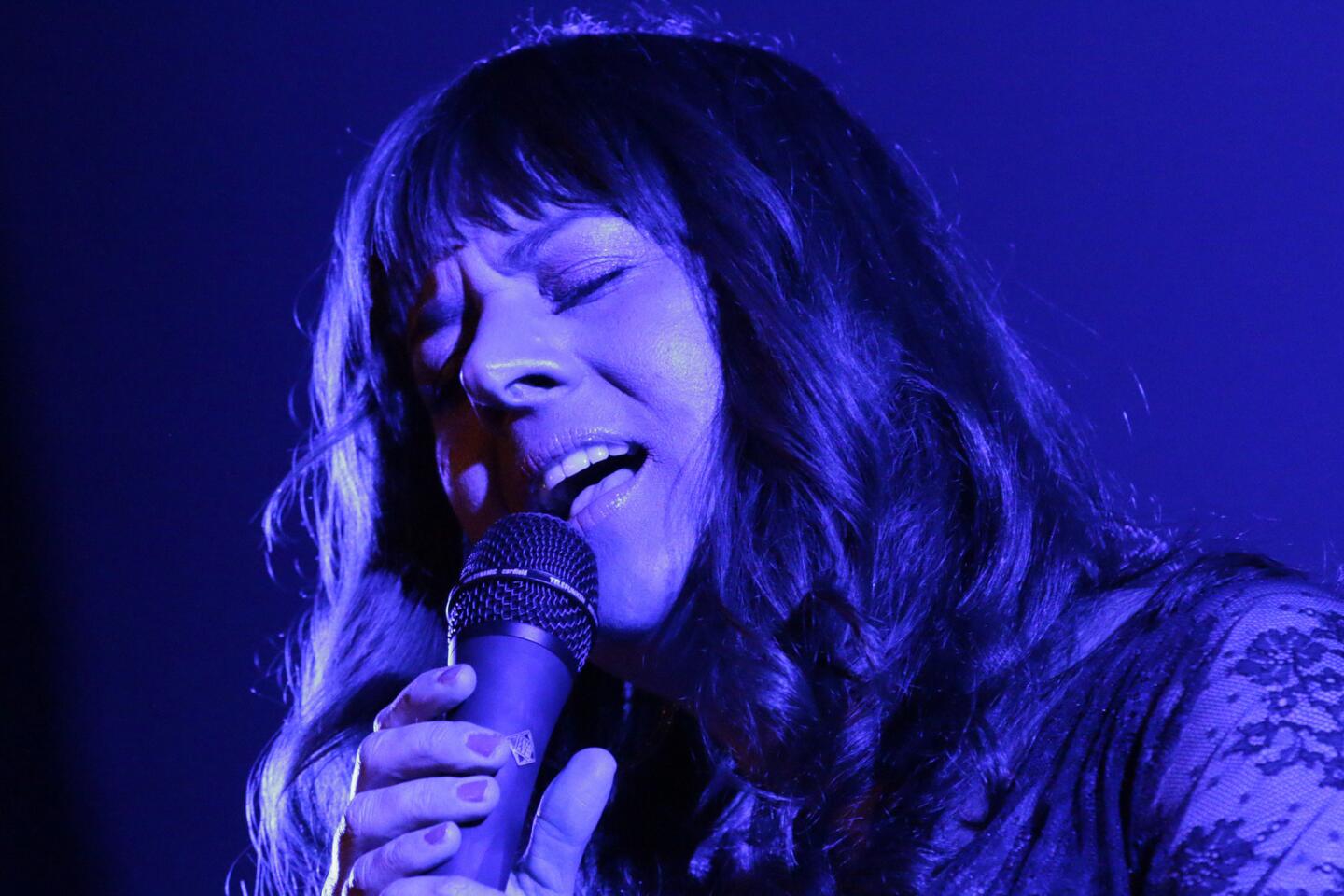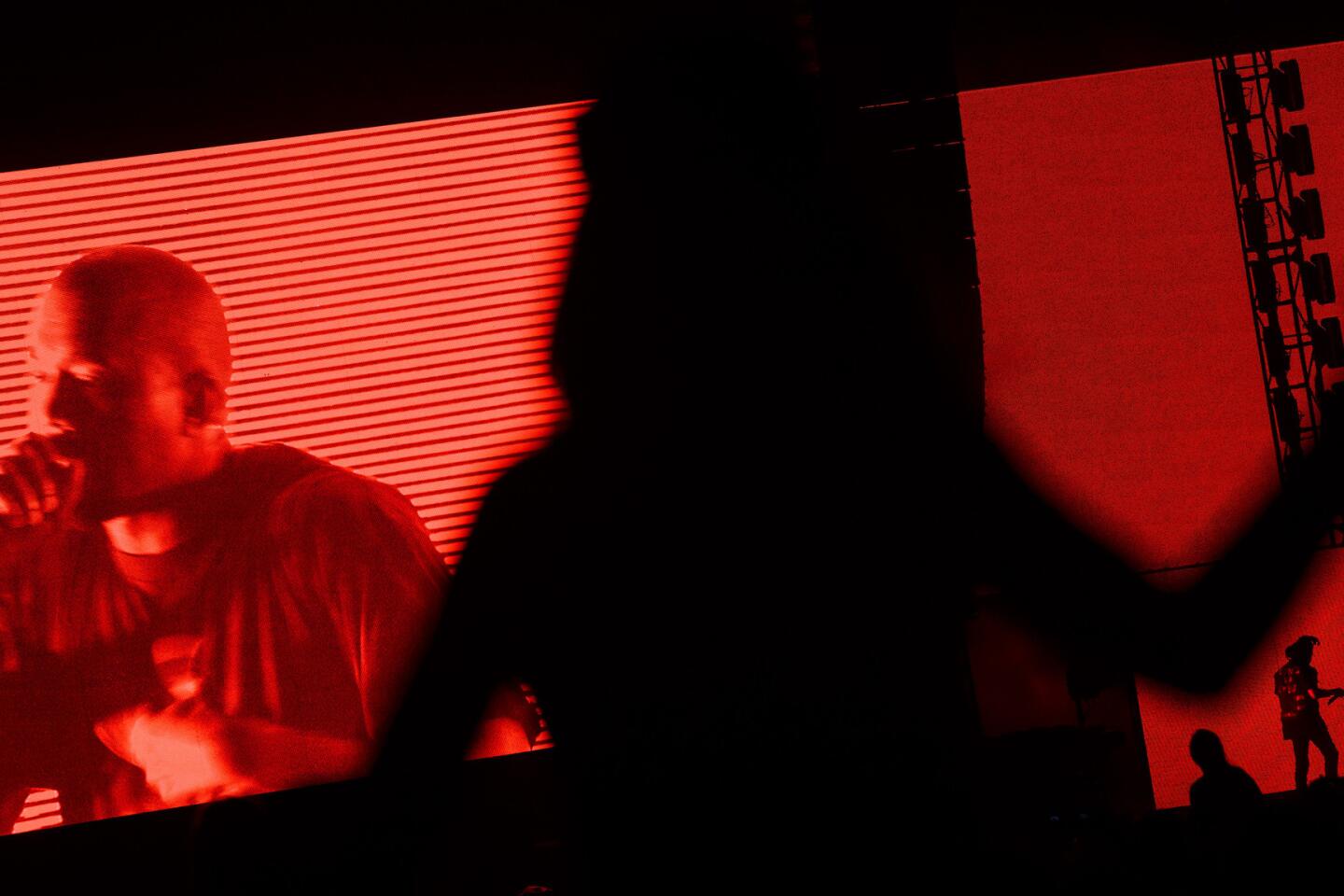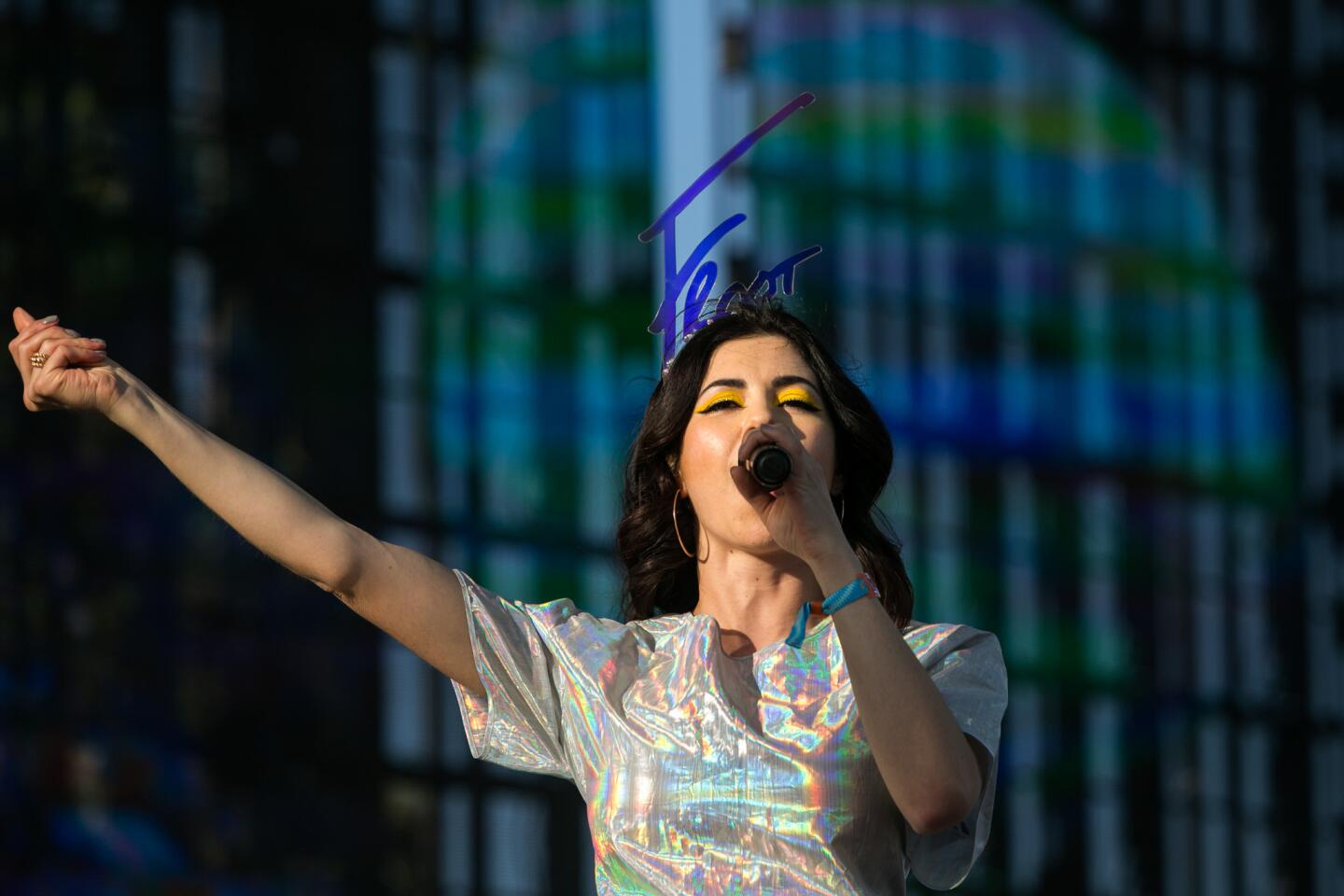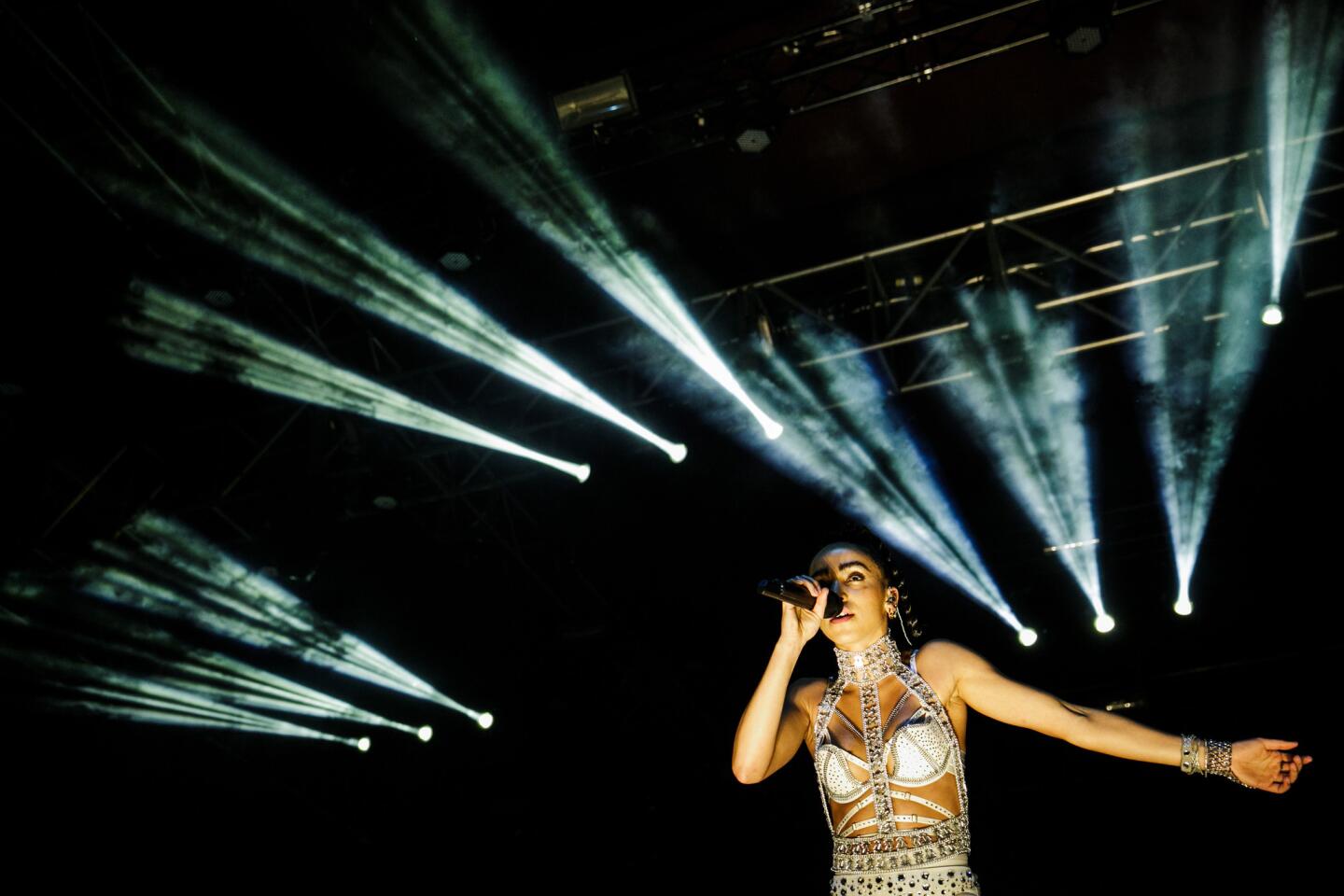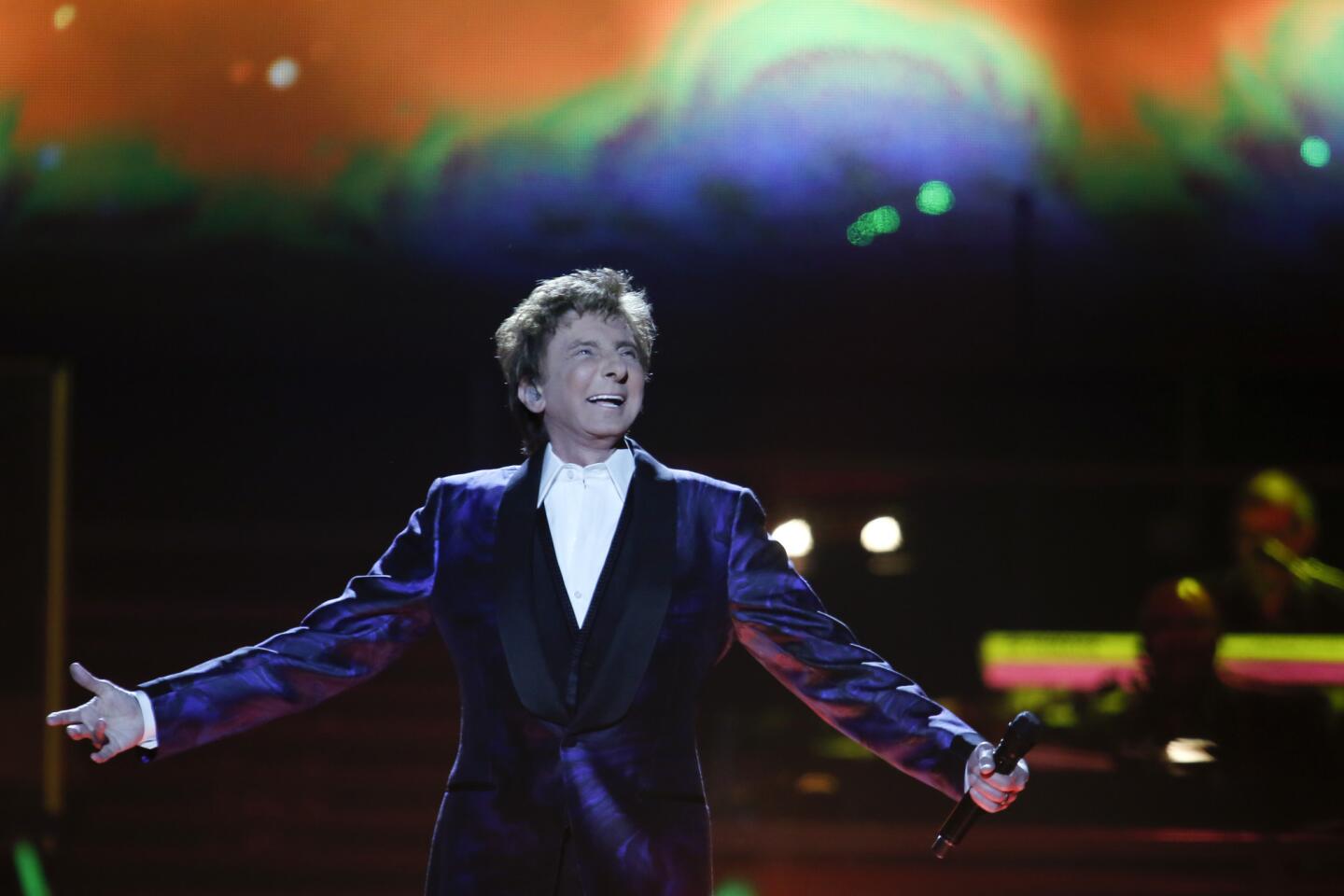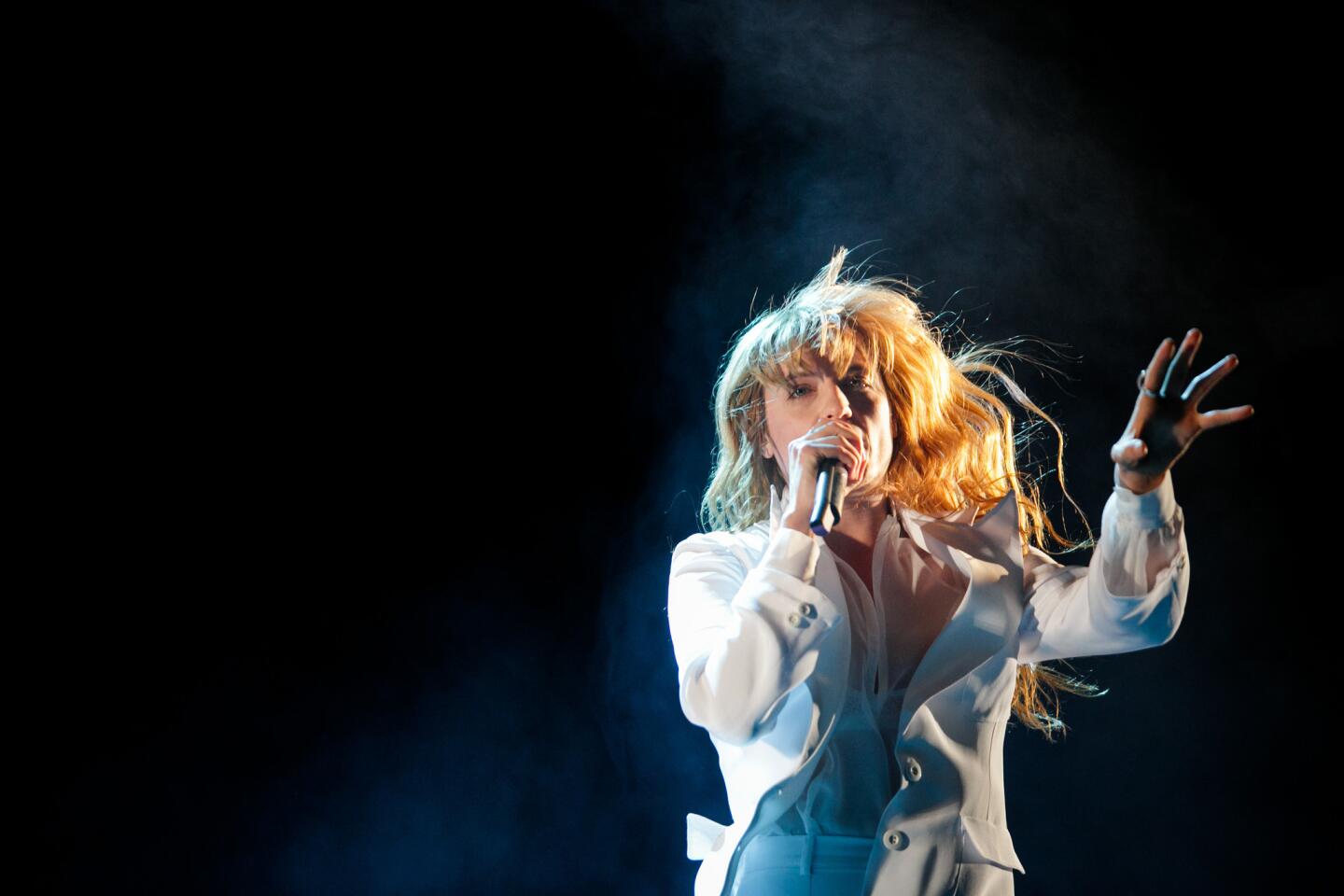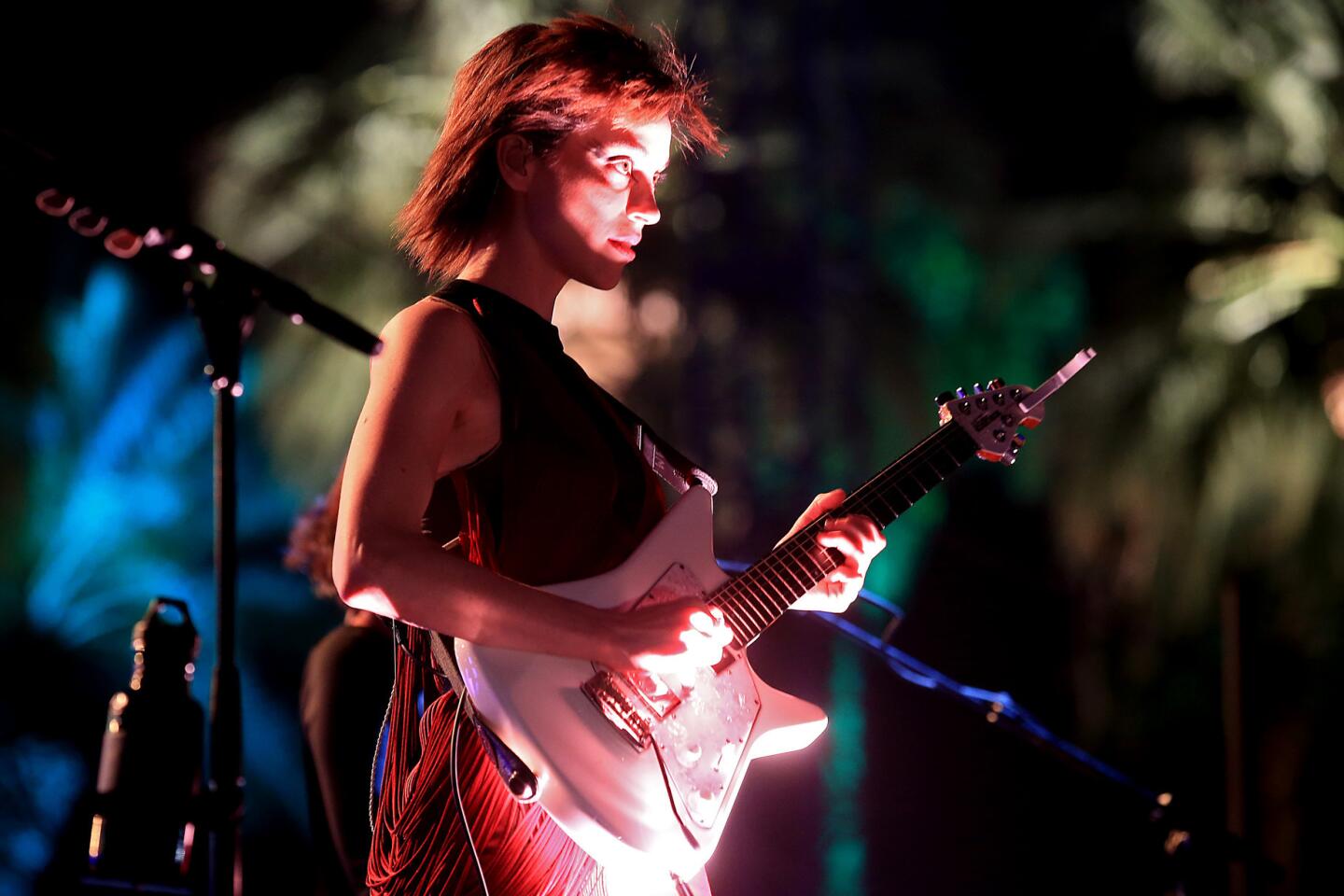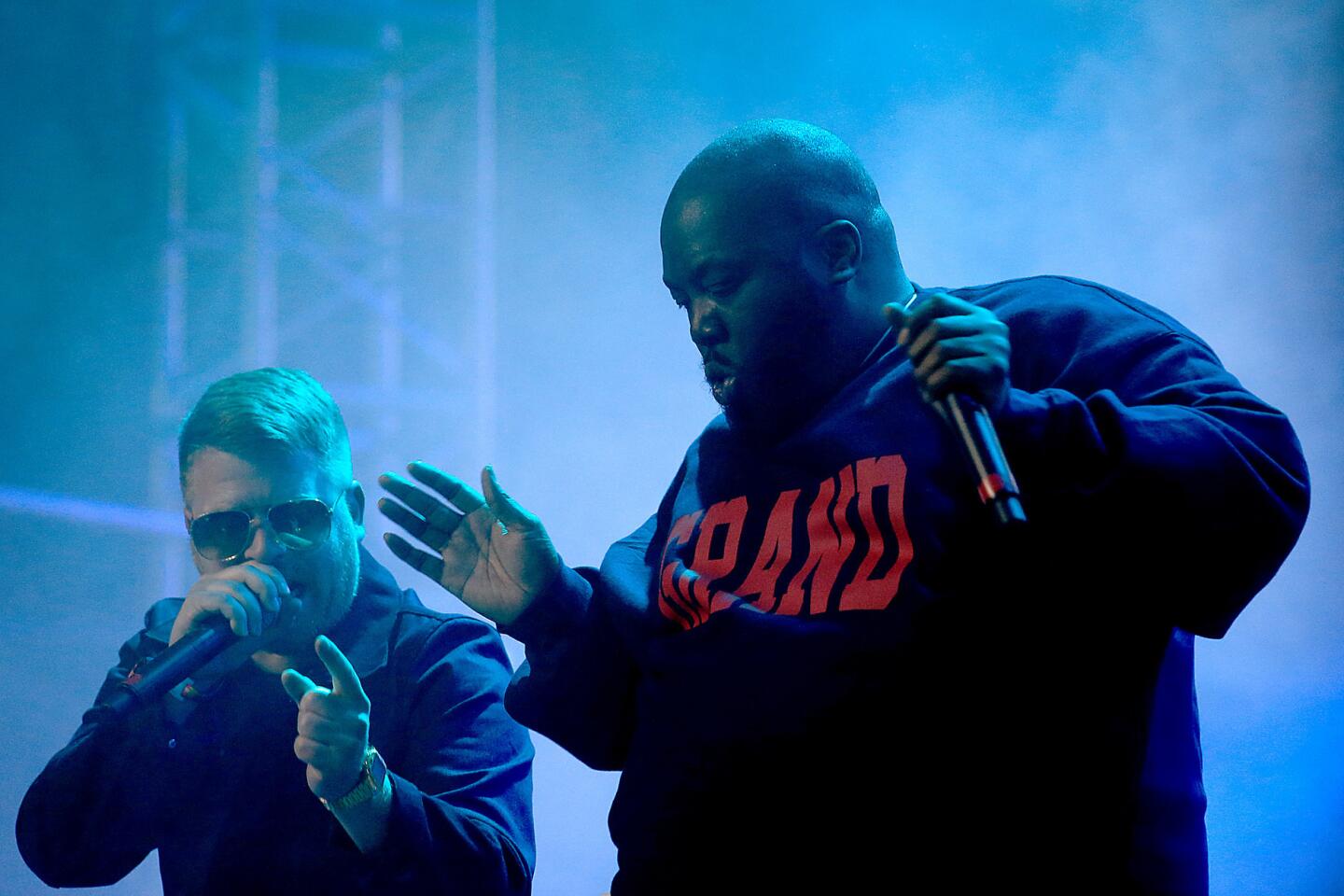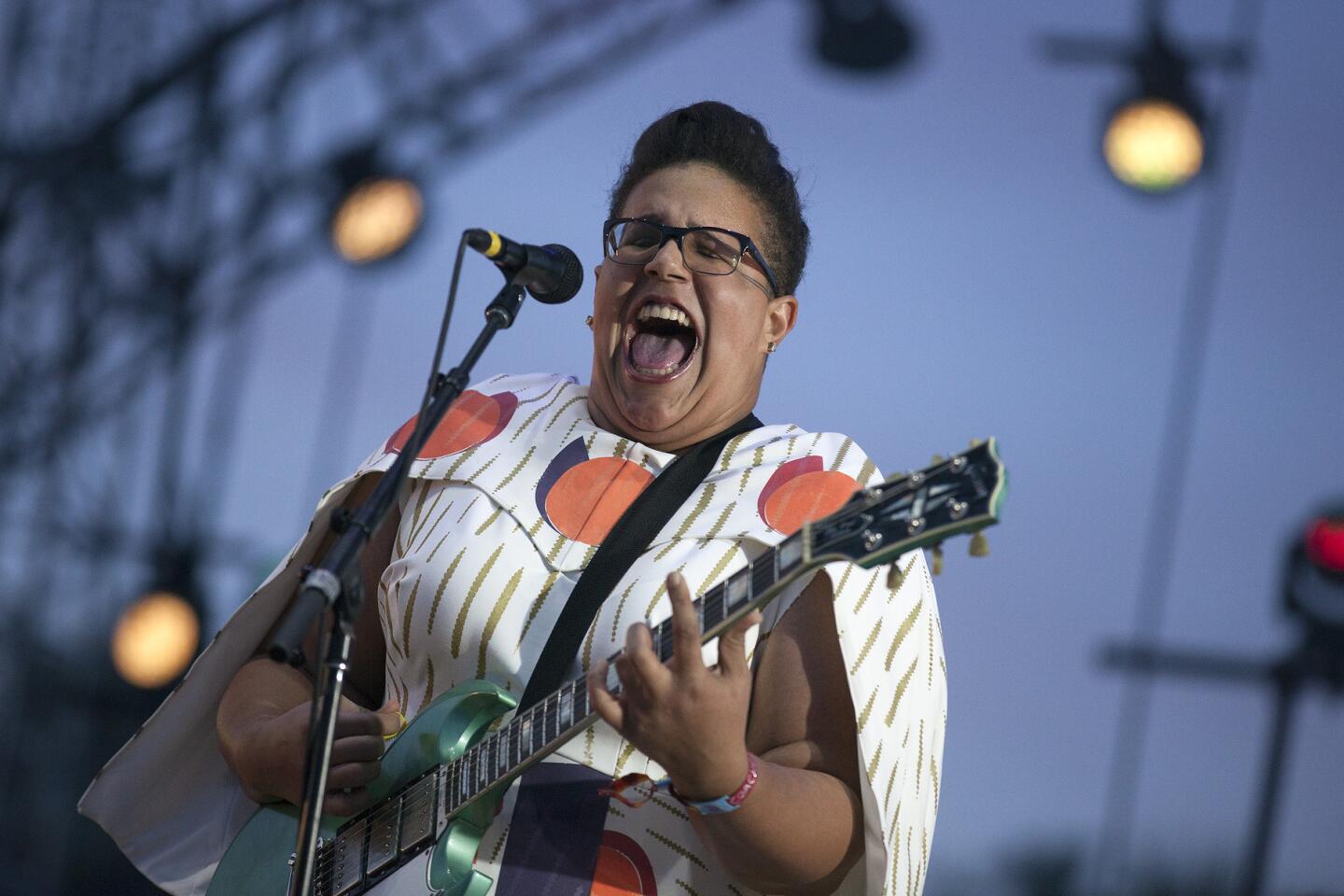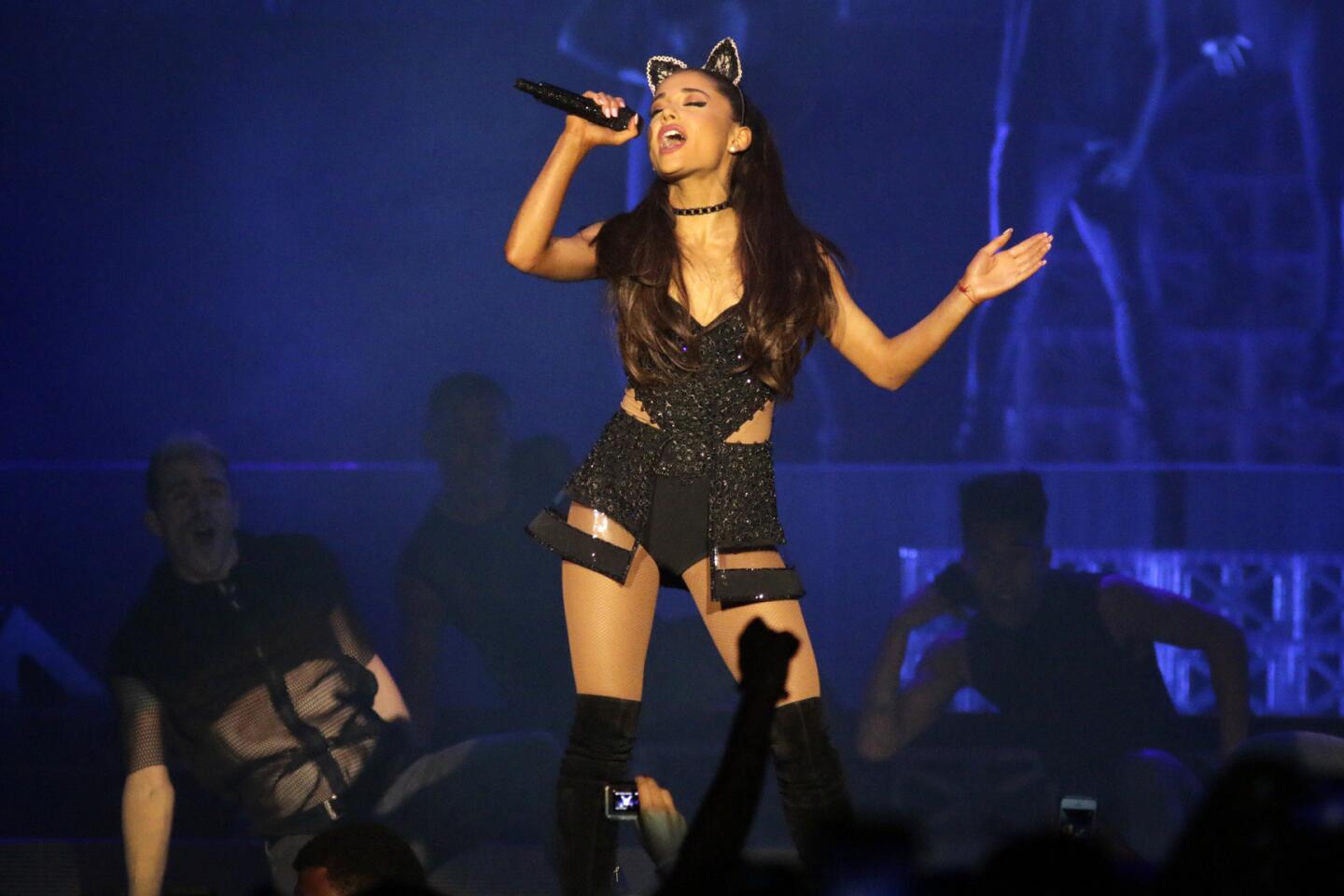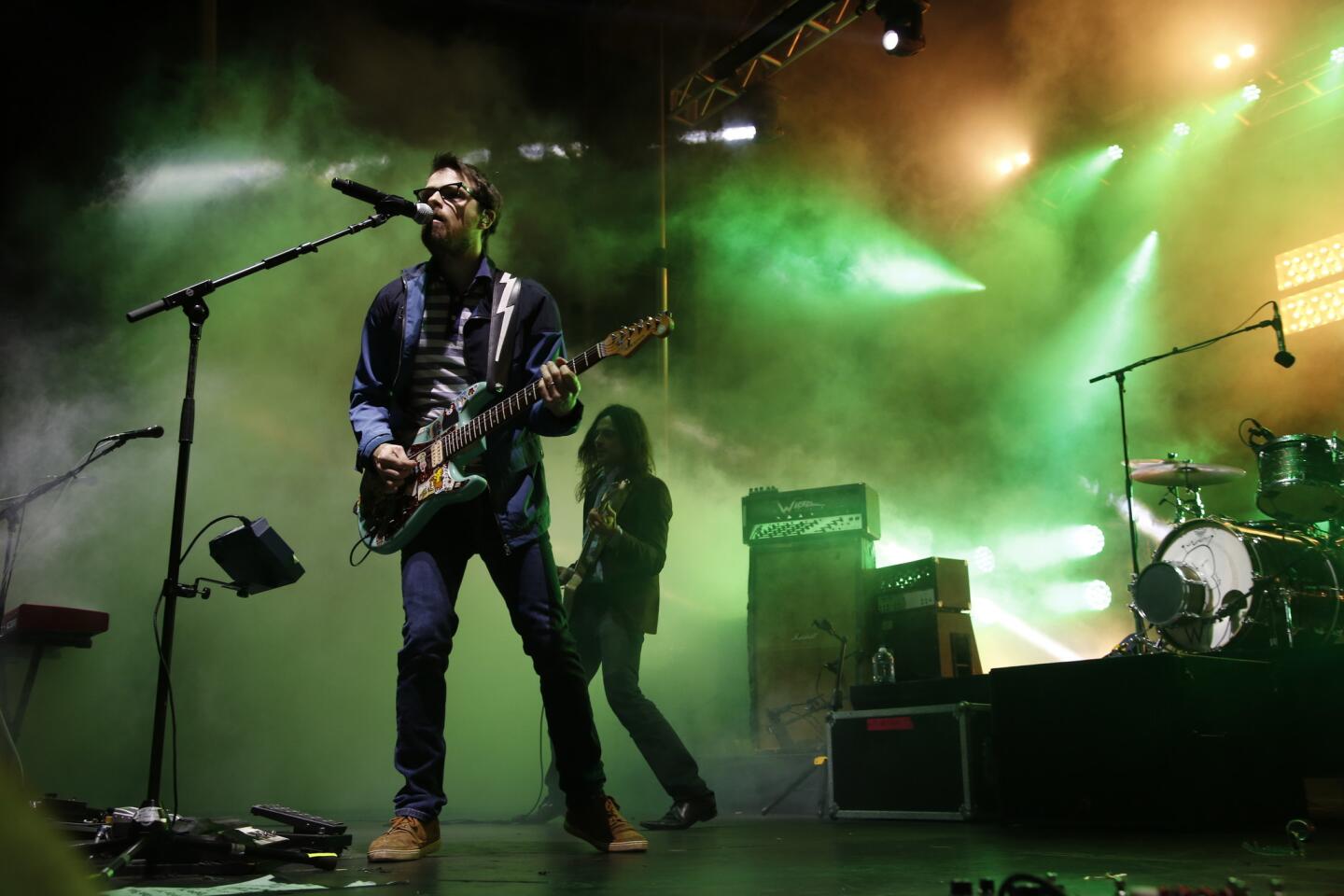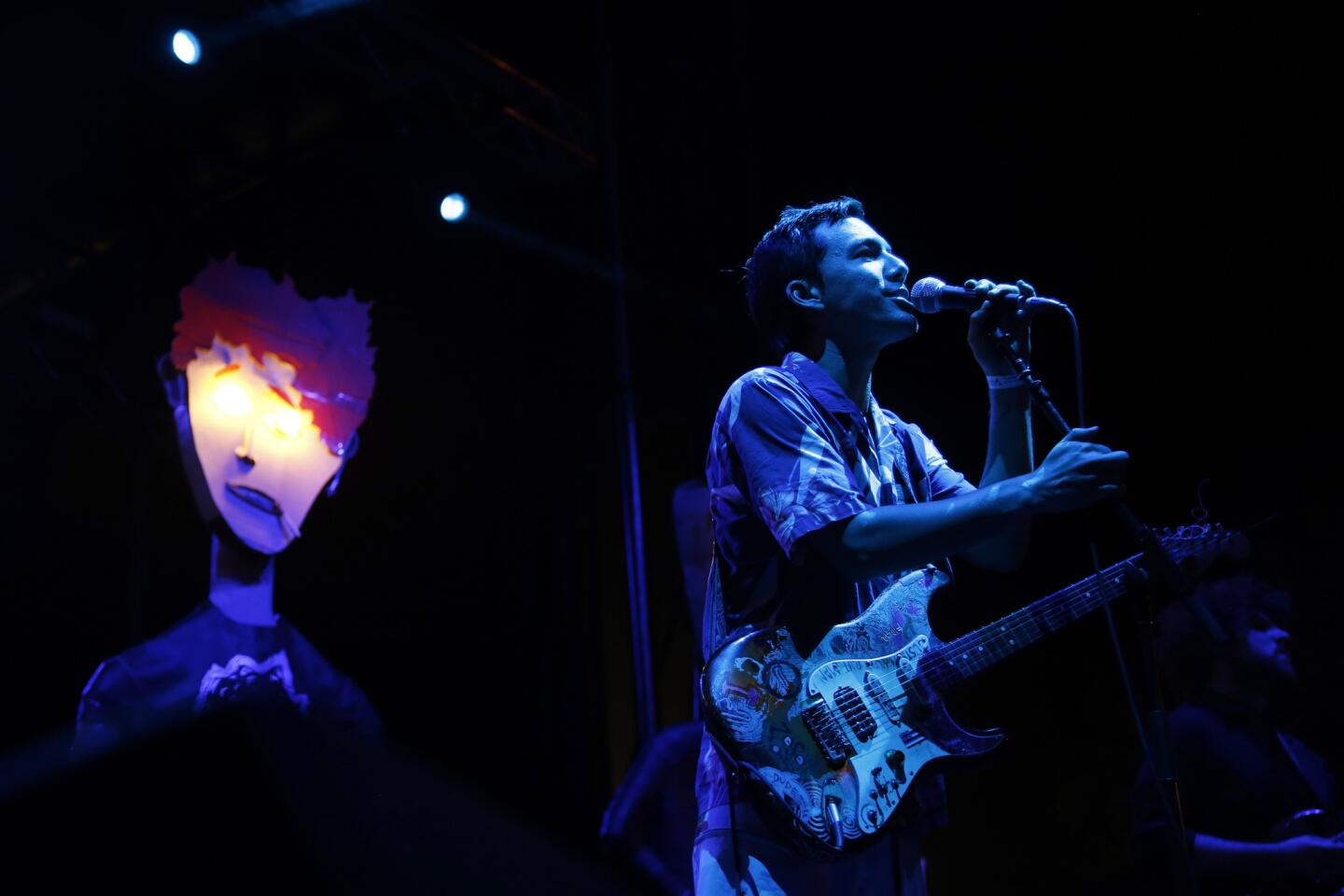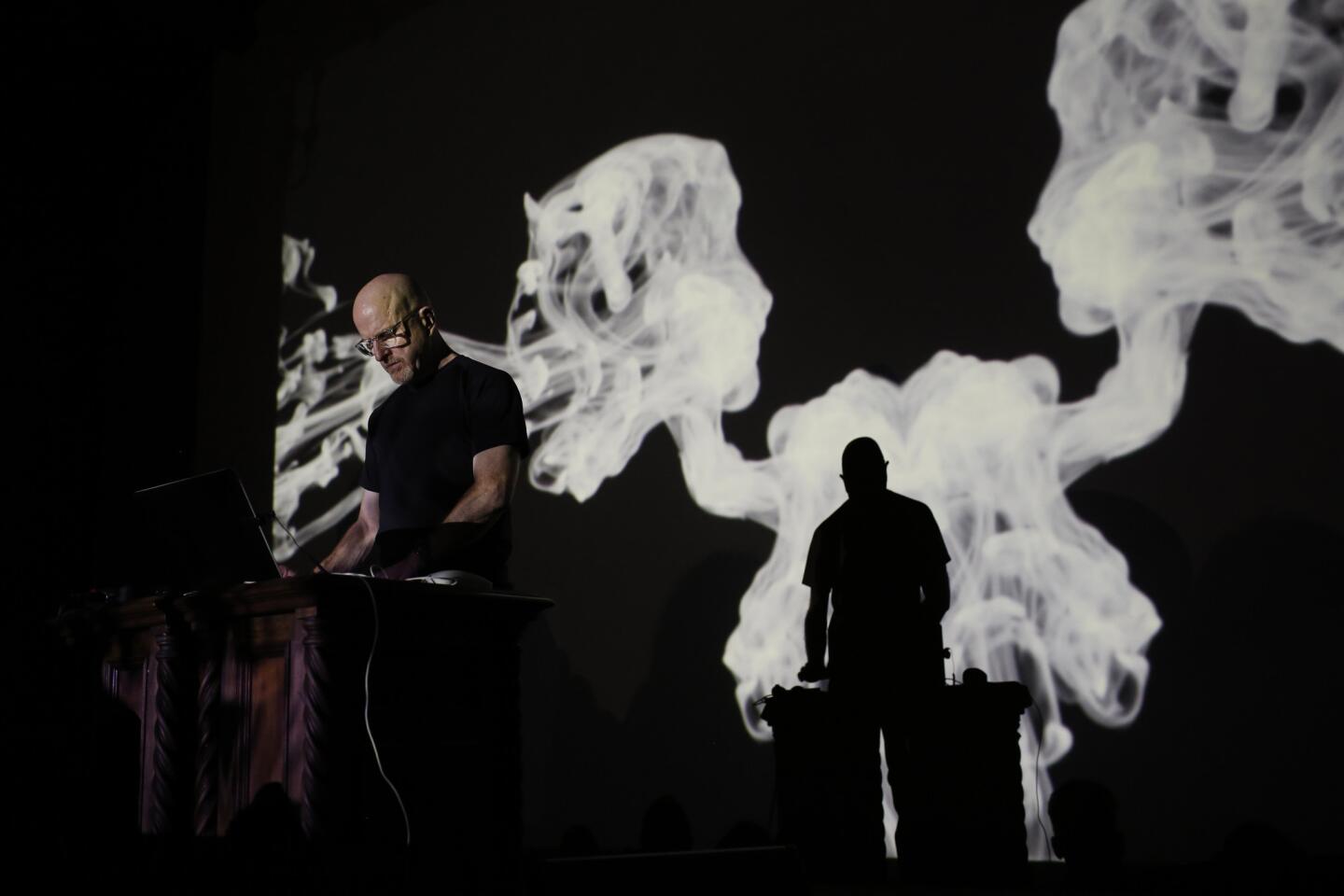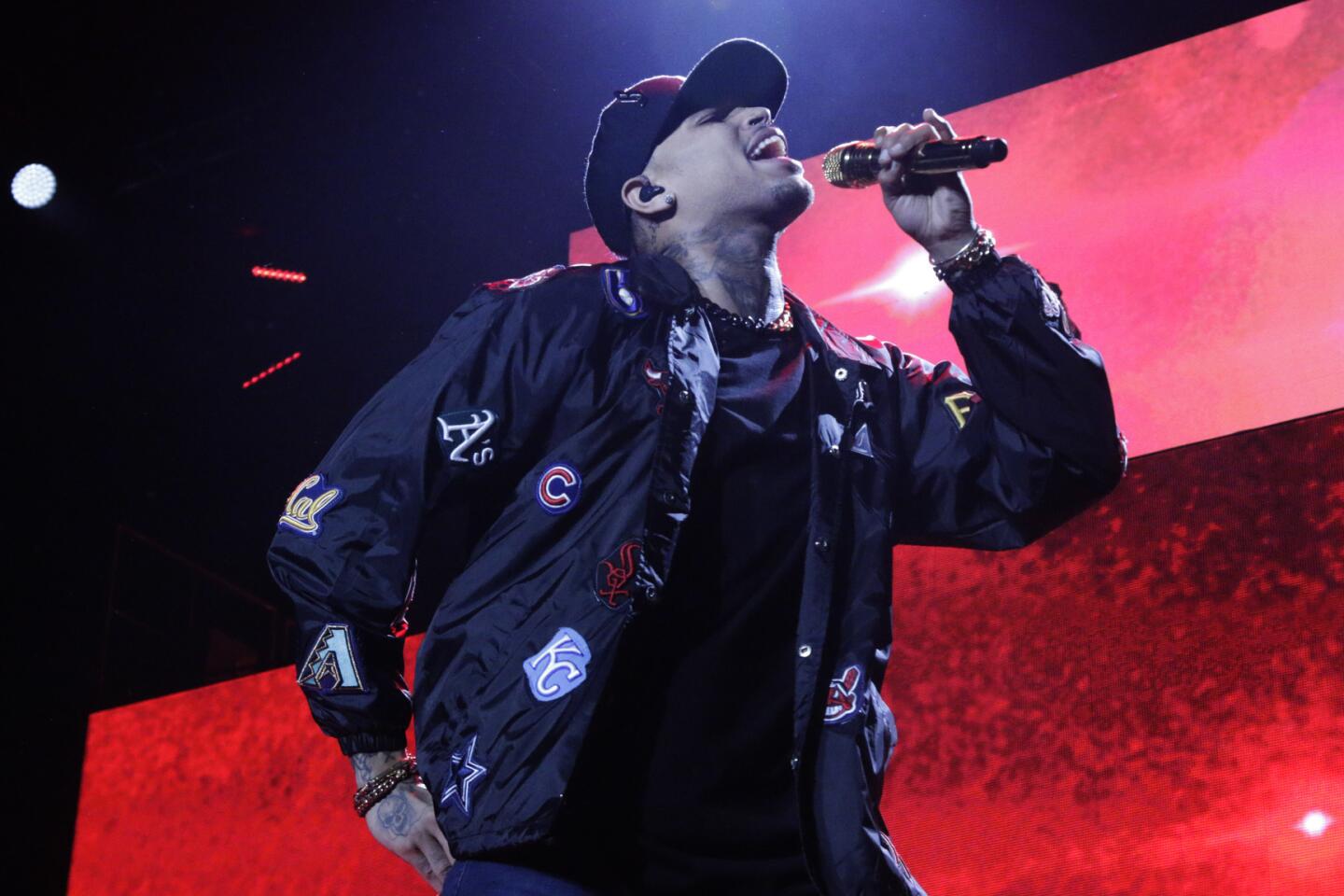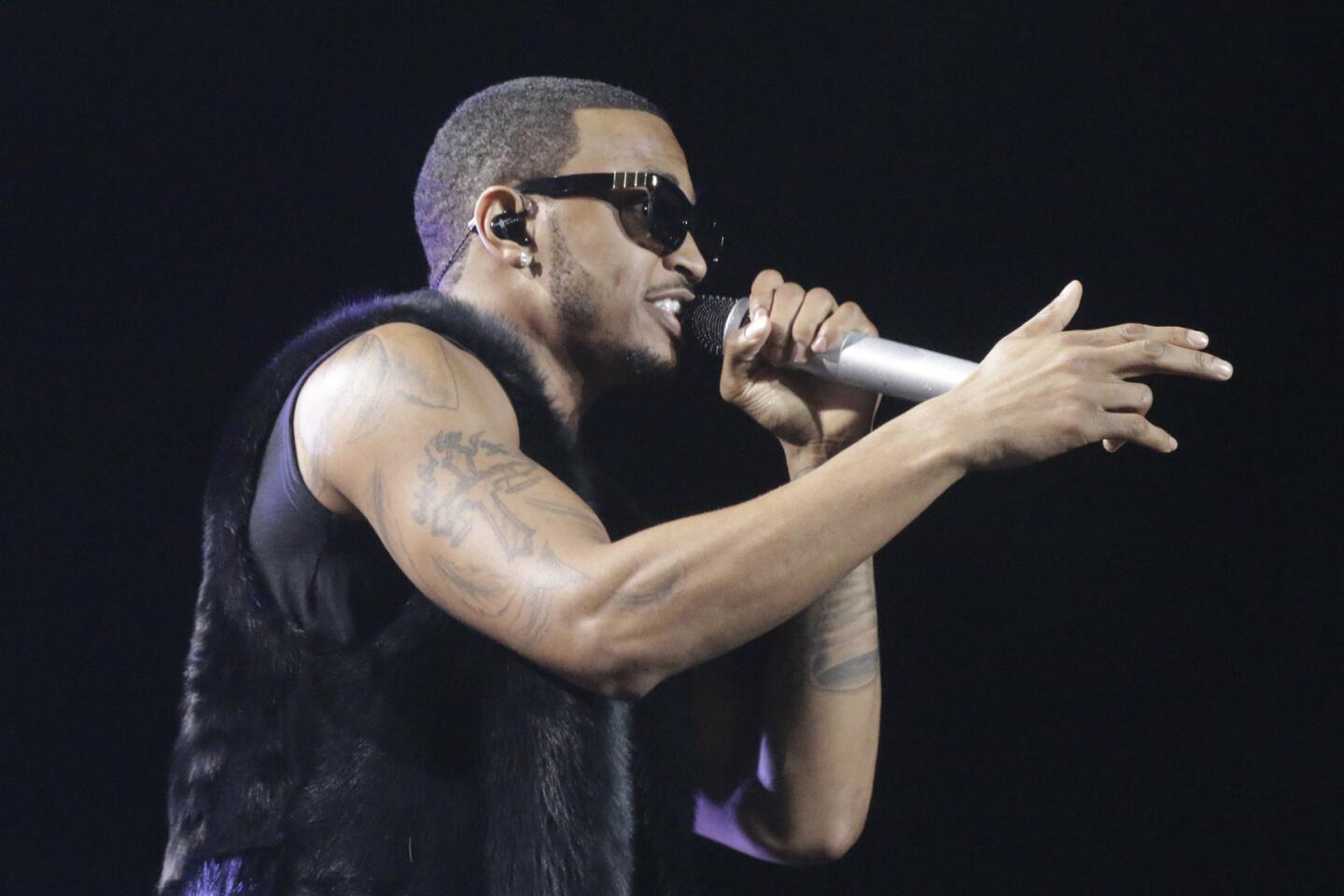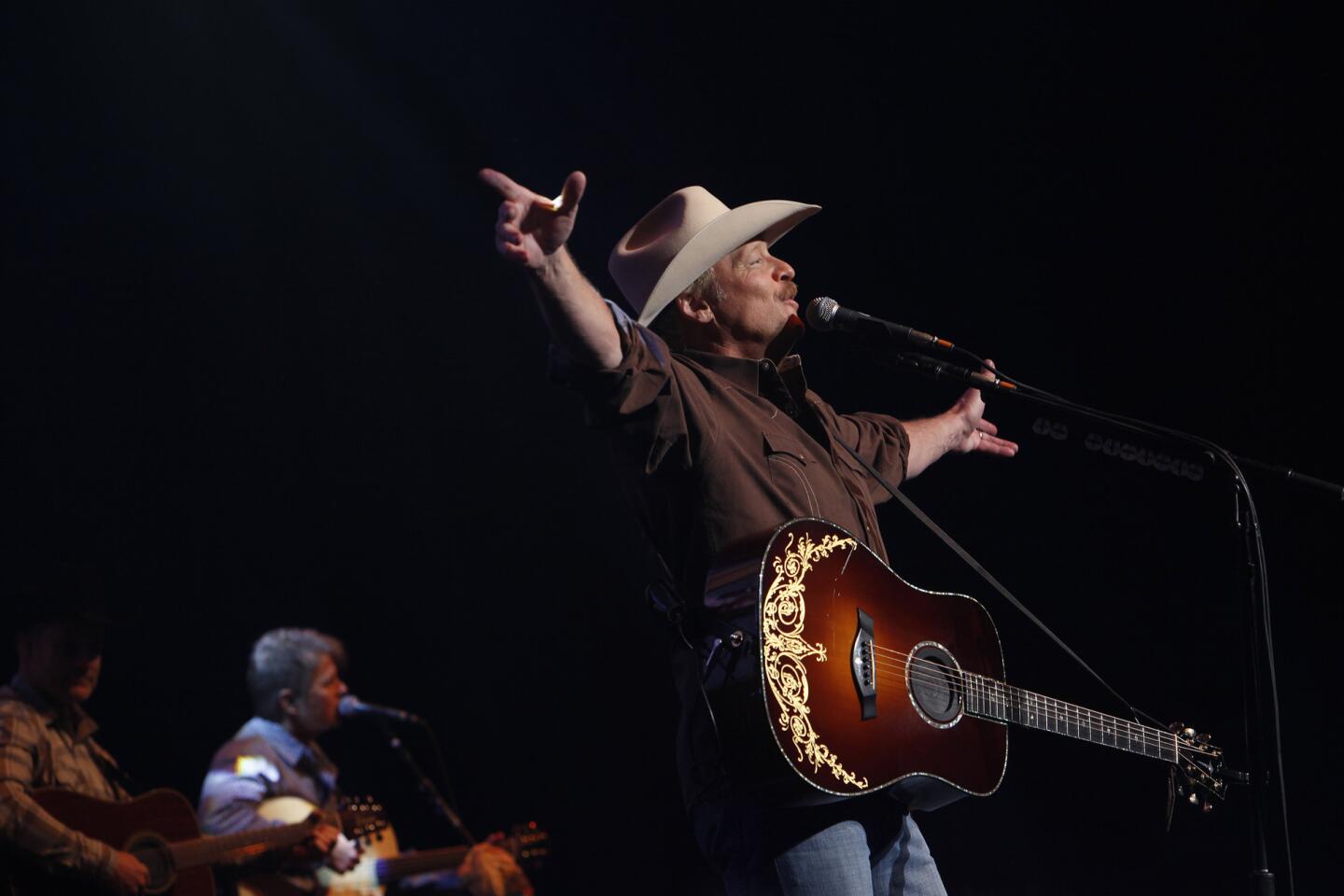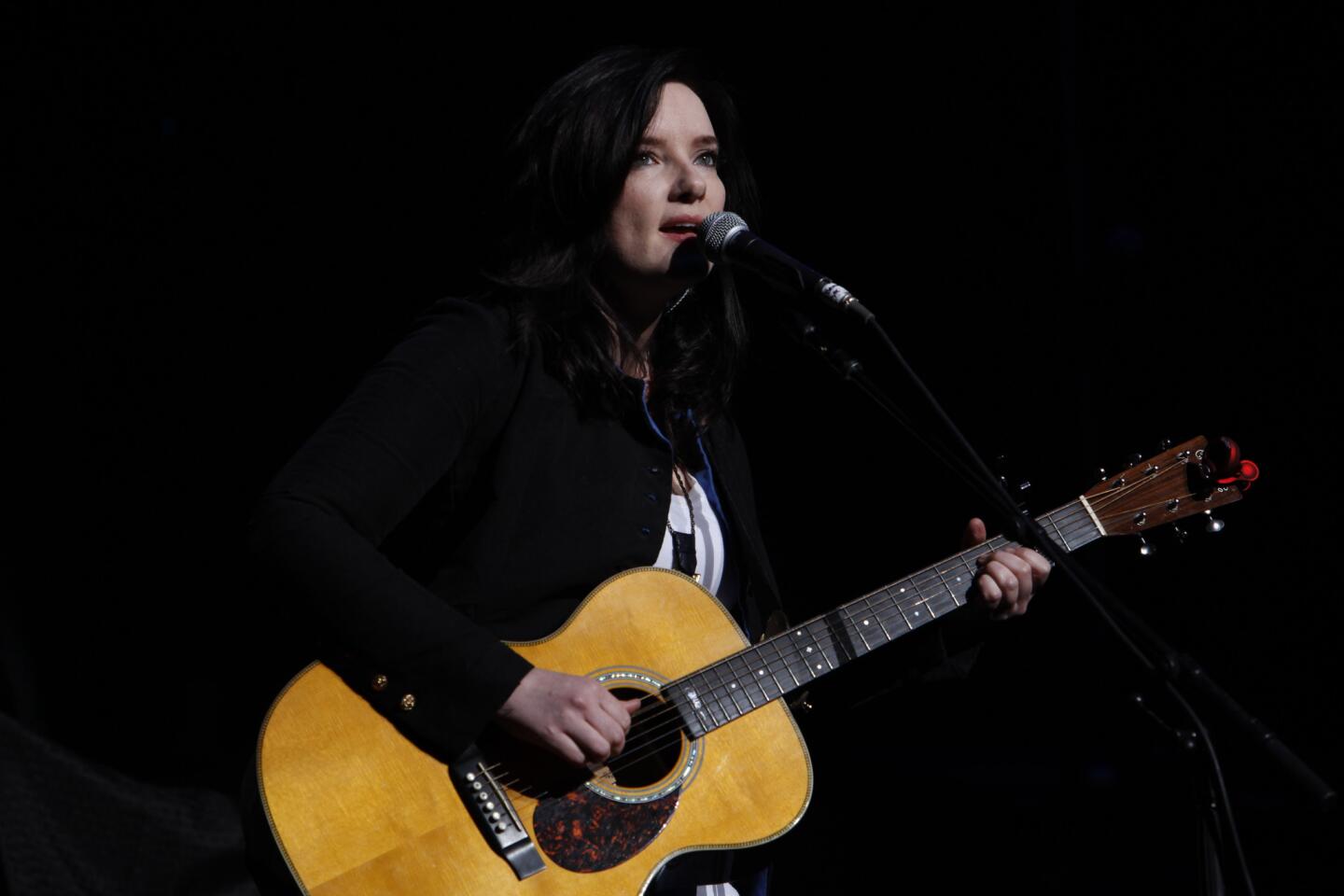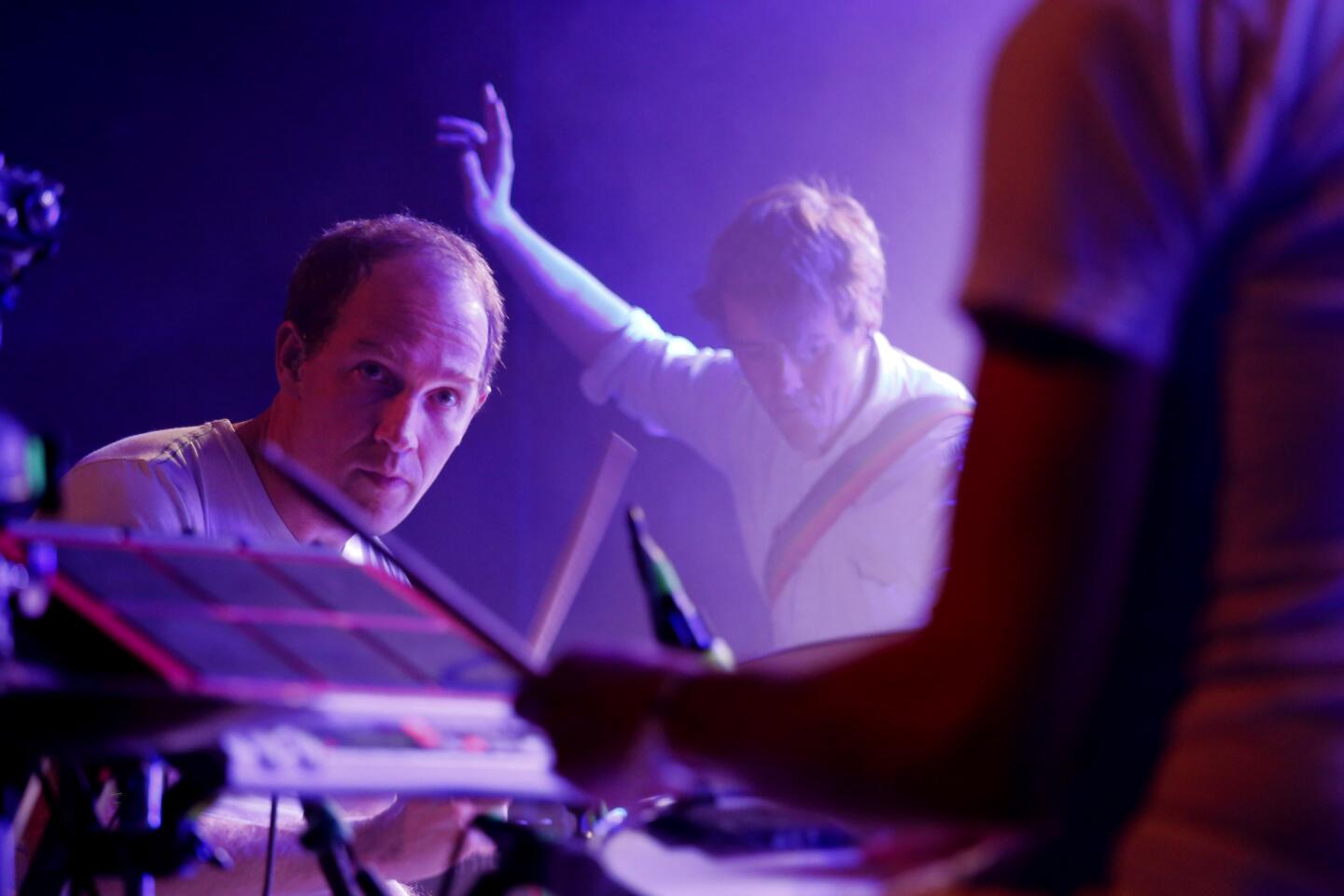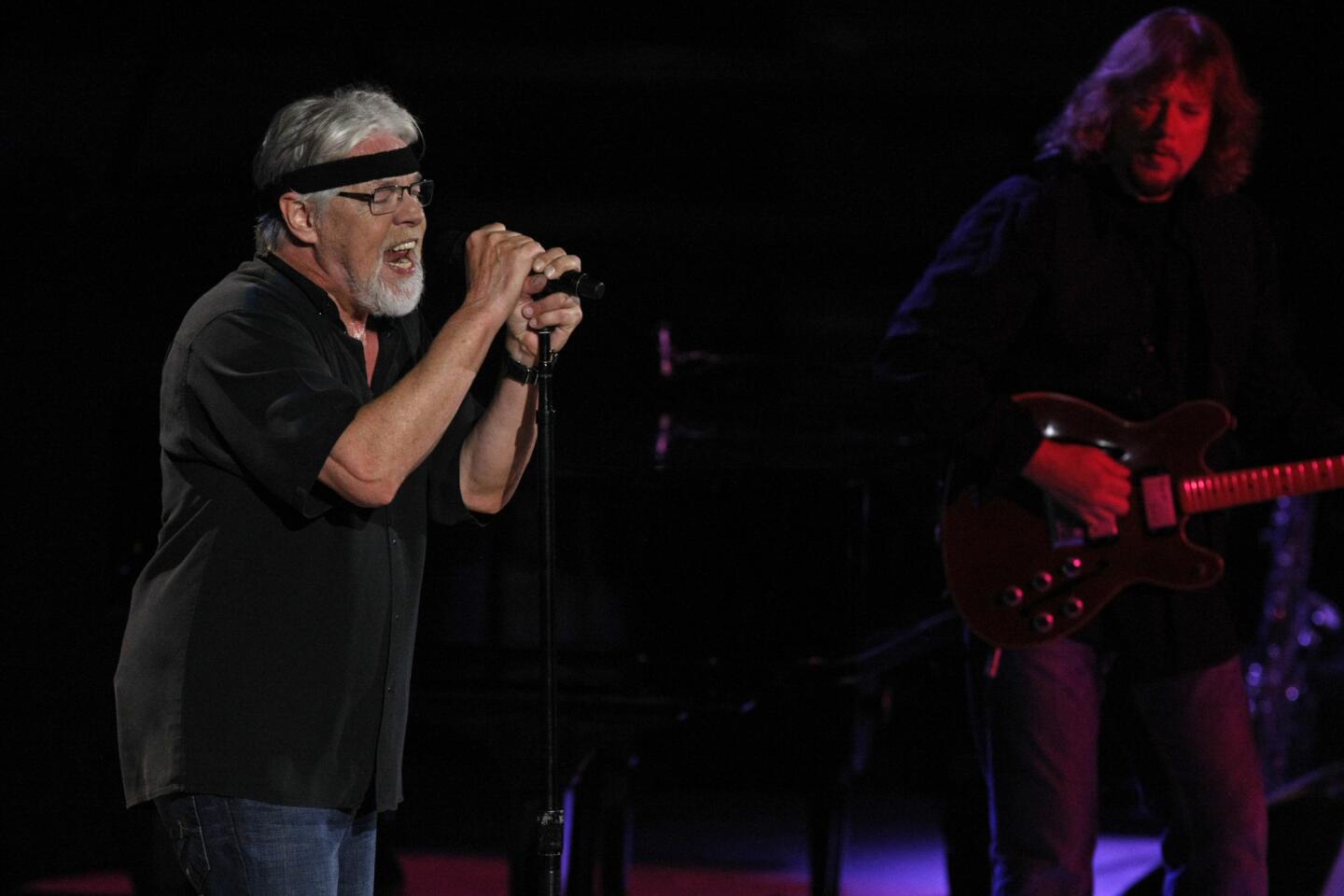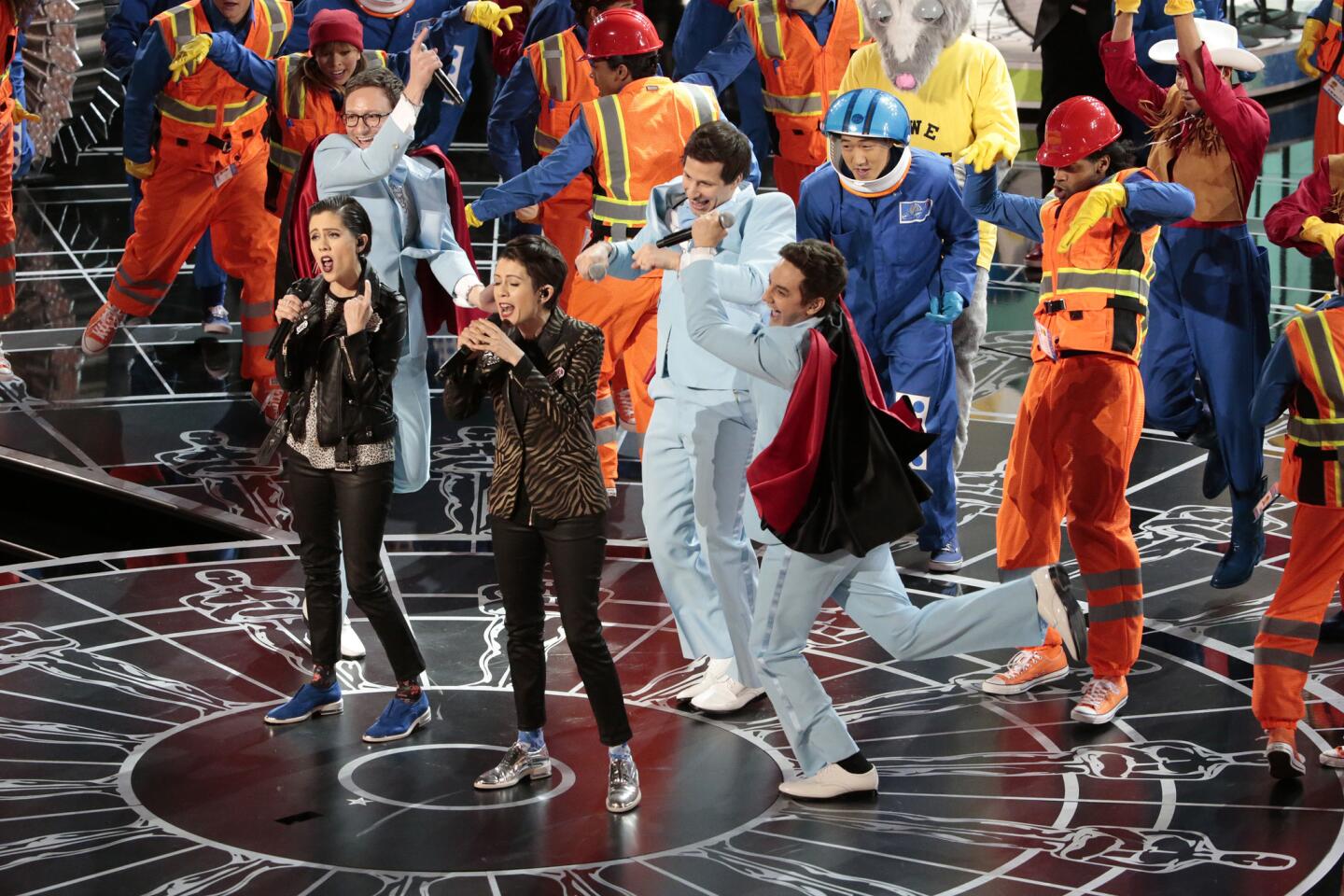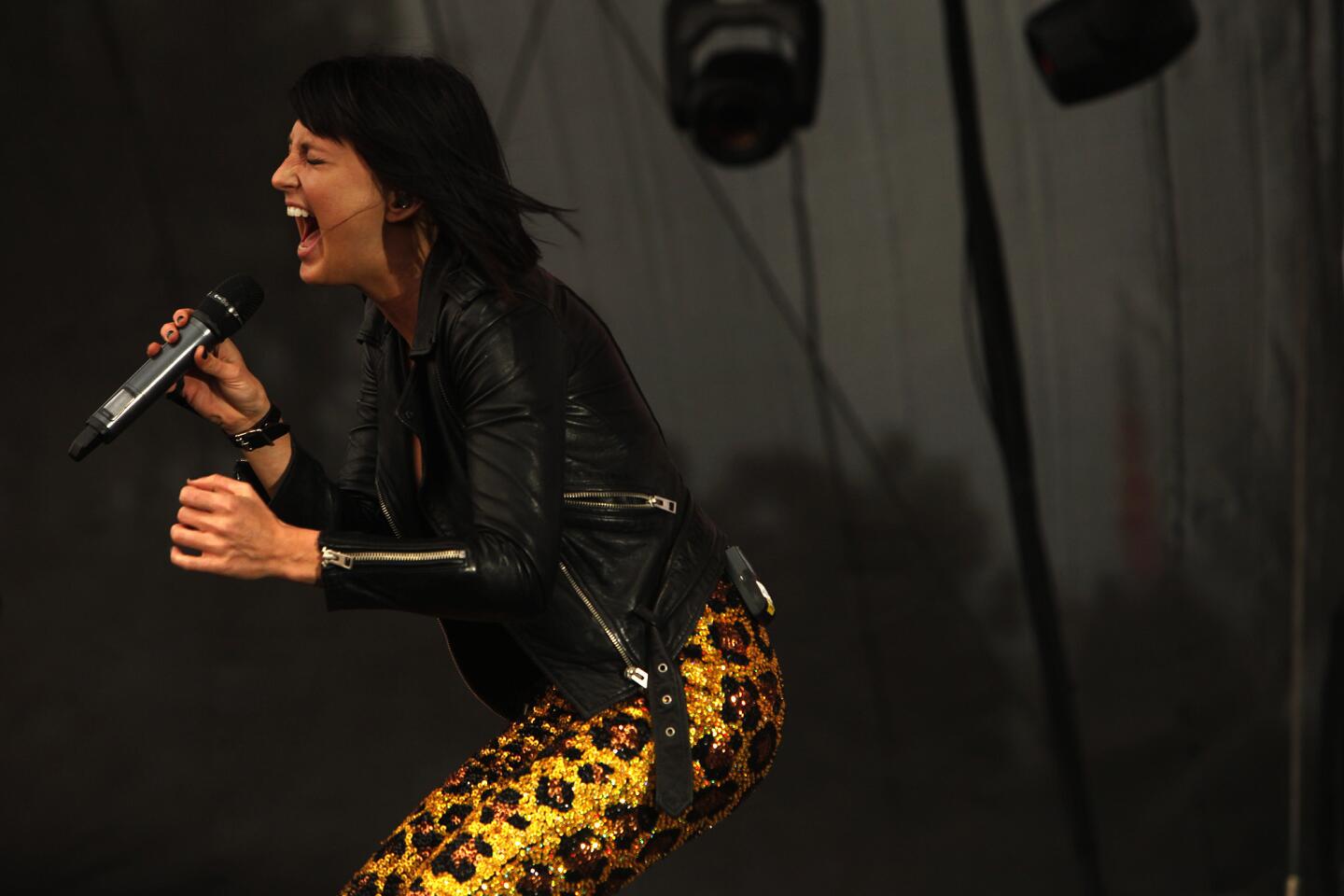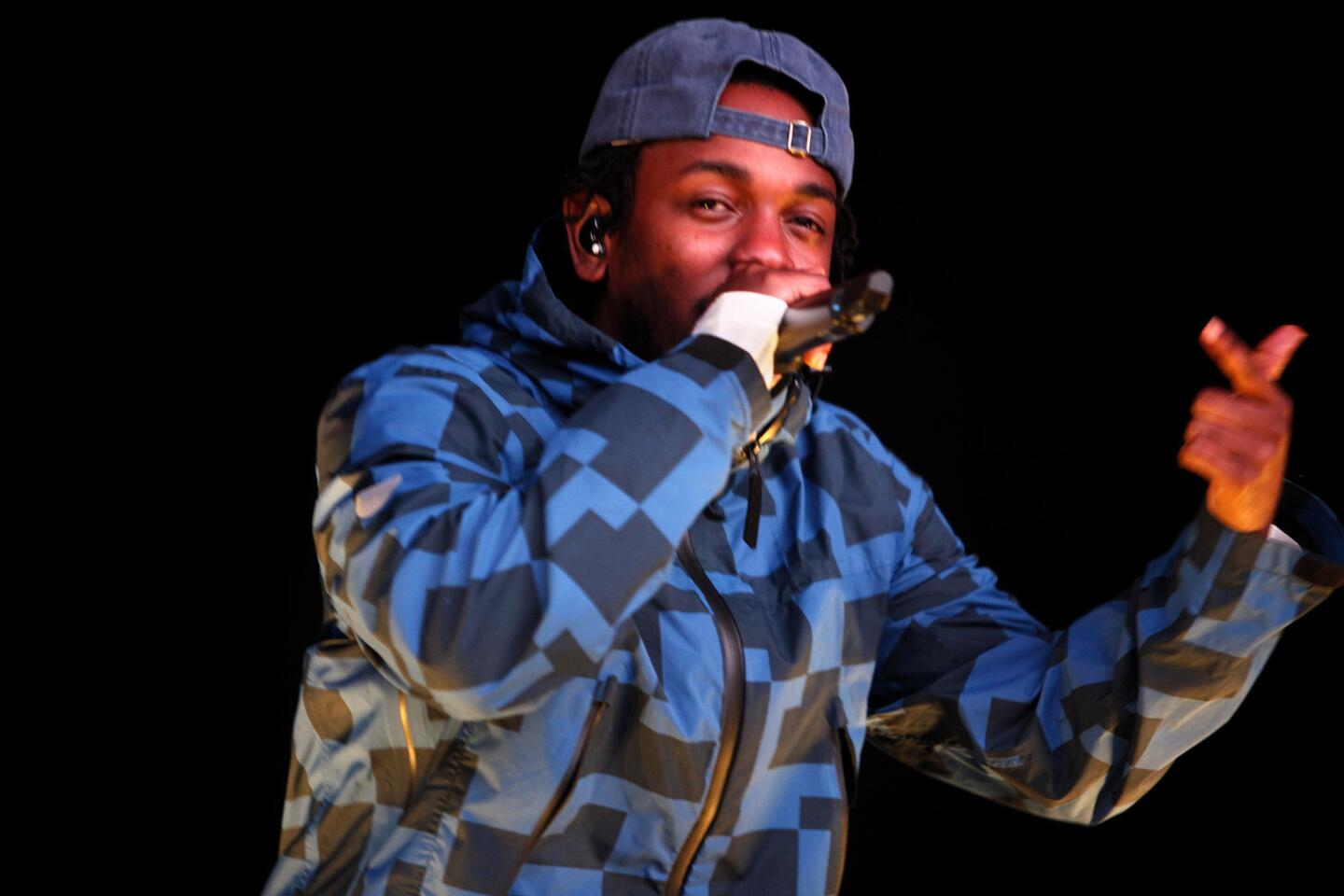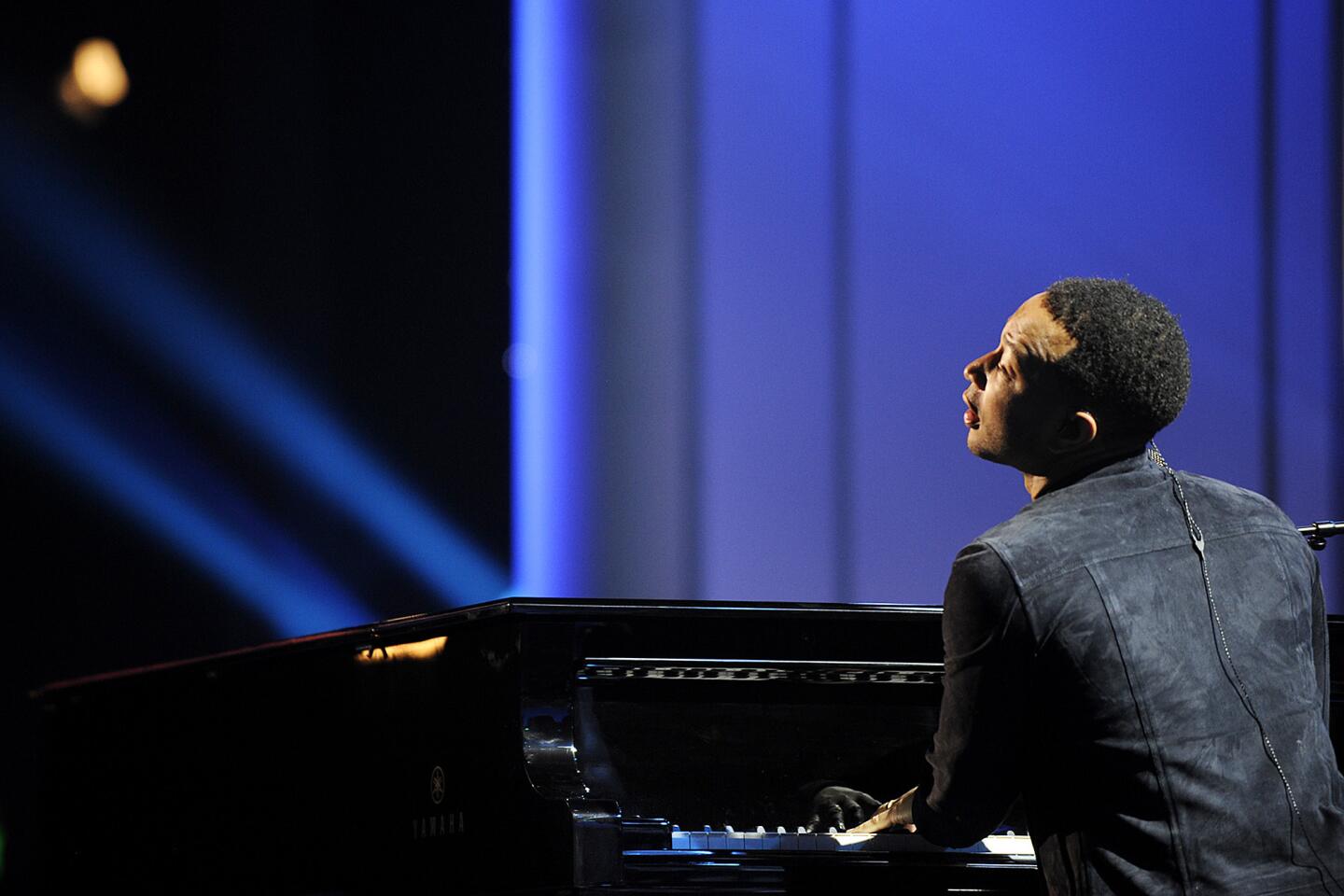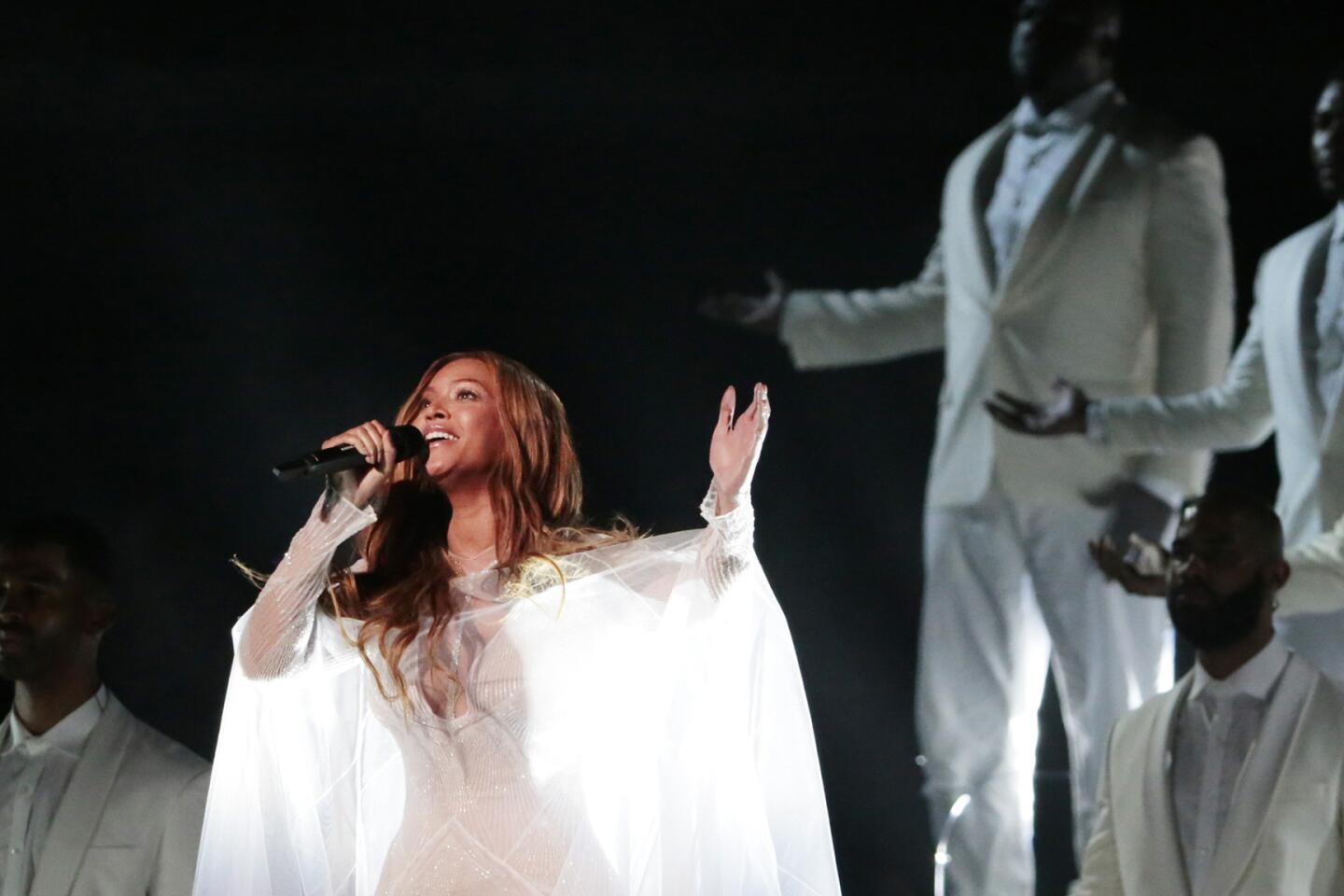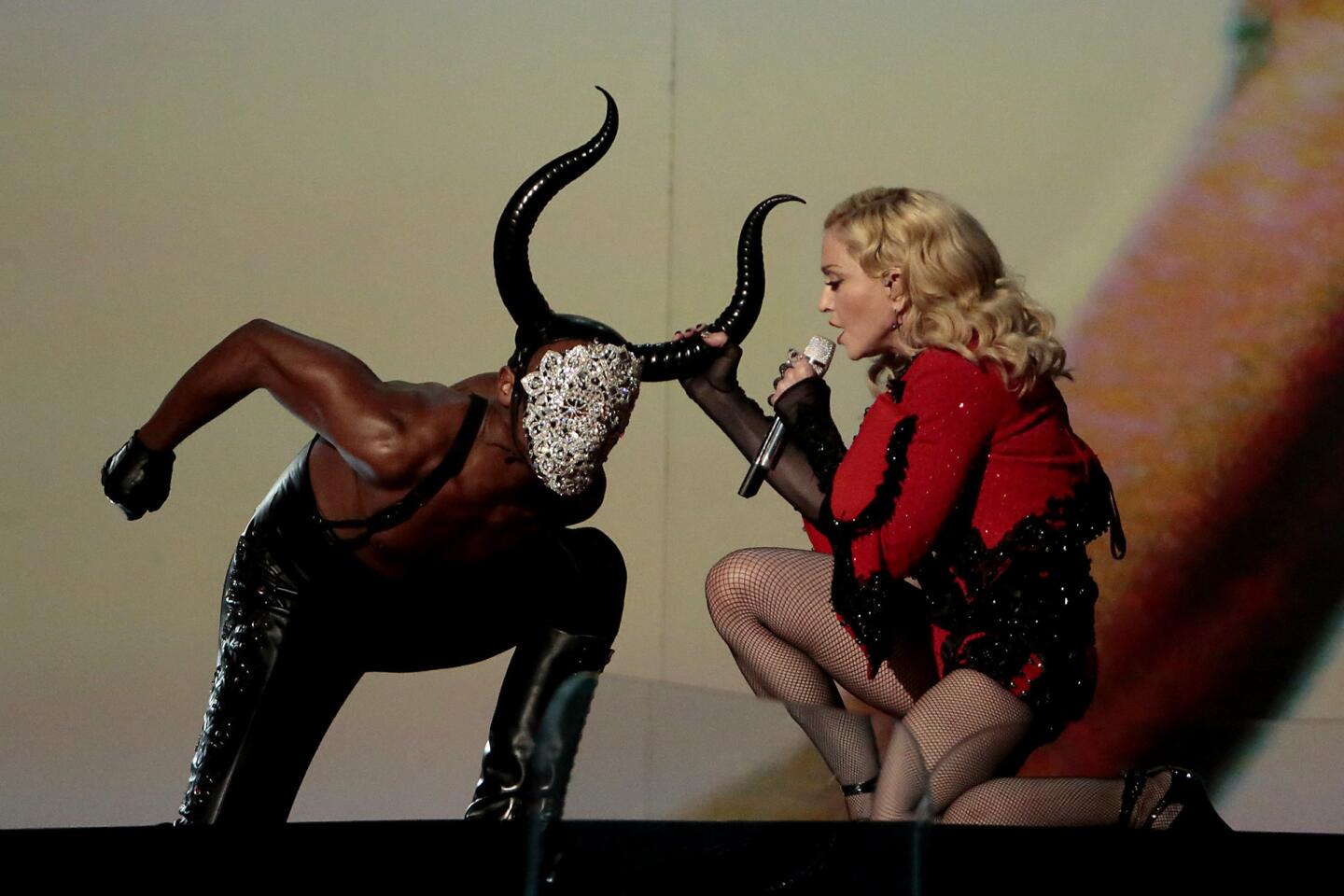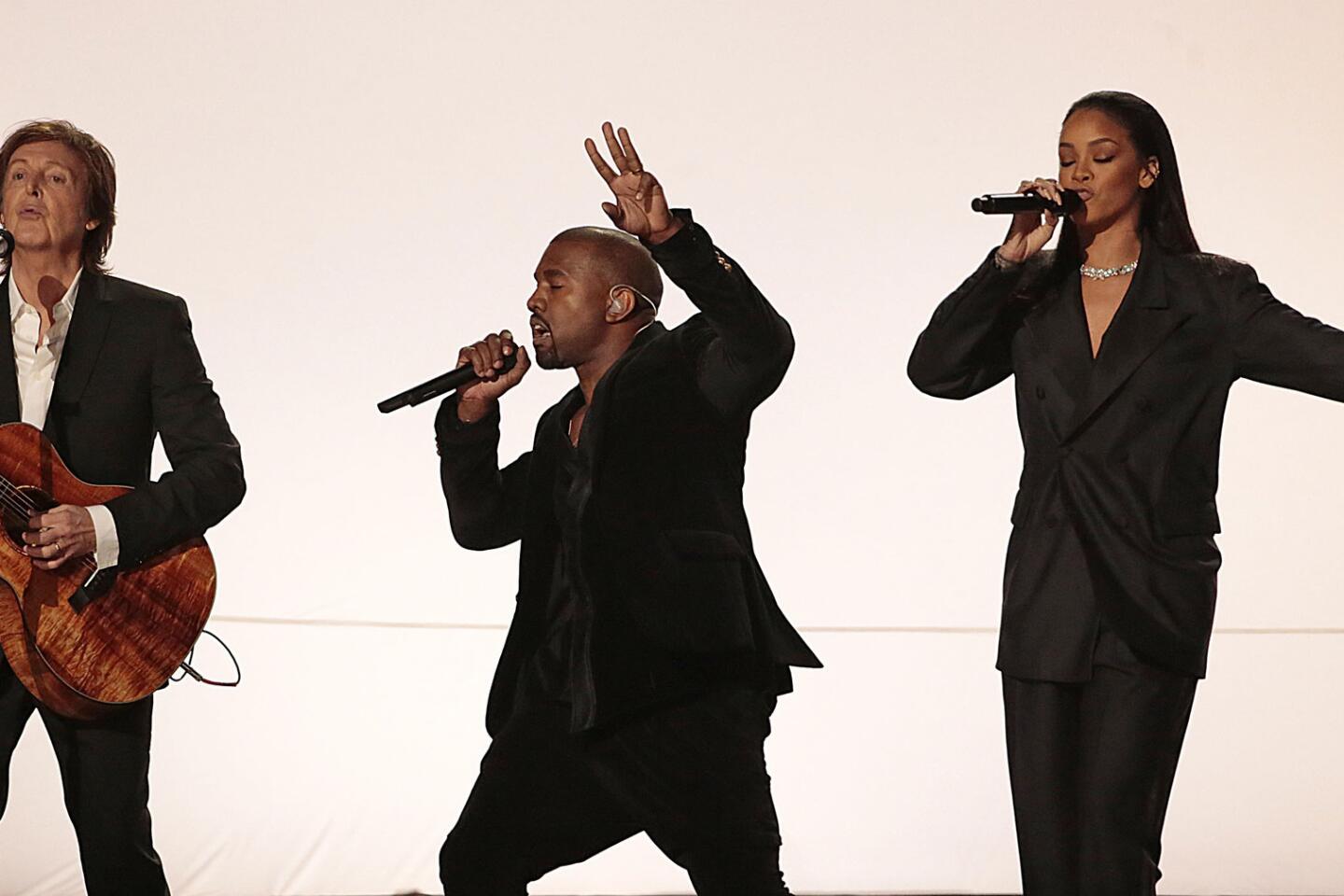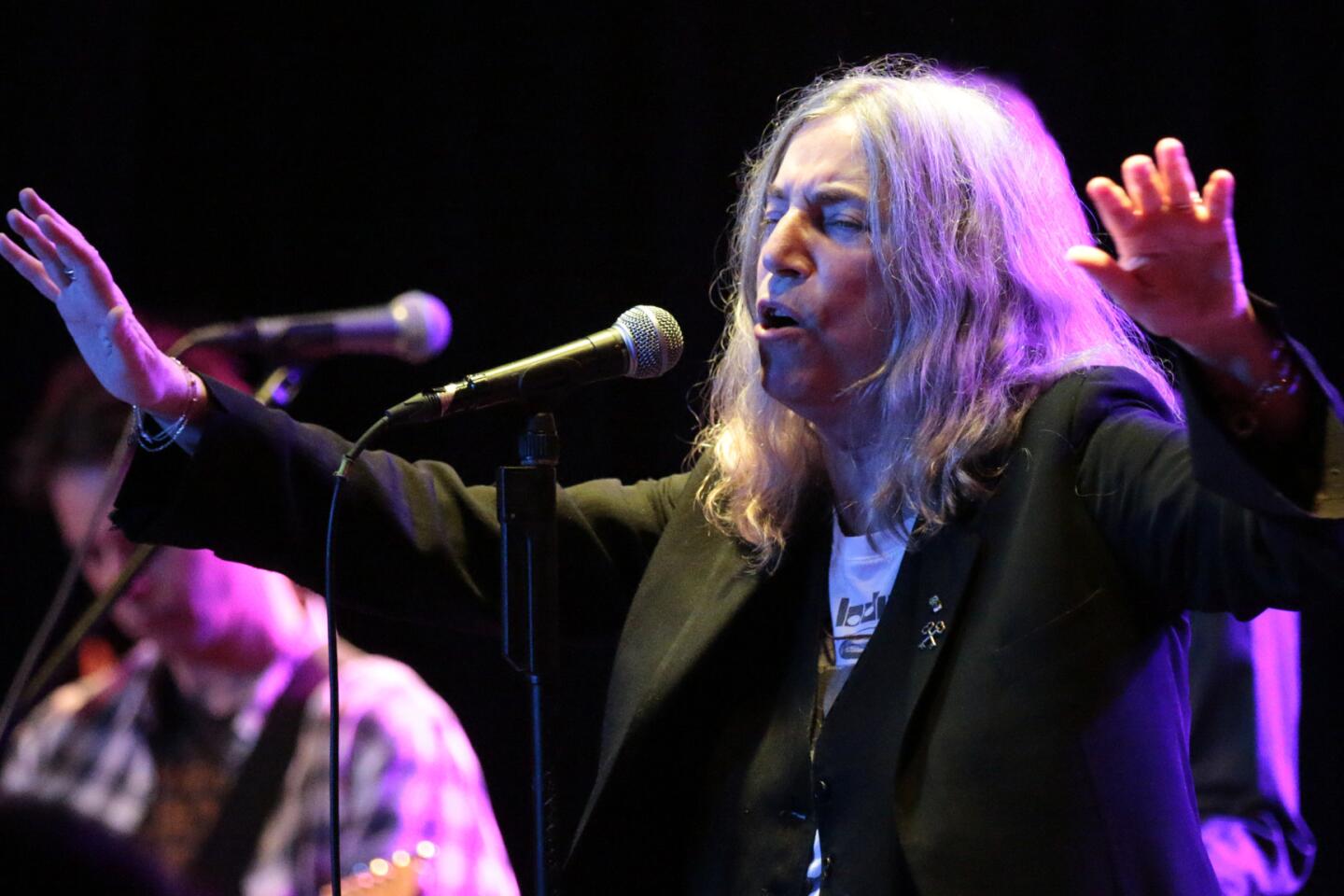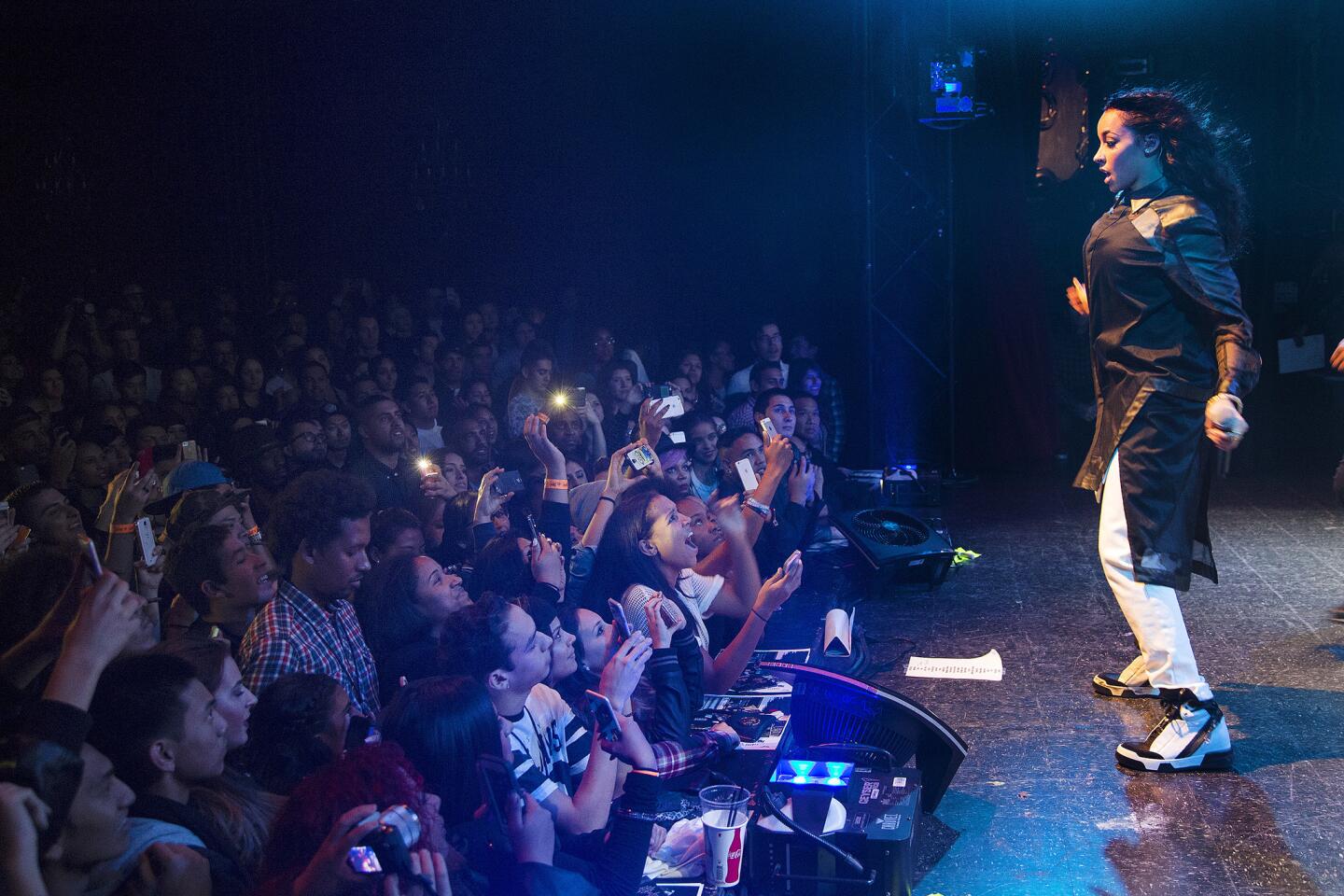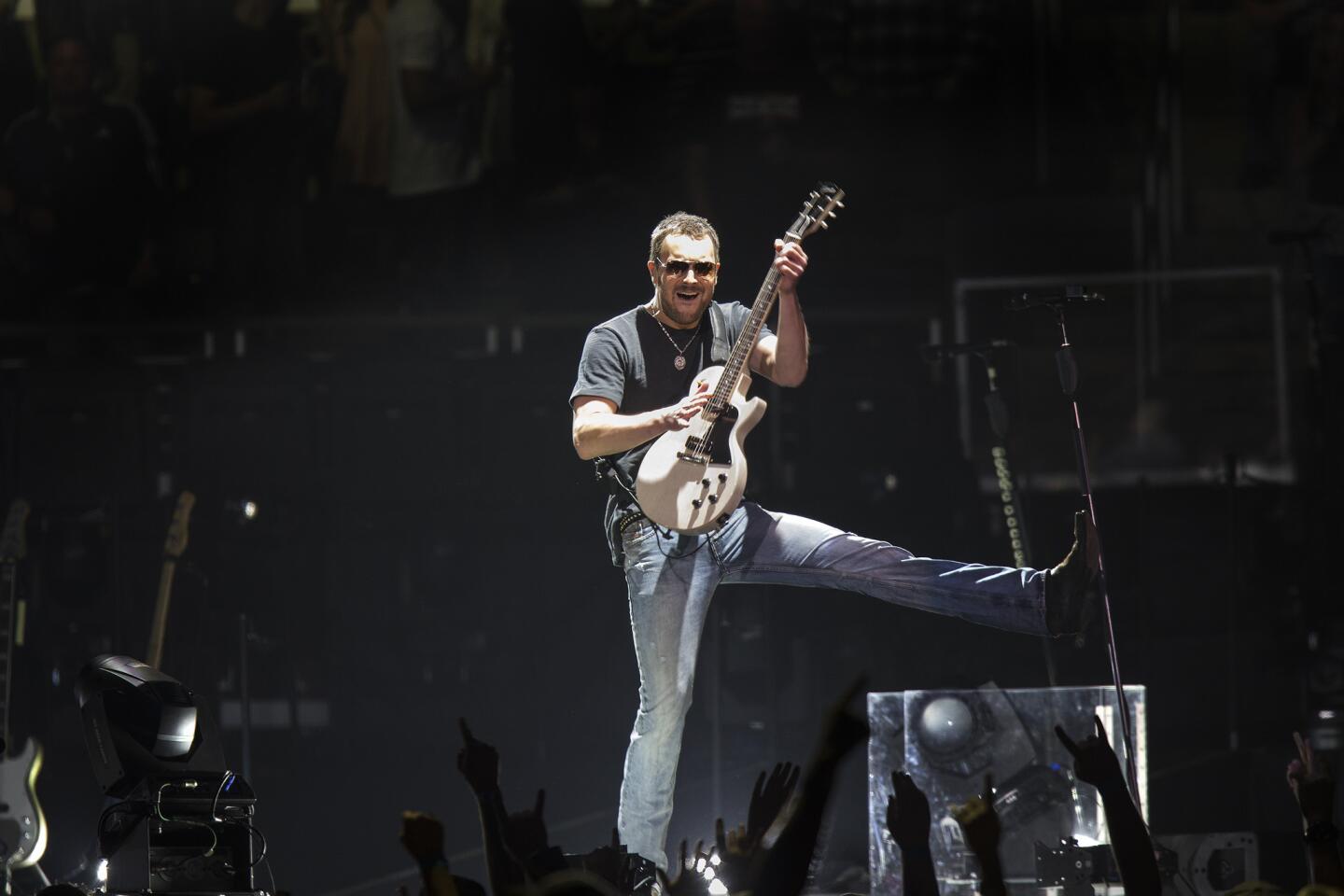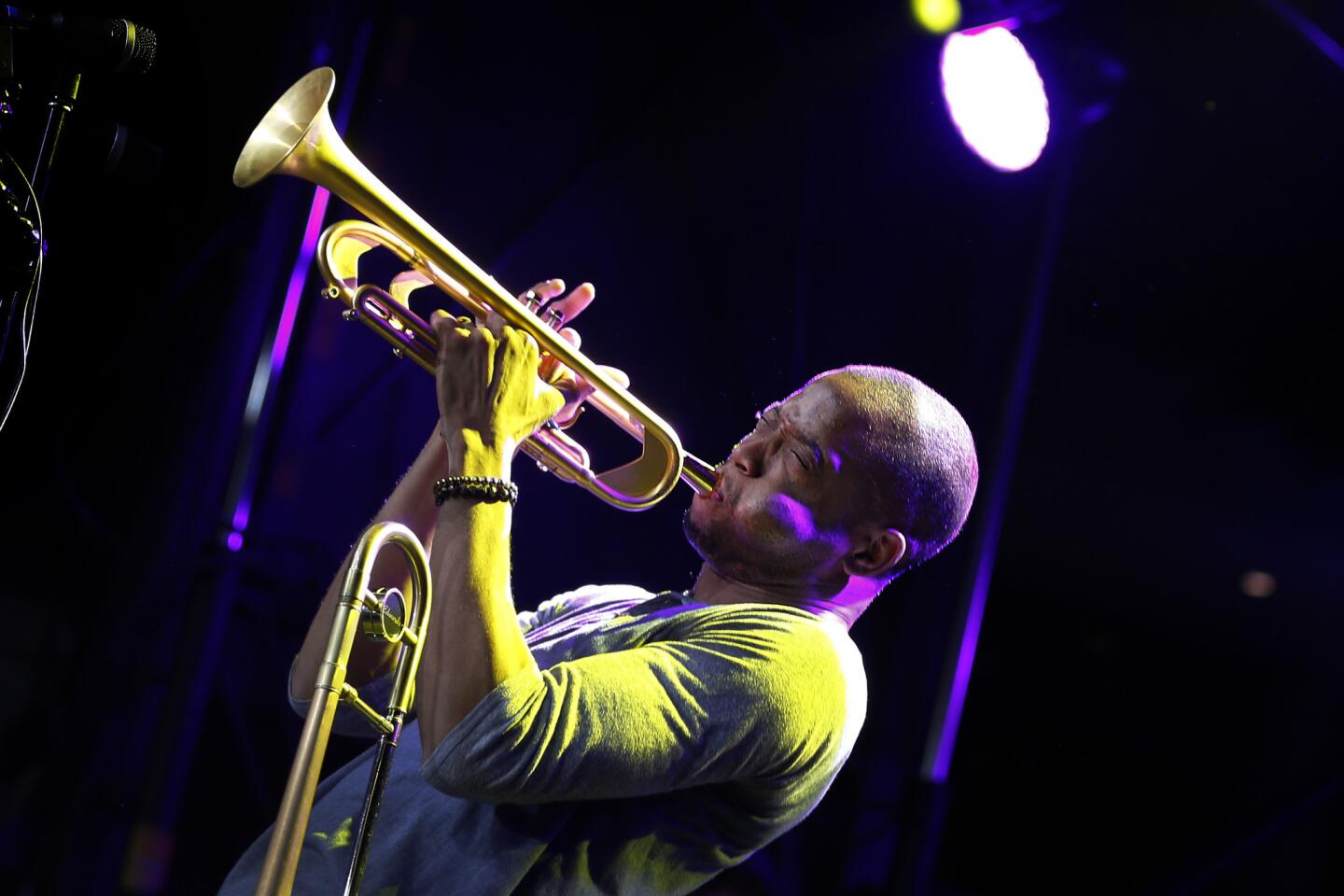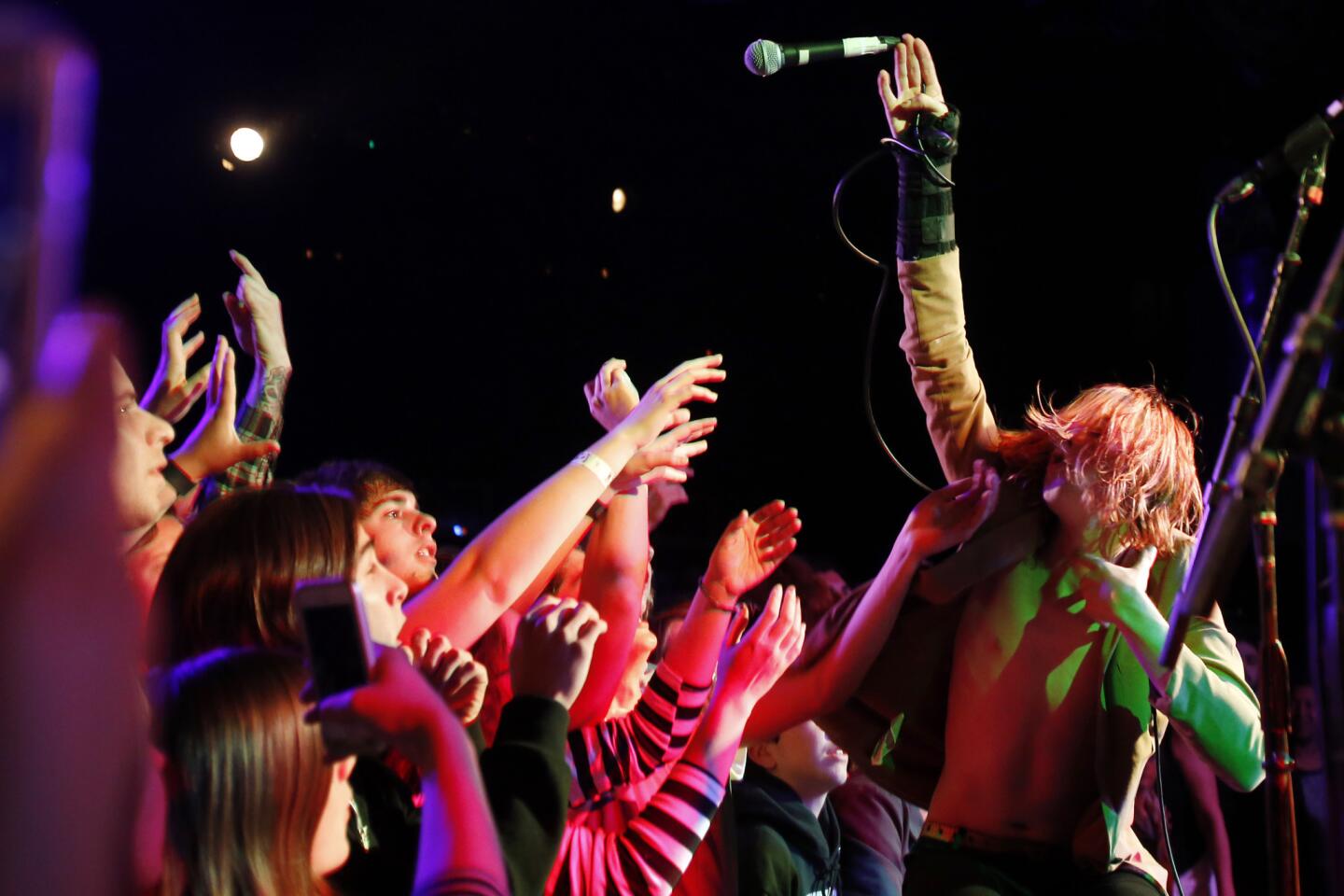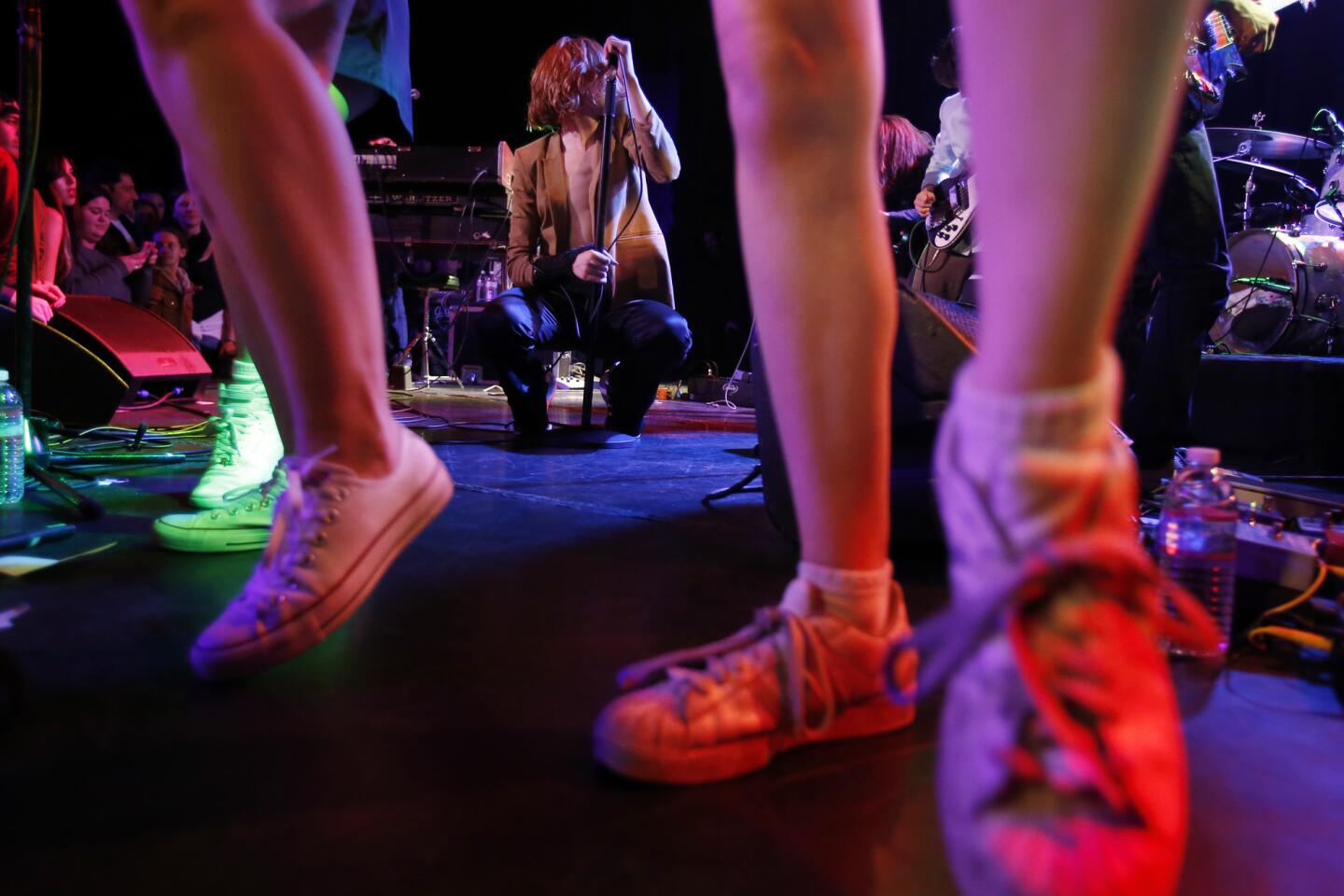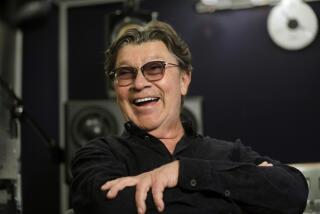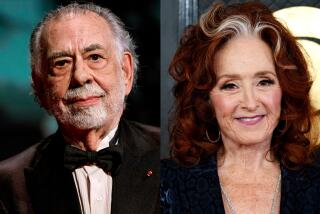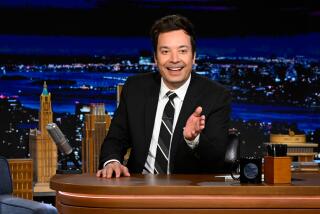Take a look at the roster of talent for the Frank Sinatra TV special on CBS Sunday night, and you might wonder if there was a mistake somewhere.
Sure, Tony Bennett and Harry Connick Jr. are on the bill. But what are Adam Levine, Zac Brown and Garth Brooks doing here?
Turns out, the diversity of the talent lineup for “Sinatra 100: An All-Star Grammy Concert,” airing Sunday at 9 p.m., is precisely the point of this homage to the singer from Hoboken, N.J., known both as “Ol’ Blue Eyes” and “The Chairman of the Board.”
“He really created the greatest school of popular singing and made it possible for all of us to have a great living doing this,” Bennett, 89, said by phone from Las Vegas this week shortly before the taping of the show at the Wynn Encore Theater.
Bennett is the singer who was closest to Sinatra, personally and musically, among the show’s performers, also including Alicia Keys, Celine Dion, John Legend, Carrie Underwood, Seth MacFarlane, Trisha Yearwood and Juanes. He came along about a decade after Sinatra and, like most pop singers who emerged in his wake, considered Sinatra the standard to which they aspired.
“He was the biggest influence on me — him and Ella [Fitzgerald] and Nat King Cole,” Bennett said. “He was my tremendous idol, and then became my best friend right through the years.”
Although most directly associated with the pre-rock era songs of 1930s and ’40s -- and lyricists and composers such as Cole Porter, George and Ira Gershwin, Jerome Kern and Richard Rodgers -- Sinatra also kept up with the times as he continued performing into the ’50s, ’60s, ’70s and ’80s, recording songs written by the Beatles, Paul Simon and other rock songwriters.
“Sinatra’s reach cuts across all aspects and areas of popular music,” said Robert Santelli, executive director of the Grammy Museum in Los Angeles, which has organized the official Sinatra centennial exhibition currently at the facility. “I’ve not come across anybody of substance or celebrity status that says Sinatra didn’t impact them in one way or another.”
In fact, Robert Christgau, the dean of American rock music critics, called Sinatra “the greatest singer of the 20th century.” Sinatra, who was born Dec. 12, 1915, in Hoboken and died in 1998 at age 82, collected nine Grammy Awards -- even though the industry honor was established in 1958, after the initial wave of Sinatra’s fame had passed.
1/12
Mementos from fans are neatly displayed, including those from the fan club by the name of Bobbie Socks, at the Frank Sinatra exhibition at Grammy Museum in downtown L.A.
(Anne Cusack / Los Angeles Times) 2/12
In the short film “The House I Live In,” Frank Sinatra lines up against racial oppression and religious intolerance. He won a special Oscar for the movie.
(Anne Cusack / Los Angeles Times) 3/12
This is a Frank Sinatra art studio, with several of his paintings. In the photo at left, he teaches his granddaughter, AJ, how to paint.
(Anne Cusack / Los Angeles Times) 4/12
A glimpse at just a few of the many awards earned by Frank Sinatra.
(Anne Cusack / Los Angeles Times) 5/12
Photos from different times in Frank Sinatra’s life glow from within.
(Anne Cusack / Los Angeles Times) 6/12
A photograph from 1945 of Frank Sinatra sits next to a photograph of his first wife, Nancy.
(Anne Cusack / Los Angeles Times) 7/12
Billie Holiday’s fox stole sits pretty along with a black-and-white photo of the female singer.
(Anne Cusack / Los Angeles Times) 8/12
Here we see the T-shirts worn by Frank Sinatra’s grandchildren.
(Anne Cusack / Los Angeles Times) 9/12
This record was presented to daughter Nancy Sinatra to commemorate the sale of more than 1 million copies of the Reprise Record’s pop single record “Something Stupid,” which she sang with her father.
(Anne Cusack / Los Angeles Times) 10/12
An exhibit of the Rustic Cabin, left, where Frank Sinatra worked as a waiter and would sometimes sing. It is the place where musician Harry James heard young Sinatra sing in July 1939.
(Anne Cusack / Los Angeles Times) 11/12
In one case is the hat and pipe of Frank Sinatra’s pal Bing Crosby along with a metal acetate record.
(Anne Cusack / Los Angeles Times) 12/12
A trio of abums from Frank Sinatra’s Capitol Records days line the wall.
(Anne Cusack / Los Angeles Times) Santelli noted equal measures of artistry and entertainment reflected in Sinatra’s recordings, his live performances and film career — which makes the connection a little more relevant to a country superstar such as Brooks, a Latin pop dynamo like Juanes or an R&B-pop singer such as Keys.
“Today, of course, music has become so diverse,” Santelli said. “But there are common denominators. One of them is being a great entertainer, another is being a great vocalist, and Sinatra was both.
“Whether you sing country, blues, pop or even hip-hop,” Santelli said, “what Sinatra represented as an entertainer and what he demonstrated in his vocal genius and artistry, no matter where you come from on the pop spectrum, he set the standard.”
Indeed, the shadow Sinatra casts across the musical landscape is so large that his daughter, Tina, said some musicians who were approached to take part in the TV special declined.
“What was impressive to me,” Sinatra’s youngest daughter said Thursday after the taping of the concert, “one, is that those who did come on board were interested and willing to do it, and two, that they each found a way to put their own mark on the songs.
“Alicia Keys was working on ‘I’ve Got a Crush on You,’ and she called [show producer] Ken Ehrlich after a couple of weeks and told him, ‘I just don’t think I can do it well.’ But if you watch the show Sunday night, you’re going to scratch your head wondering what she was talking about,” Tina said. “They all, I’m sure, struggled at one point, and probably thought they should have picked another song.”
Recording Academy President Neil Portnow said the challenge in mounting the Sinatra show is that “you try to turn theory into reality. We could sit down and put together a list of repertoire from Frank over the course of his career and try to figure out what’s going to make for a great two hours, and that in itself is difficult.”
“Then you can start a list of artists you think could do a great job with that,” he said. “But the fact of the matter is, with many, many artists, you don’t know how that’s going to work until you get there. It’s not something you’ve heard them do. Some are interested, some are totally intimidated: ‘You’re kidding—you want me to sing something of Frank’s?’ Inevitably you’ll see the comparisons.
“So the theory of it is one thing. The reality is another,” Portnow said. “Then to see them hit it out of the park — and I think you’ll see a lot of that on Sunday — and not only come off the stage with a smile, but to see them enjoying the moment, pleased to be there and pleased at what they were able to accomplish in this very unique project … I’m feeling a little like a proud papa.”
One facet of the performances during Sunday’s two-hour special is that the house band, led by Grammy-winning musician and producer Don Was, is using the original arrangements written for Sinatra by such respected arrangers as Nelson Riddle, Gordon Jenkins, Don Costa and Quincy Jones.
“The show is an amazing journey through Frank Sinatra’s music,” Was said in a statement.
1/82
Madonna performs at the Forum in Inglewood on Oct. 27, 2015. Read the review.
(Genaro Molina / Los Angeles Times) 2/82
Don Henley performs at the Forum in Inglewood on Oct. 9, 2015. Read the review.
(Katie Falkenberg / Los Angeles Times) 3/82
Los Lobos perform at El Gallo Plaza in East Los Angeles on Sept. 29, 2015. Read the review.
(Genaro Molina / Los Angeles Times) 4/82
Silversun Pickups perform at the Hollywood Forever Cemetery Masonic Lodge on Sept. 28, 2015. Read the review.
(Lawrence K. Ho / Los Angeles Times) 5/82
R. Kelly, cigar and mike in hand, performs at the Forum in Inglewood on Oct. 10. Read the Times review.
(Axel Koester / For the Los Angeles Times) 6/82
Grace Jones in concert at the Hollywood Bowl in Los Angeles on Sep. 27.
(Lawrence K. Ho / Los Angeles Times) 7/82
Lauryn Hill performs at the Greek Theatre on Sept. 14, 2015. Read the review.
(Lawrence K. Ho / Los Angeles Times) 8/82
Little Big Town band member Phillip Sweet performs at the Greek Theatre in Los Angeles on Sept. 10.
(Luis Sinco / Los Angeles Times) 9/82
Miguel performs at the Hollywood Forever Cemetery on Sept. 4, 2015. Read the review.
(Robert Gauthier / Los Angeles Times) 10/82
D’Angelo and the Vanguard performs at FYF Fest at Exposition Park on Aug. 23, 2015. Read the review.
(Christina House / For The Times) 11/82
Morrissey takes the stage at FYF Fest on Aug. 23, 2015. Read the review.
(Christina House / For The Times) 12/82
Solange onstage at FYF Fest on Aug. 23, 2015.
(Christina House / For The Times) 13/82
FKA Twigs performs at FYF Fest at Exposition Park on Aug. 23, 2015.
(Christina House / For The Times) 14/82
Kanye West performs during FYF Fest on Aug. 22.
(Francine Orr / Los Angeles Times) 15/82
Jehnny Beth performs with Savages at FYF Fest on Aug. 22, 2015.
(Francine Orr / Los Angeles Times) 16/82
Taylor Swift performs at Staples Center in August.
(Brian van der Brug / Los Angeles Times) 17/82
Shania Twain at Staples Center in Los Angeles on Aug. 20.
(Francine Orr / Los Angeles Times) 18/82
Aretha Franklin at the Microsoft Theatre in Los Angeles on Aug. 2.
(Lawrence K. Ho / Los Angeles Times) 19/82
The Weeknd performs during Hard Summer at the Fairplex in Pomona on Aug. 1, 2015. Read the review.
(Luis Sinco / Los Angeles Times) 20/82
Mötley Crüe celebrates the end of another concert, at the Matthew Knight Arena in Eugene, Ore., on July 22.
(Genaro Molina / Los Angeles Times) 21/82
John Famiglietti, left, front man Jake Duzsik, and Jupiter Keyes of the L.A. experimental band Health performing at the Echo in Los Angeles on July 22, 2015.
(Lawrence K. Ho / Los Angeles Times) 22/82
Ben Gibbard of Death Cab for Cutie performing at the Hollywood Bowl on July 12.
(Lawrence K. Ho / Los Angeles Times) 23/82
Kendrick Lamar performing at the BET Experience at Staples Center on June 27.
(Luis Sinco / Los Angeles Times) 24/82
Underworld performs at the Hollywood Bowl on June 21. Read the review.
(Lawrence K. Ho / Los Angeles Times) 25/82
Brian Wilson at the Greek Theater on Saturday, June 20. It was also his 73rd birthday.
(Michael Robinson Chávez / Los Angeles Times) 26/82
D’Angelo performs at Club Nokia on June 8, 2015. Read the review.
(Lawrence K. Ho / Los Angeles Times) 29/82
Ciara performs at Club Nokia on May 30, 2015.
(Michael Robinson Chávez / Los Angeles Times) 30/82
U2 guitarist The Edge, left, and lead singer Bono perform at the Forum on Tuesday, May 26. It was the first night of five at the venue.
(Michael Robinson Chavez / Los Angeles Times) 31/82
Guitarist Ron Wood, singer Mick Jagger, drummer Charlie Watts and guitarist Keith Richards of the Rolling Stones play Petco Park in San Diego on May 24, on the opening night of their 2015 American tour.
(Rick Loomis / Los Angeles Times) 32/82
Neil Diamond performs at the Hollywood Bowl on Saturday, May 23, 2015.
(Allen J. Schaben / Los Angeles Times) 33/82
Steve Aoki, EDM DJ, producer and recording artist, performs on Broadway between 4th and 6th streets in downtown Los Angeles, May 16, 2015.
(Jay L. Clendenin / Los Angeles Times) 34/82
Rapper Big Sean performs at Rock in Rio in Las Vegas on May 16.
(Luis Sinco / Los Angeles Times) 36/82
Sia performs during the Wango Tango concert at the StubHub Center on May 9, 2105, in Carson.
(Gina Ferazzi / Los Angeles Times) 37/82
Justin Bieber performs during the Wango Tango concert at the StubHub Center on May 9, 2105, in Carson.
(Gina Ferazzi / Los Angeles Times) 38/82
Kanye West performs in shadowy lights during the Wango Tango concert at the StubHub Center on May 9, 2105, in Carson.
(Gina Ferazzi / Los Angeles Times) 39/82
Ne-Yo performs in front of a full house during the Wango Tango concert at the StubHub Center on May 9, 2105, in Carson.
(Gina Ferazzi / Los Angeles Times) 40/82
Nick Jonas performs during the Wango Tango concert at the StubHub Center on May 9, 2105 in Carson.
(Gina Ferazzi / Los Angeles Times) 41/82
James Hatfield fronts Metallica at the Rock in Rio Festival in Las Vegas on May 9.
(Luis Sinco / Los Angeles Times) 42/82
Chester Bennington and Linkin Park play the Rock in Rio fest in Las Vegas on May 9.
(Luis Sinco / Los Angeles Times) 43/82
Tim McIlrath, lead singer for the Chicago-based, melodic hardcore band Rise Against, wades into the crowd at Rock in Rio on May 9.
(Luis Sinco / Los Angeles Times) 44/82
Gwen Stefani fronts No Doubt at Rock in Rio in Las Vegas on May 8.
(Luis Sinco / Los Angeles Times) 45/82
Janet Weiss, left, and Corin Tucker perform during the
Sleater-Kinney concert at the Palladium in Hollywood on April 30.
(Lawrence K. Ho / Los Angeles Times) 46/82
Carrie Brownstein performs during the
Sleater-Kinney concert at the Palladium in Hollywood on April 30.
(Lawrence K. Ho / Los Angeles Times) 47/82
Swedish-born soft-indie-rock artist
Jose Gonzalez performs at the Regent on April 30.
(Adam Della / For The Times) 49/82
Bassist Dusty Hill, left, and guitarist Billy Gibbons of ZZ Top perform on the Palomino Stage at the
Stagecoach Country Music Festival on April 25.
(Allen J. Schaben / Los Angeles Times) 51/82
Rumer performs at the Masonic Lodge at Hollywood Forever Cemetary in Hollywood on April 23.
(Lawrence K. Ho / Los Angeles Times) 52/82
Kanye West makes a surprise appearance during the Weeknd’s performance at the
Coachella Valley Music and Arts Festival on April 18.
(Marcus Yam / Los Angeles Times) 53/82
Marina and the Diamonds perform at the Coachella Valley Music and Arts Festival on April 18. (Marcus Yam / Los Angeles Times)
54/82
FKA Twigs performs at the Coachella Valley Music and Arts Festival on April 18. (Marcus Yam / Los Angeles Times)
55/82
Barry Manilow performs at the Staples Center on April 14.
(Michael Robinson Chavez / Los Angeles Times) 56/82
Florence + The Machine perform during the
Coachella Valley Music and Arts Festival on April 12.
(Marcus Yam / Los Angeles Times) 58/82
El-P, left, and Killer Mike of
Run The Jewels perform at the
Coachella Valley Music and Arts Festival on April 11.
(Luis Sinco / Los Angeles Times) 59/82
Brittany Howard of
Alabama Shakes performs at the
Coachella Valley Music and Arts Festival on April 10.
(Brian van der Brug / Los Angeles Times) 60/82
Ariana Grande performs at the Forum in Inglewood, April 8, 2015.
(Lawrence K. Ho / Los Angeles Times) 61/82
Rivers Cuomo of Weezer performs with his band at Burgerama on March 28. Weezer was one of the headliners for the two-day festival at Santa Ana’s Observatory.
(Katie Falkenberg / Los Angeles Times) 62/82
Lead singer Zac Carper of FIDLAR performs with his band at Burgerama, the two-day Santa Ana festival thrown by OC DIY impresarios Burger Records.
(Katie Falkenberg / Los Angeles Times) 63/82
Experimental artist Lustmord makes his Los Angeles debut on March 21 at the Masonic Lodge at Hollywood Forever.
(Katie Falkenberg / Los Angeles Times) 64/82
R&B singer Chris Brown performs at the Forum in Inglewood. The March 8 show was a stop on his tour with Trey Songz and Tyga.
(Lawrence K. Ho / Los Angeles Times) 65/82
Trey Songz performs at the Forum on March 8.
(Lawrence K. Ho / Los Angeles Times) 66/82
Alan Jackson performs at the Nokia Theatre on Feb. 27 as part of his
Keepin’ It Country tour.
(Katie Falkenberg / Los Angeles Times) 67/82
Brandy Clark performs as part of Alan Jackson’s
Keepin’ It Country tour at the Nokia Theatre on Feb. 27.
(Katie Falkenberg / Los Angeles Times) 68/82
Caribou performs at the Fonda Theater in Hollywood on Feb. 26.
(Michael Robinson Chavez / Los Angeles Times) 69/82
Roots rocker
Bob Seger performs at the Viejas Arena at San Diego State University on Feb. 25.
(Don Bartletti / Los Angeles Times) 70/82
Tegan and Sara perform with the Lonely Island during the 87th
Academy Awards on Feb. 22 at the Dolby Theatre in Hollywood.
(Robert Gauthier / Los Angeles Times) 71/82
Sarah Barthel of Phantogram performs at the
Air + Style concert and snowboarding event at the Rose Bowl in Pasadena on Feb. 21.
(Genaro Molina / Los Angeles Times) 72/82
Kendrick Lamar performs at the Air + Style concert and snowboarding event at the Rose Bowl in Pasadena on Feb. 21.
(Genaro Molina / Los Angeles Times) 73/82
John Legend performs during a rehearsal for “Stevie Wonder: Songs in the Key of Life - An All-Star Tribute” on Feb. 9 at Nokia Theatre in Los Angeles.
Read the review (Christina House / For The Times) 75/82
Madonna interacts with a dancer during the 57th Grammy Awards on Feb. 8.
Read the review (Robert Gauthier / Los Angeles Times) 77/82
Patti Smith at the Roxy on Feb. 2.
Read the review (Lawrence K. Ho / Los Angeles Times) 78/82
R&B singer Tinashe sings to a packed crowd at the El Rey Theatre on Jan. 22.
Read the review (Gina Ferazzi / Los Angeles Times) 79/82
Eric Church rocks the house while performing at Staples Center on Jan. 23.
Read the review (Gina Ferazzi / Los Angeles Times) 80/82
Trombone Shorty & Orleans Avenue performs at the Grand Plaza during the 2015 NAMM show at the Anaheim Convention Center on Jan. 22. (Allen J. Schaben / Los Angeles Times)
81/82
Sam France of Foxygen performs at the Roxy on Jan. 2.
Read the review (Francine Orr / Los Angeles Times) 82/82
Foxygen at the Roxy on Jan. 2. (Francine Orr / Los Angeles Times)
Performers will touch on the various phases of that journey, from his early years as a singer fronting the big bands of Tommy Dorsey and Harry James through his emergence as arguably the first teen idol because of the legions of girls and young women who swooned during his appearances, through his second career as an actor, and then later as an esteemed elder statesman of the golden age of popular music.
Bennett said he chose “I’ve Got the World on a String” for his portion of the salute because the 1932 song by Harold Arlen and Ted Koehler holds special meaning for him.
“I’d go see Sinatra when he was performing in London or New York or Los Angeles,” Bennett said. “Whenever or wherever he was performing I’d go see him. And for many years, that became his opening song, because he loved it so much.”
Bennett has sung the songs many times during his career, but he said this was the first time he’d used the same arrangement as his old friend and onetime musical idol.
“I just like the tempo of it,” he said. “They put a nice little jazz beat behind it. It really works wonderfully.
“There’s a great spirit in this show,” Bennett said. “It really reaffirms that he’s going to live forever. His songs will never sound old-fashioned. He always sang quality songs and was smart enough to know that no matter what year they’d be played in, they would never sound out of date.”
Follow @RandyLewis2 on Twitter. For more on Classic Rock, join us on Facebook.
